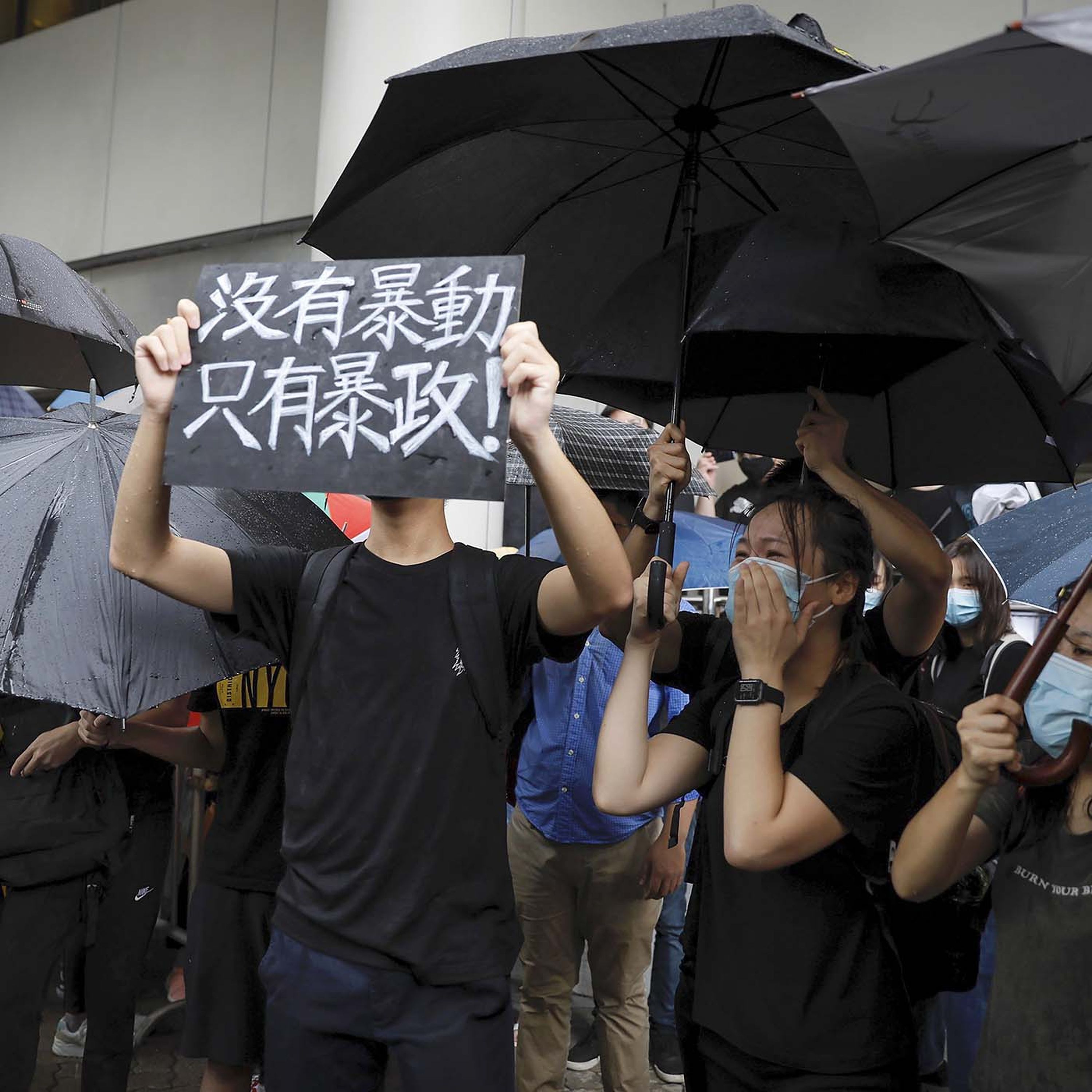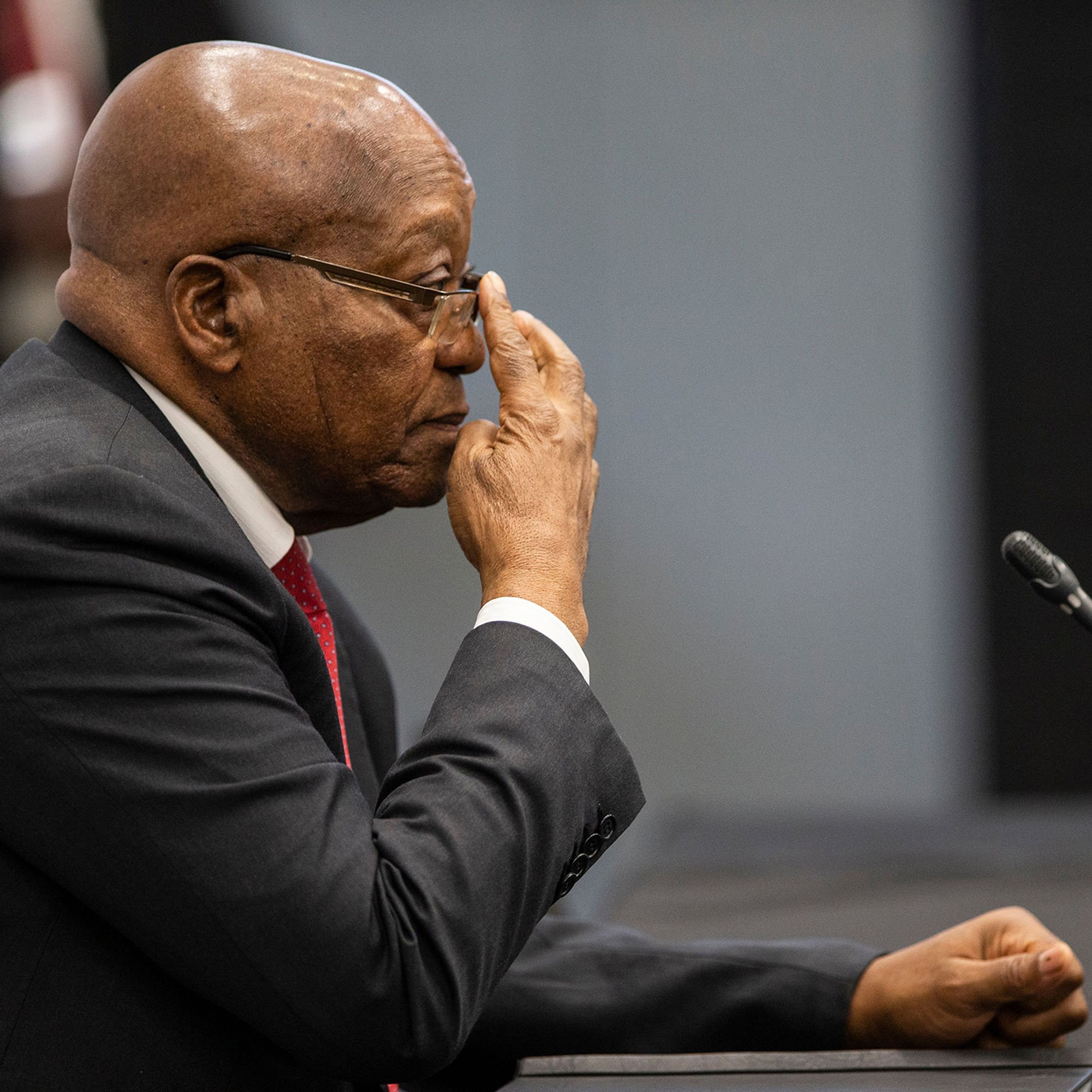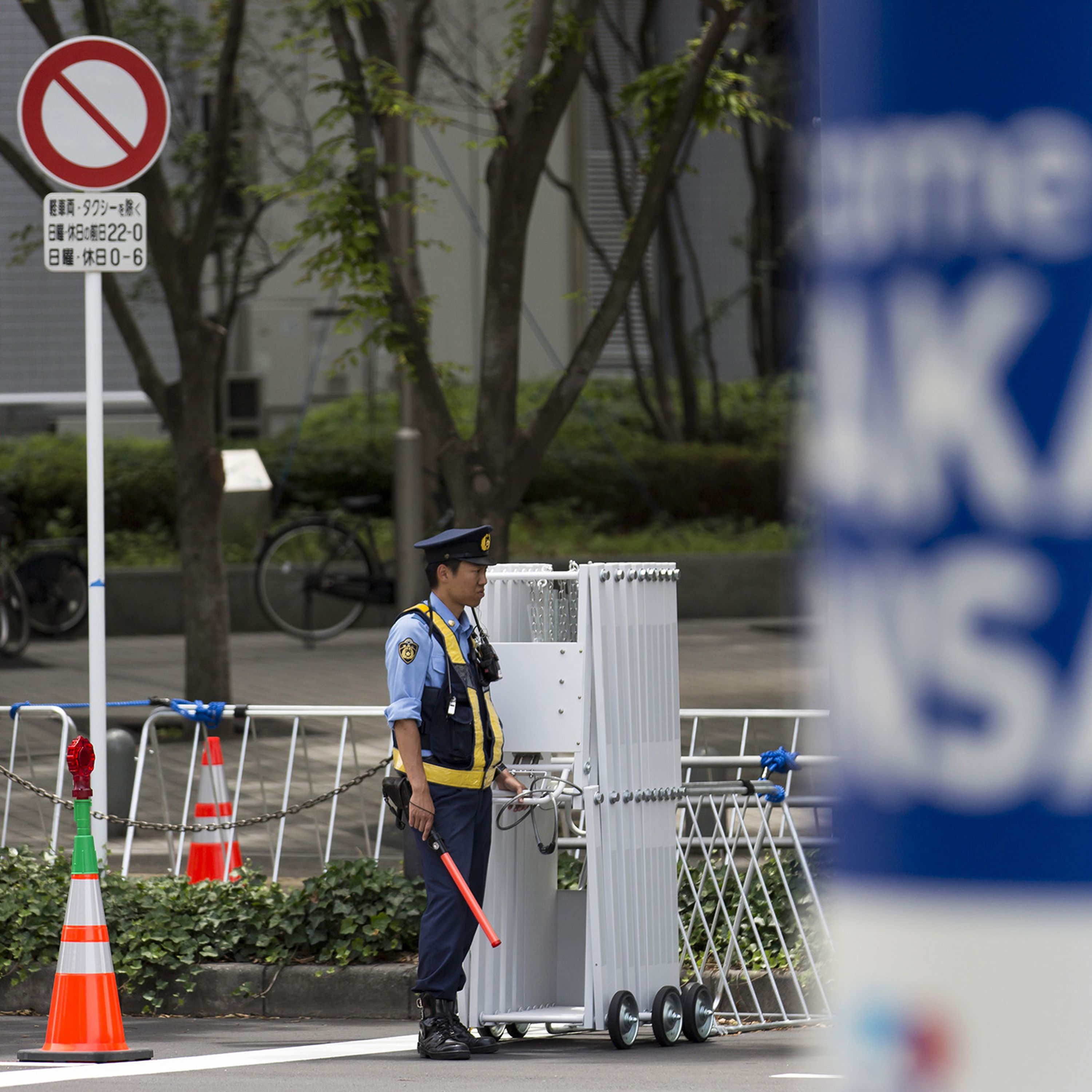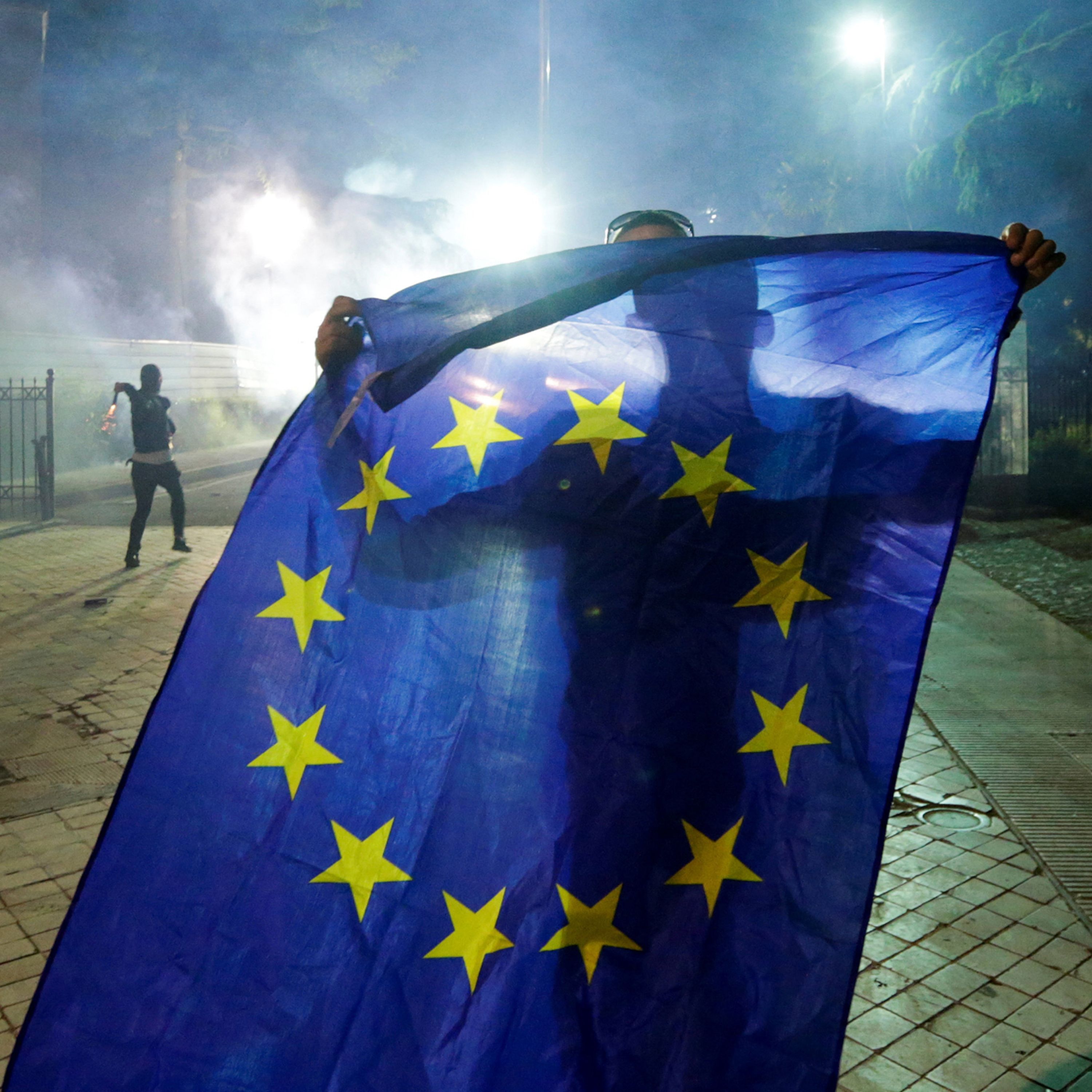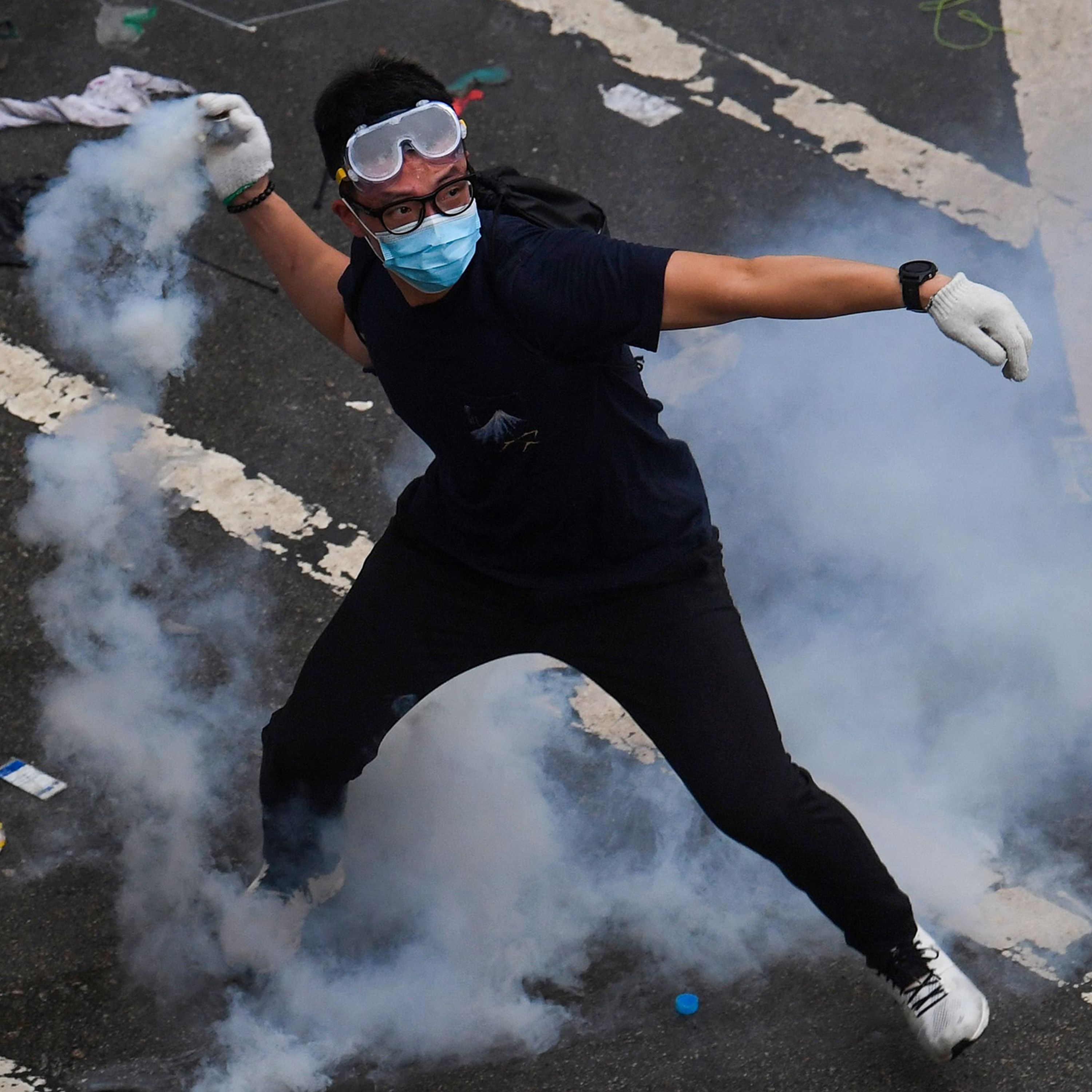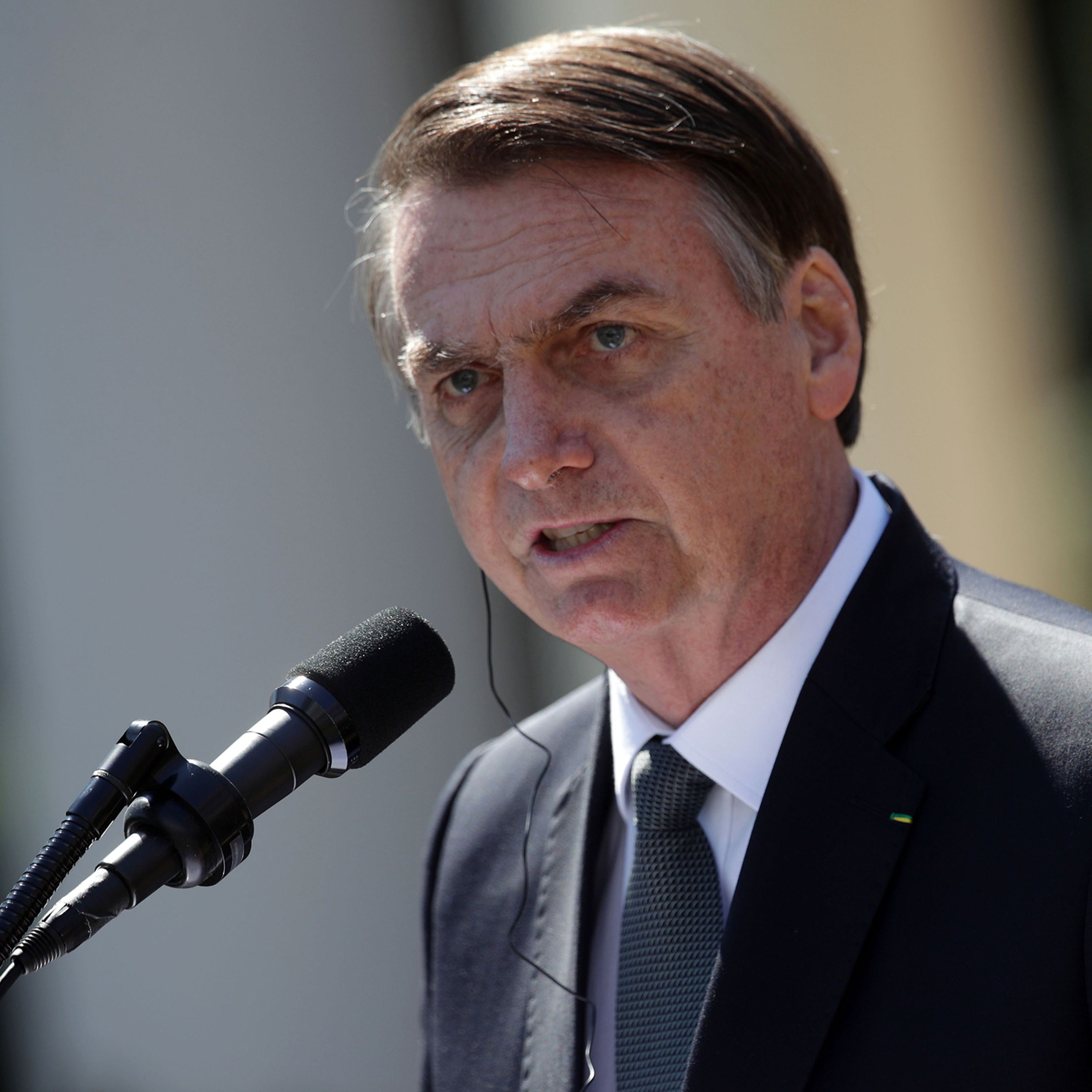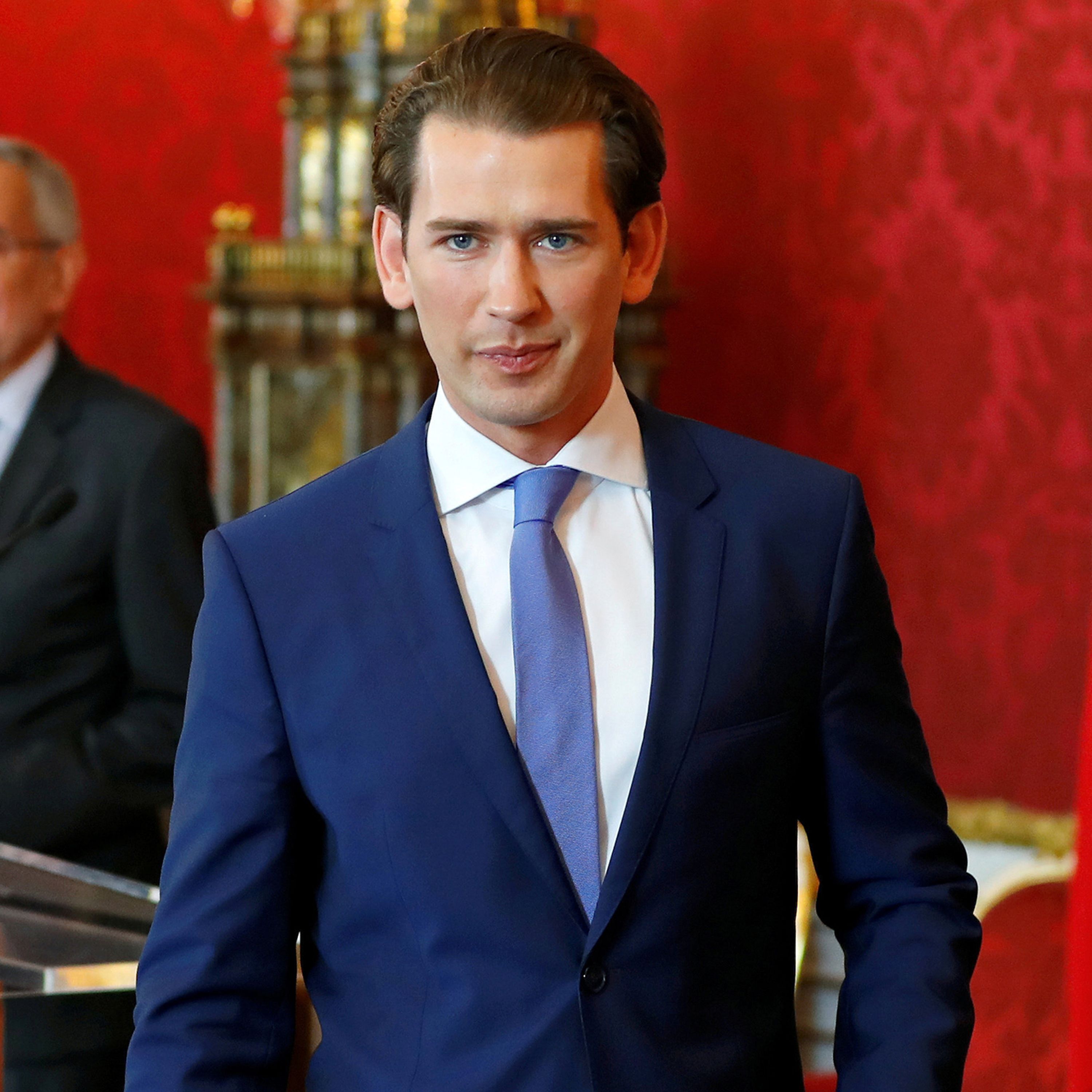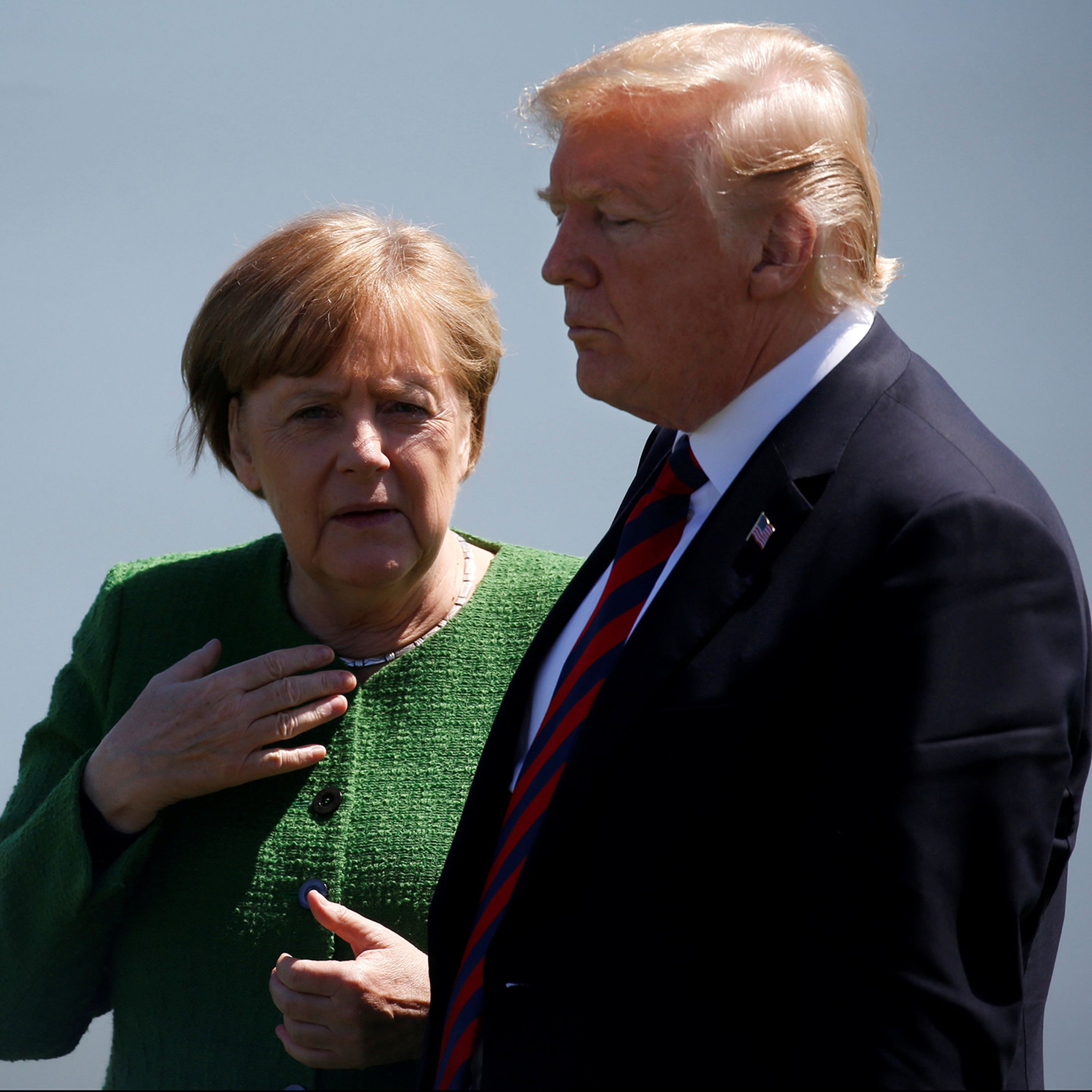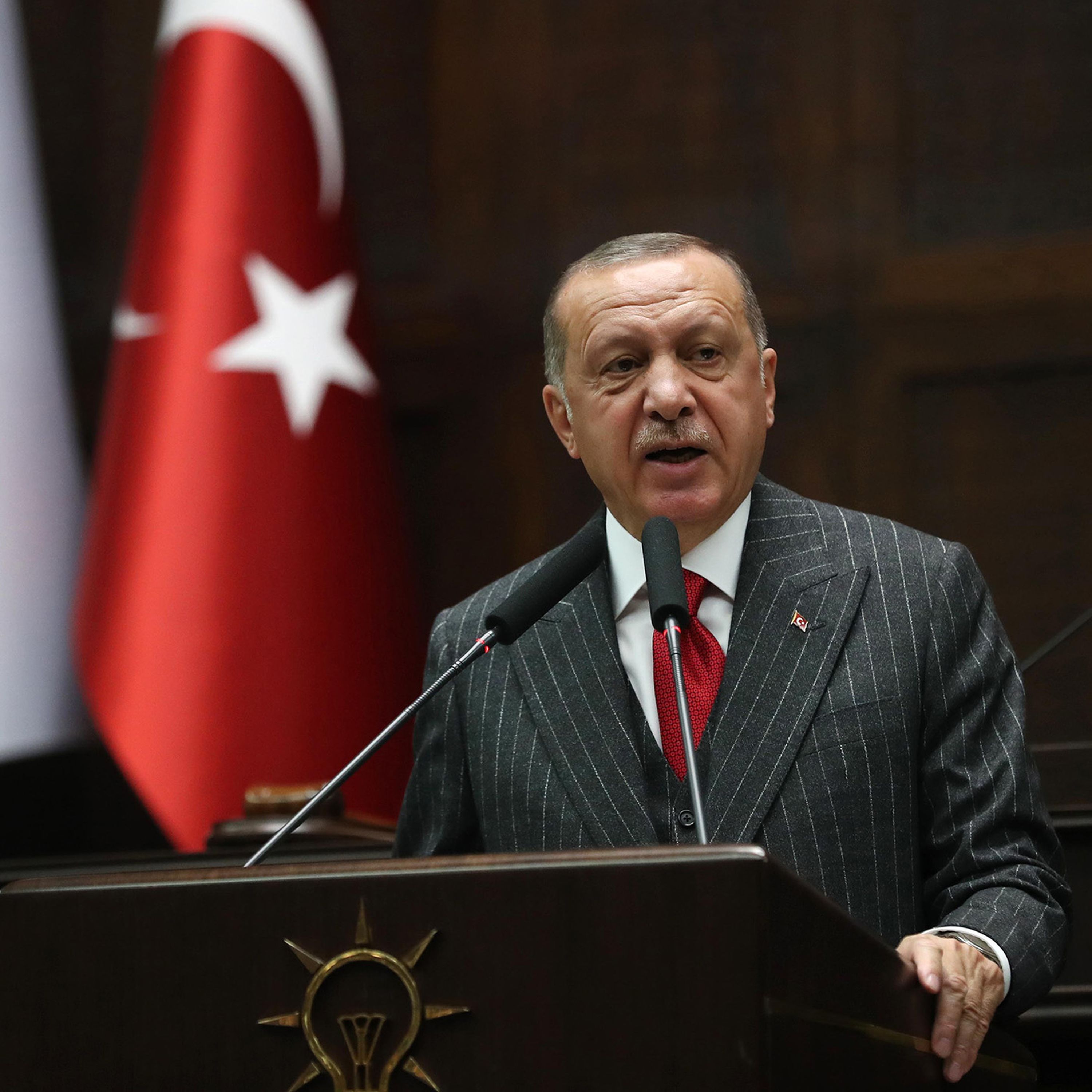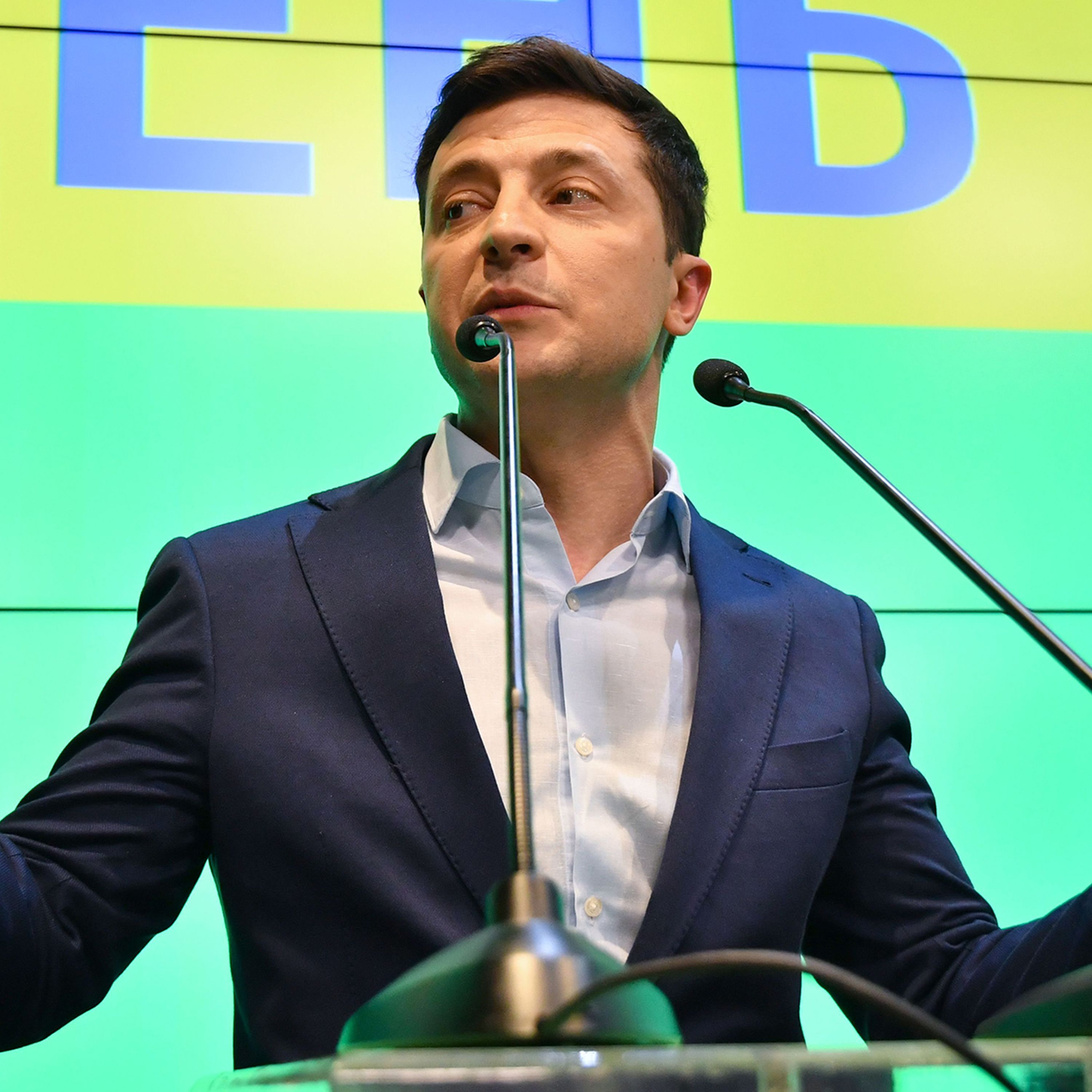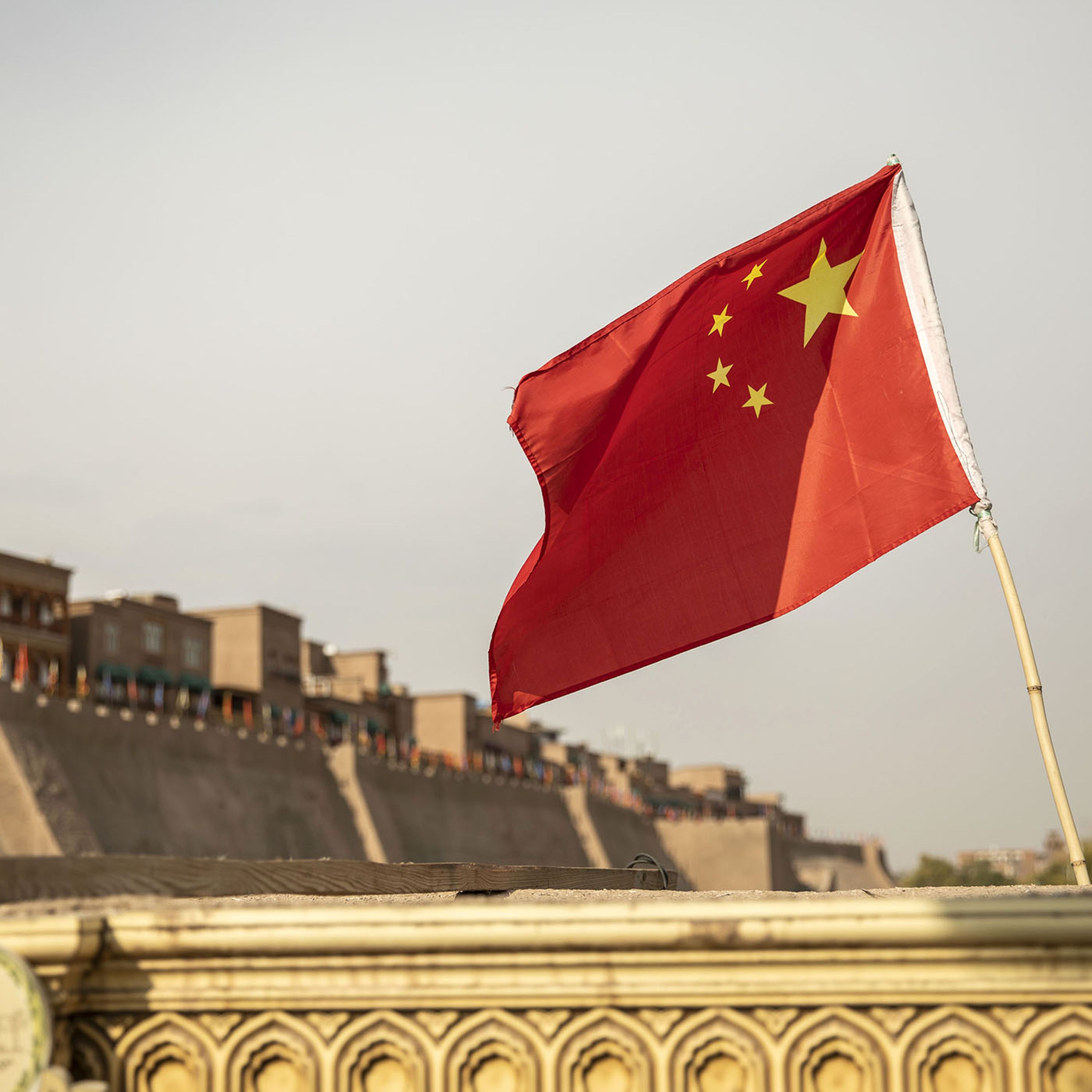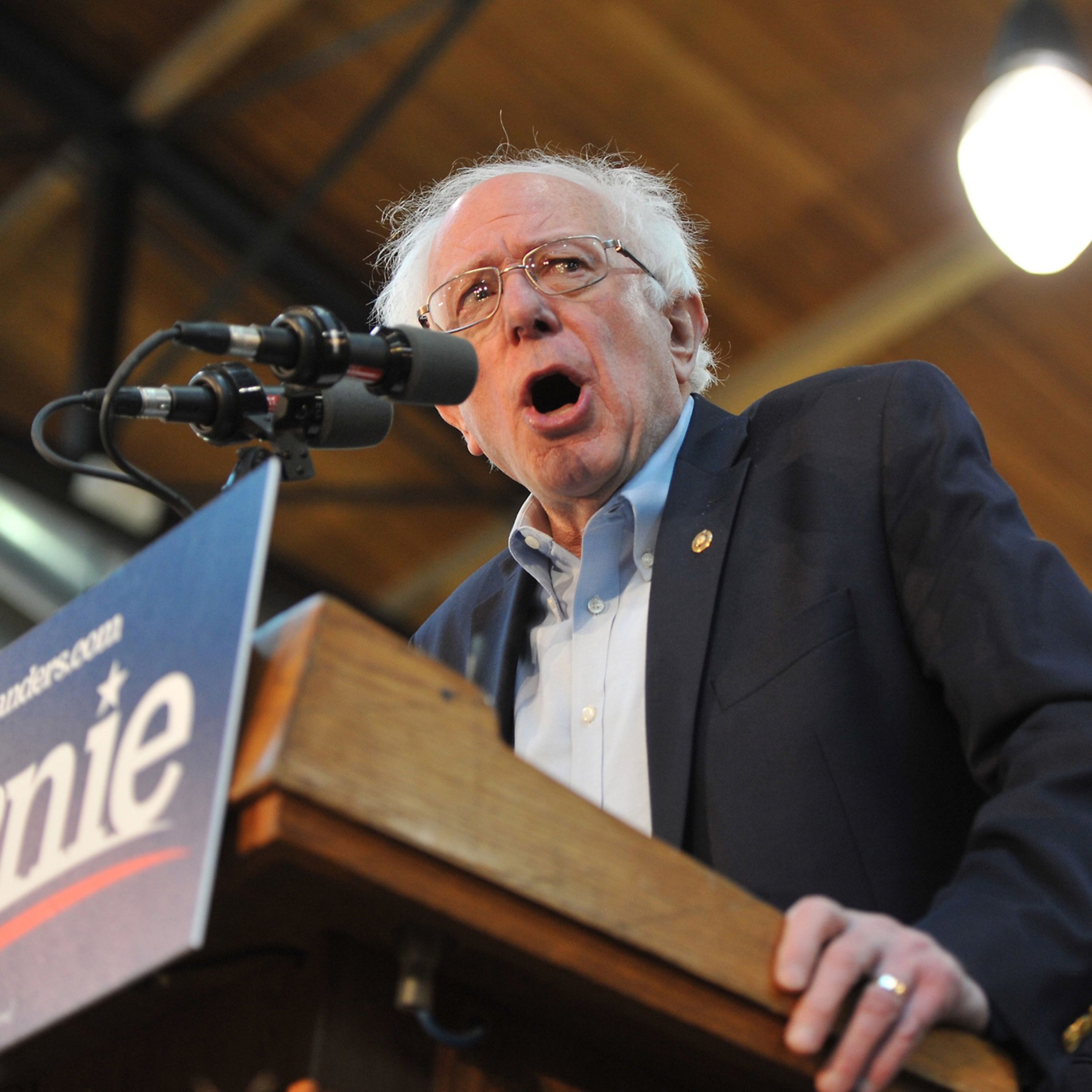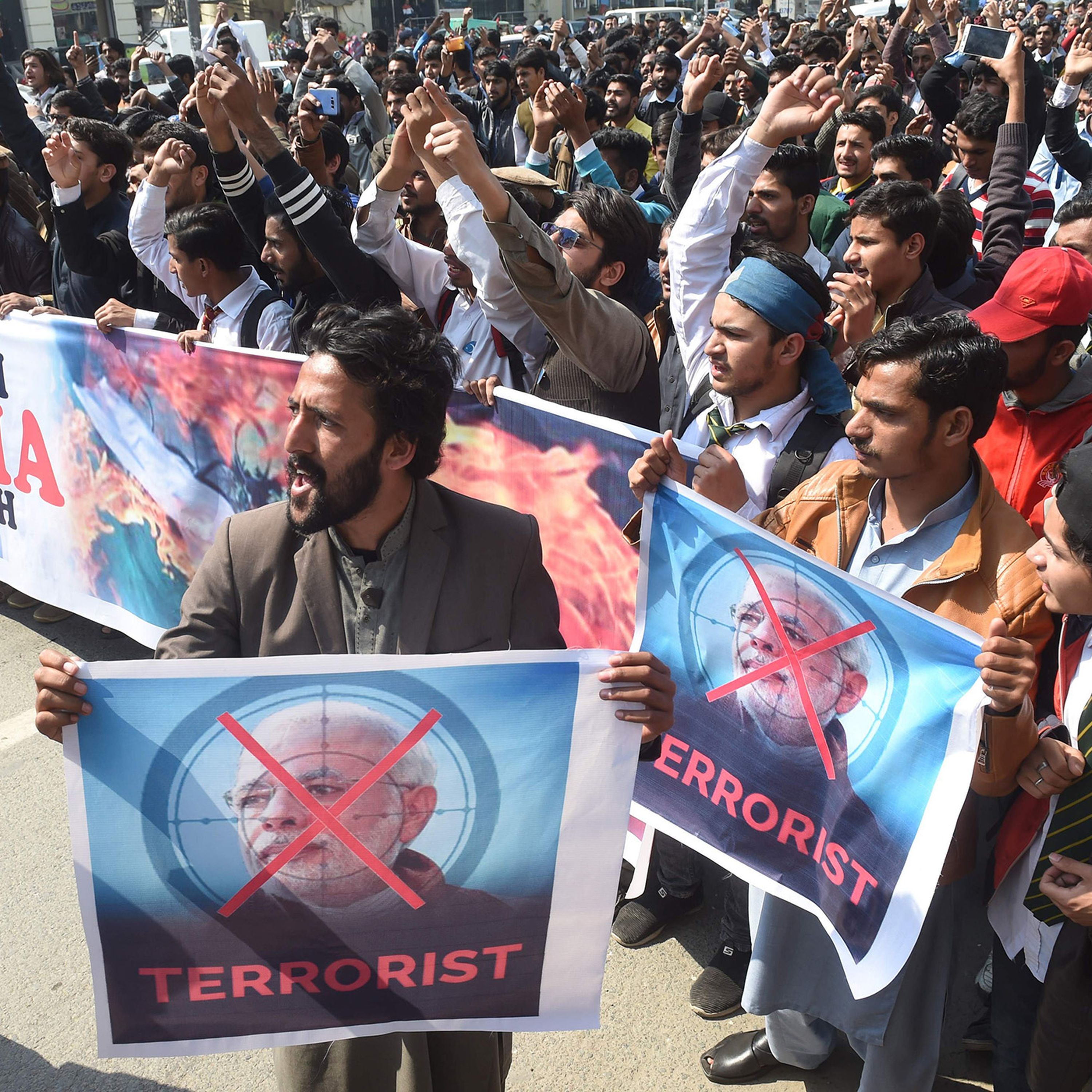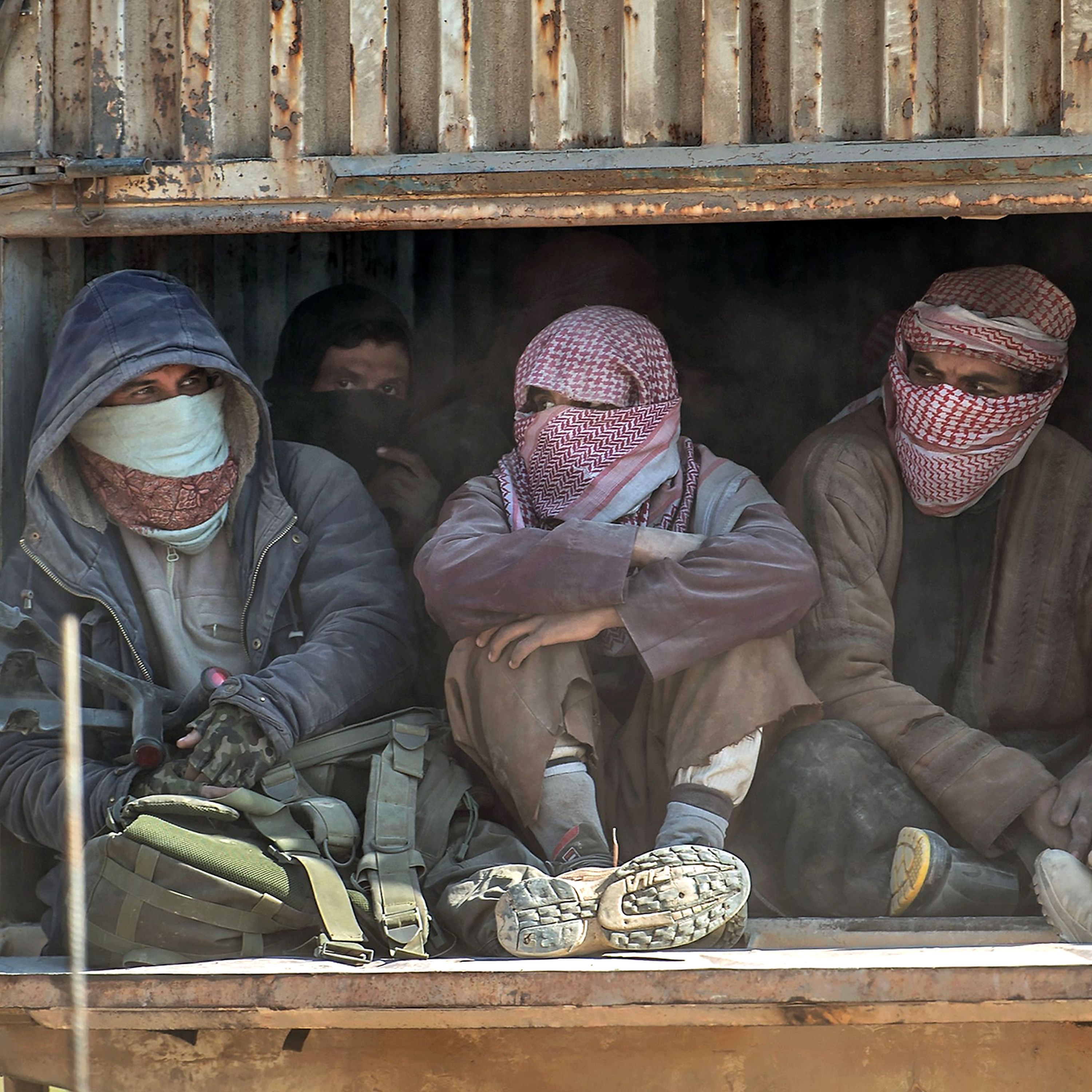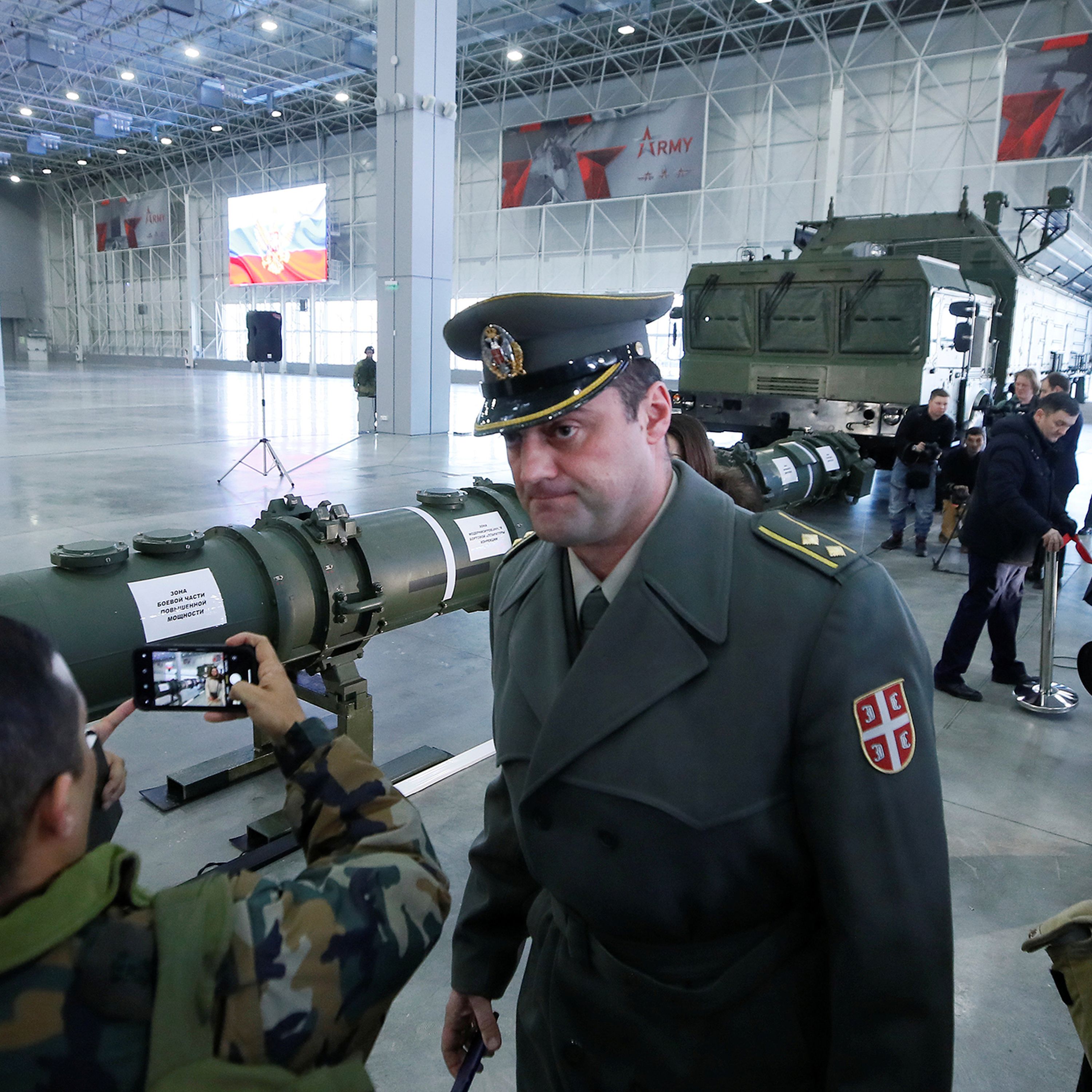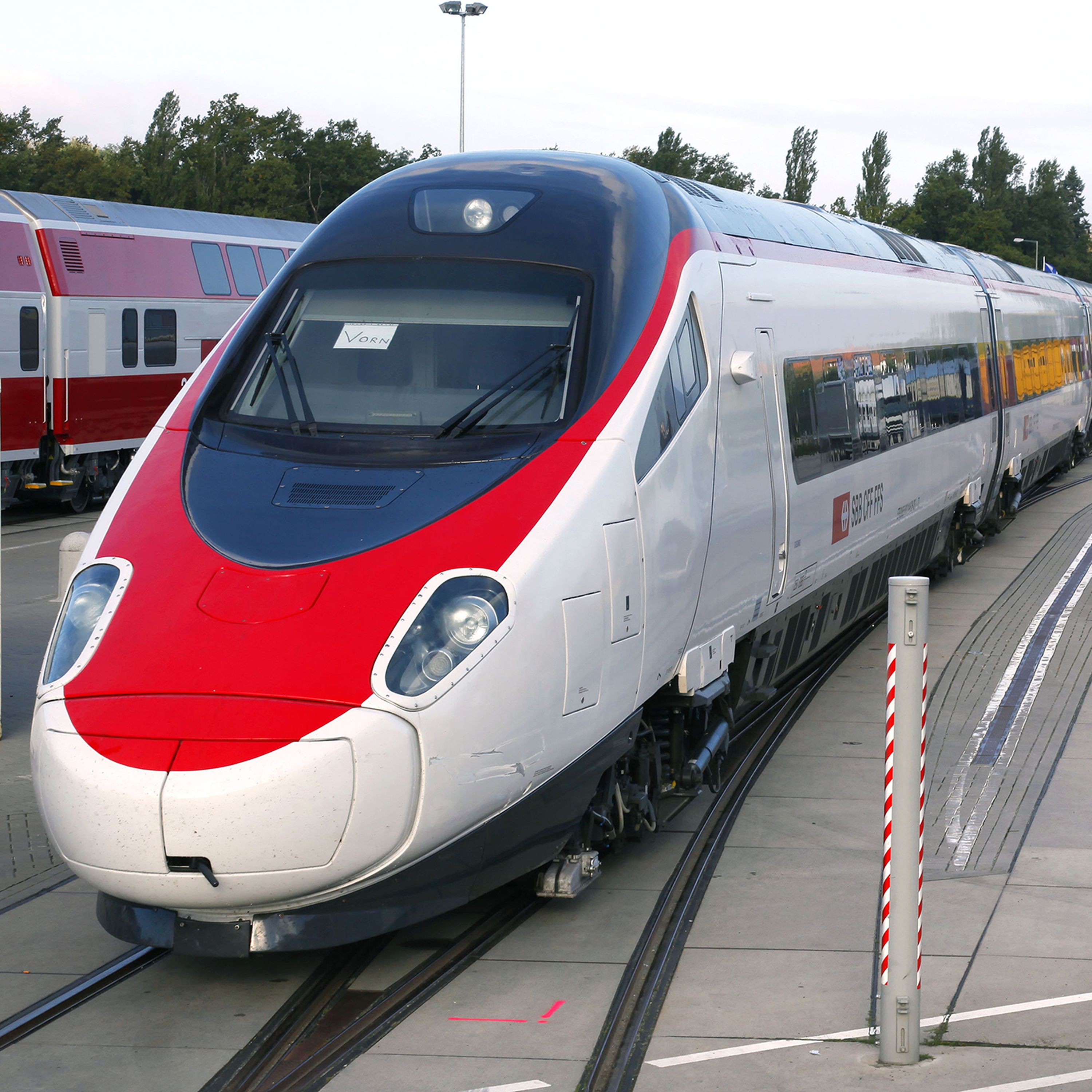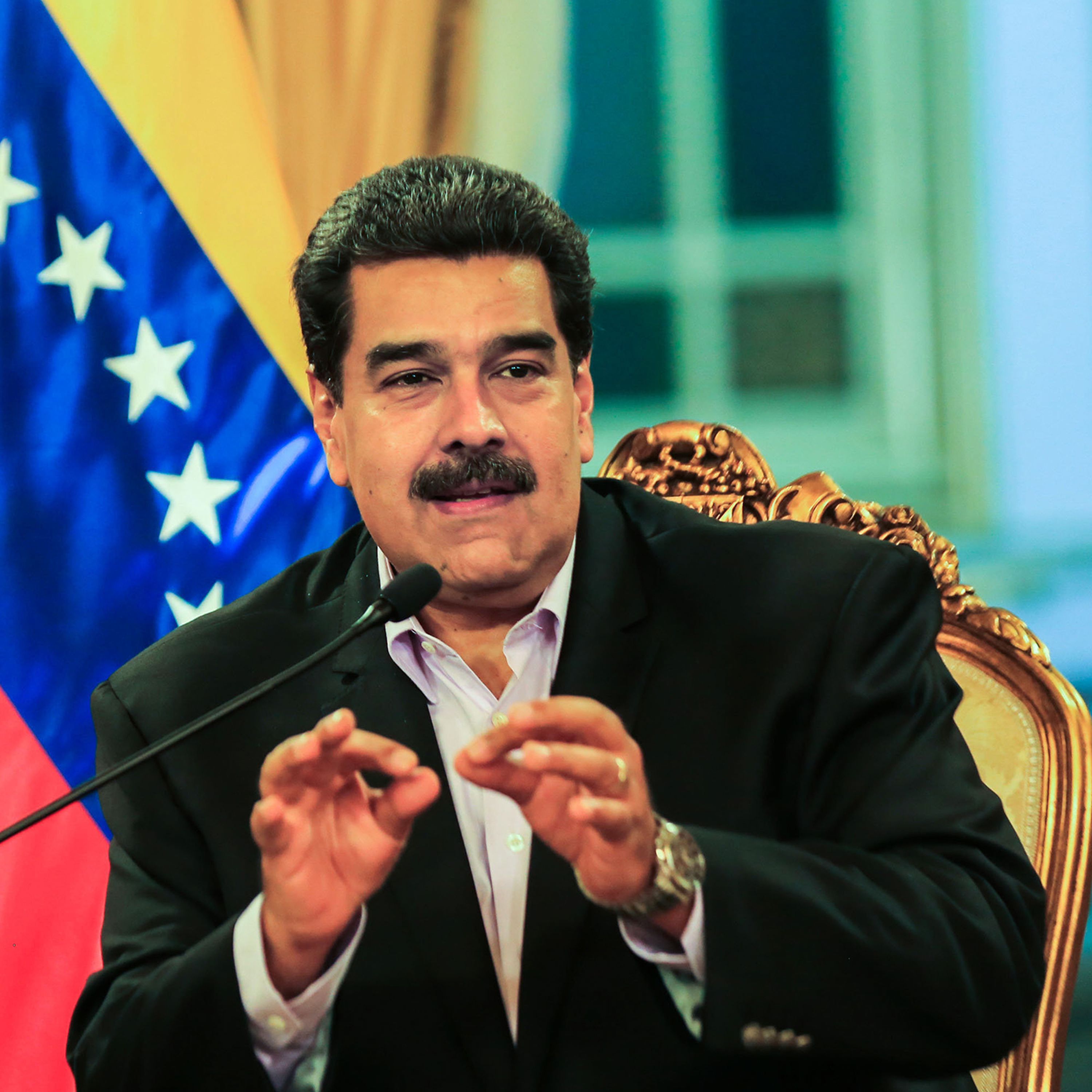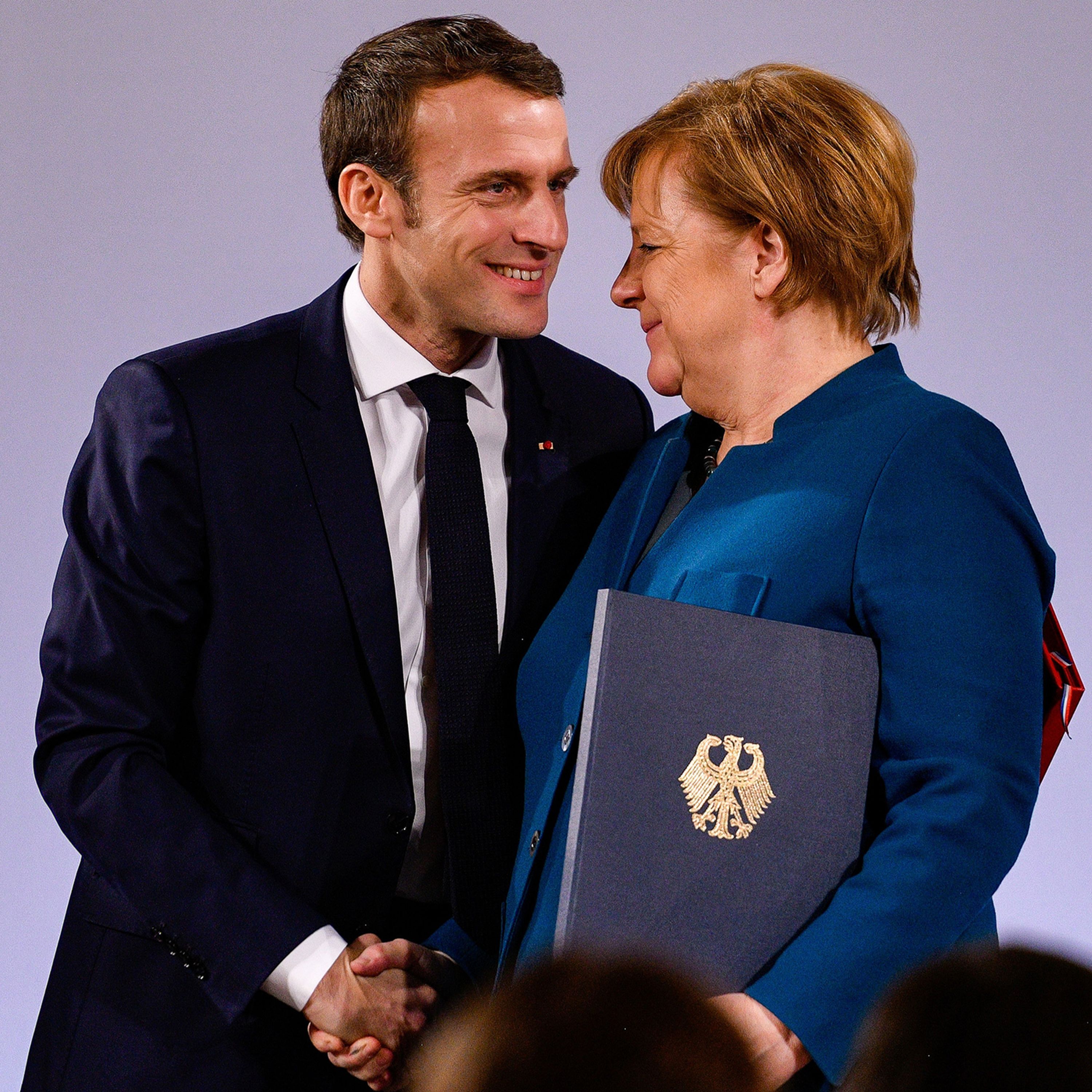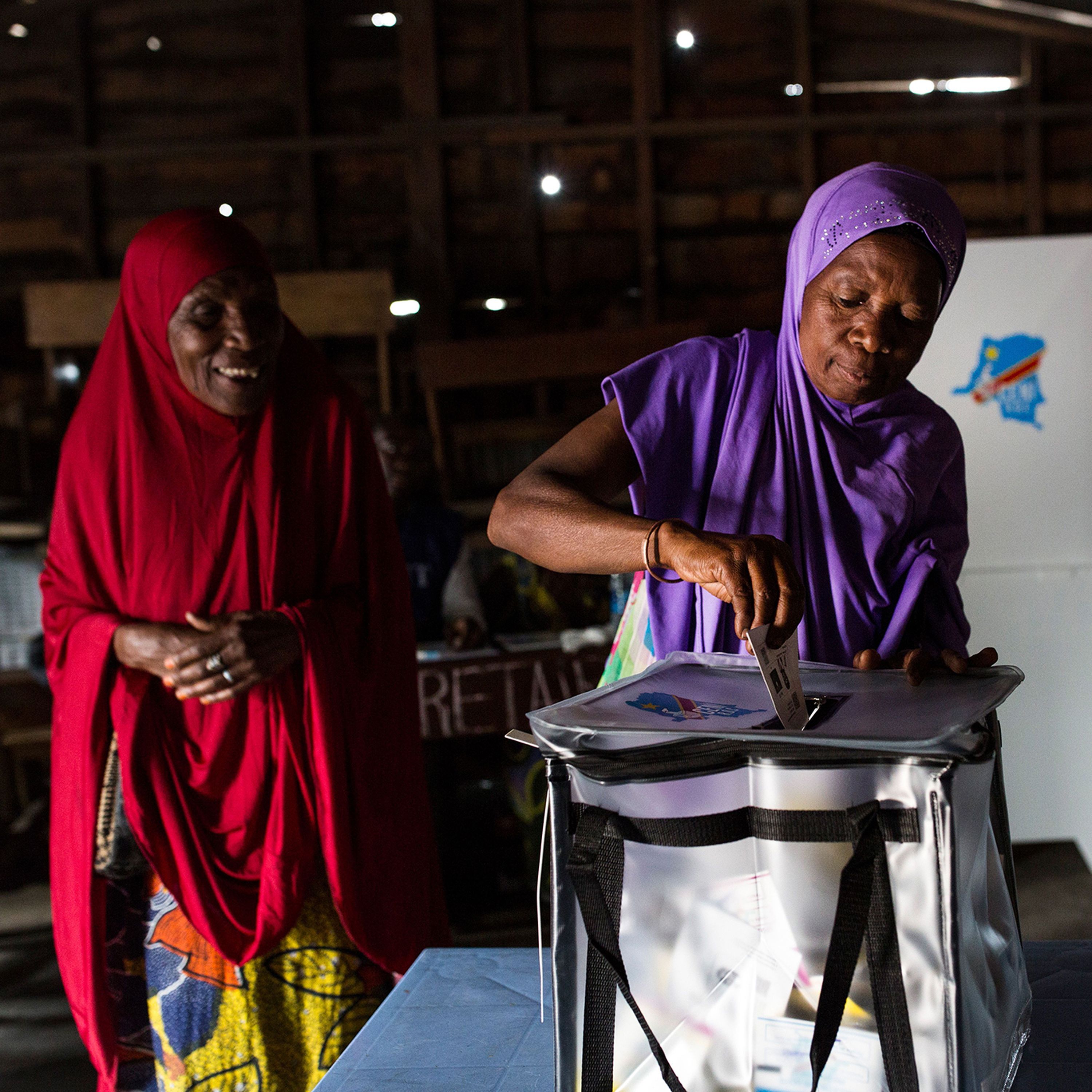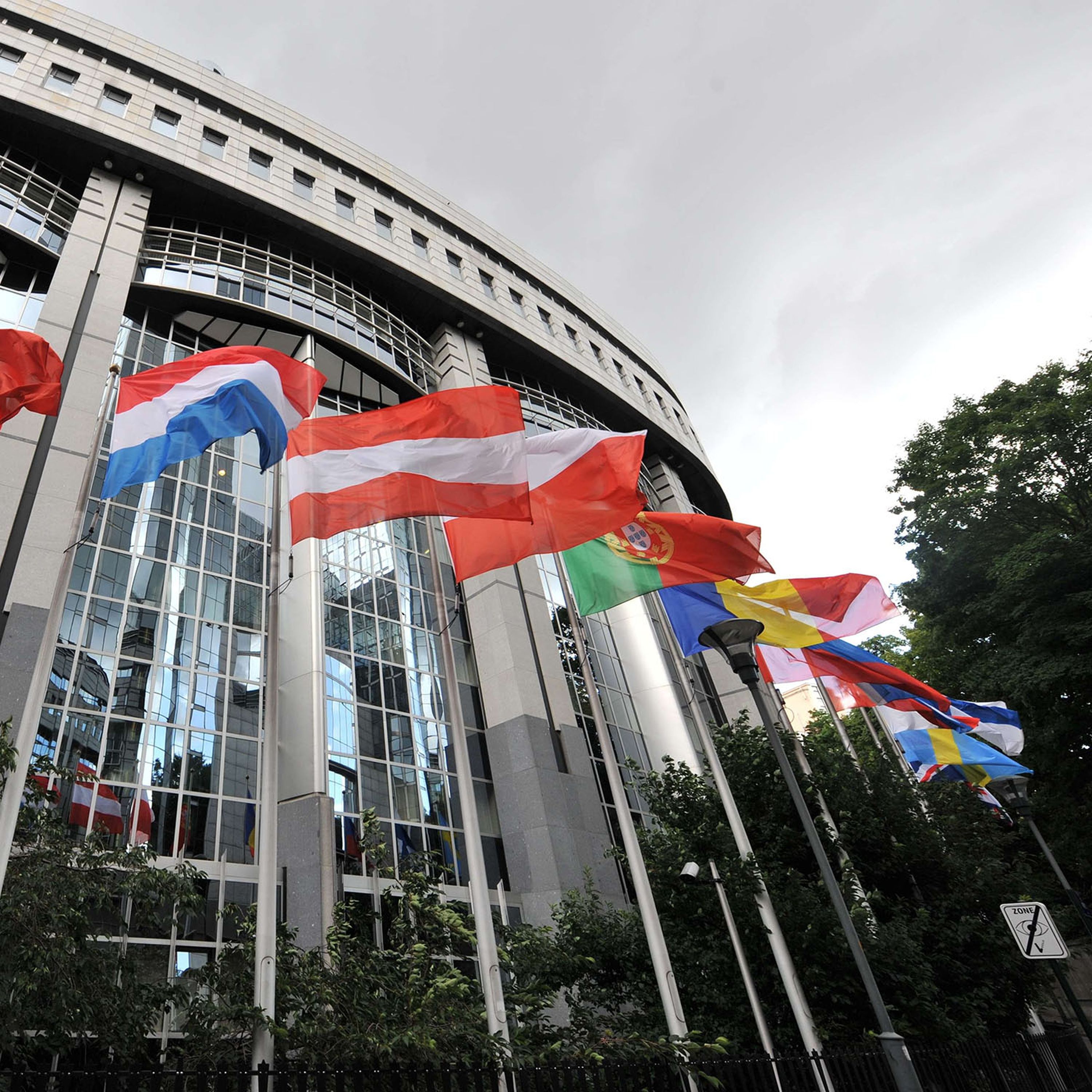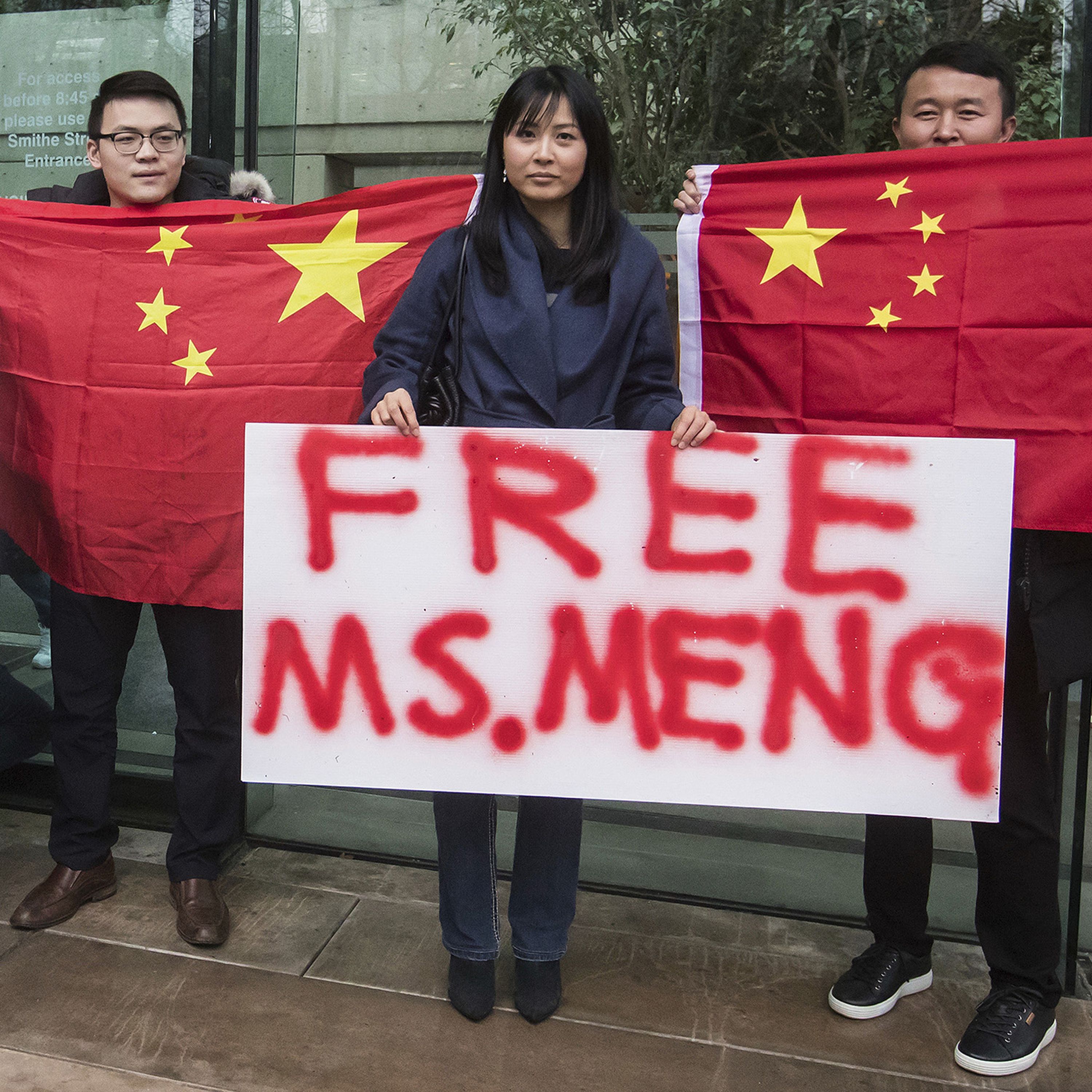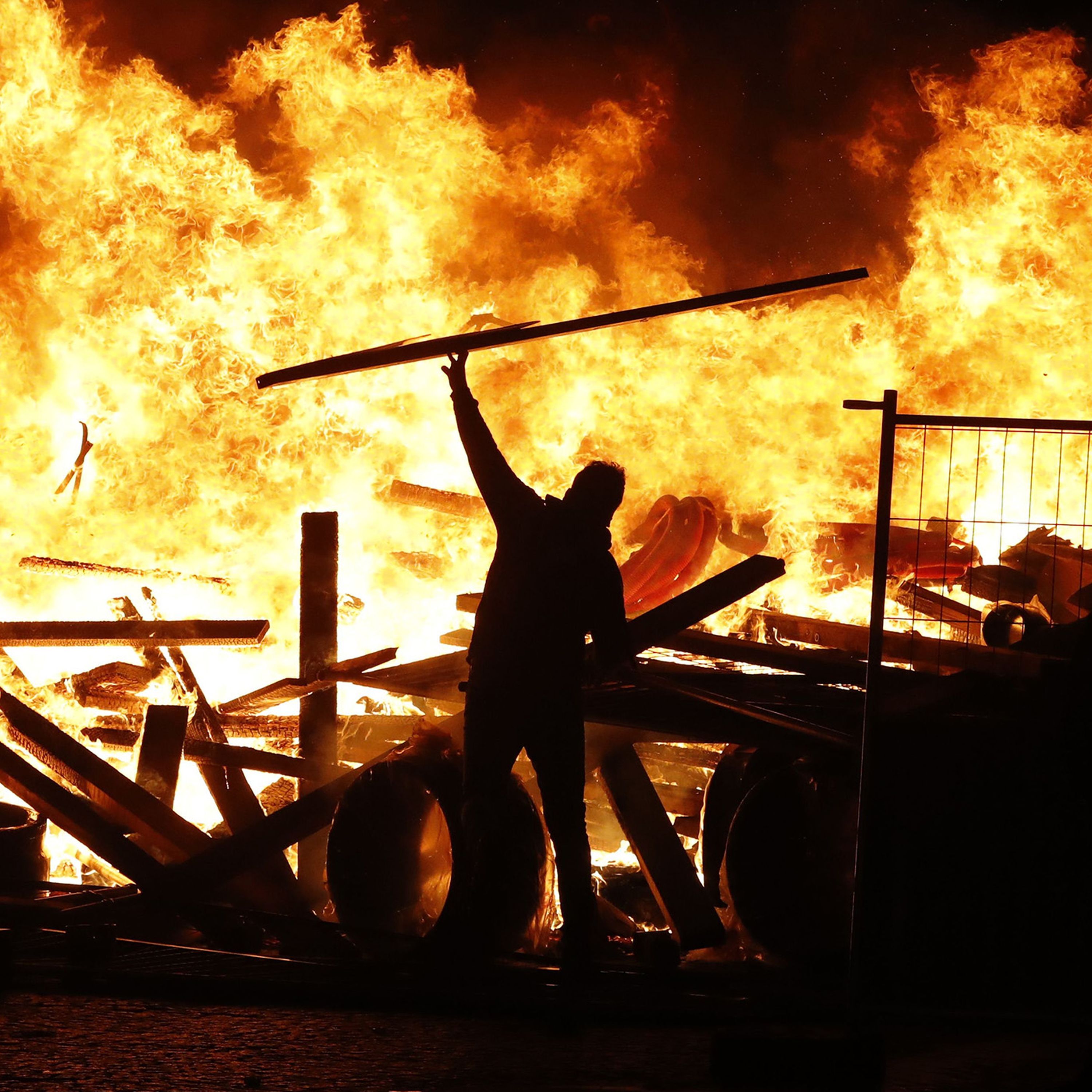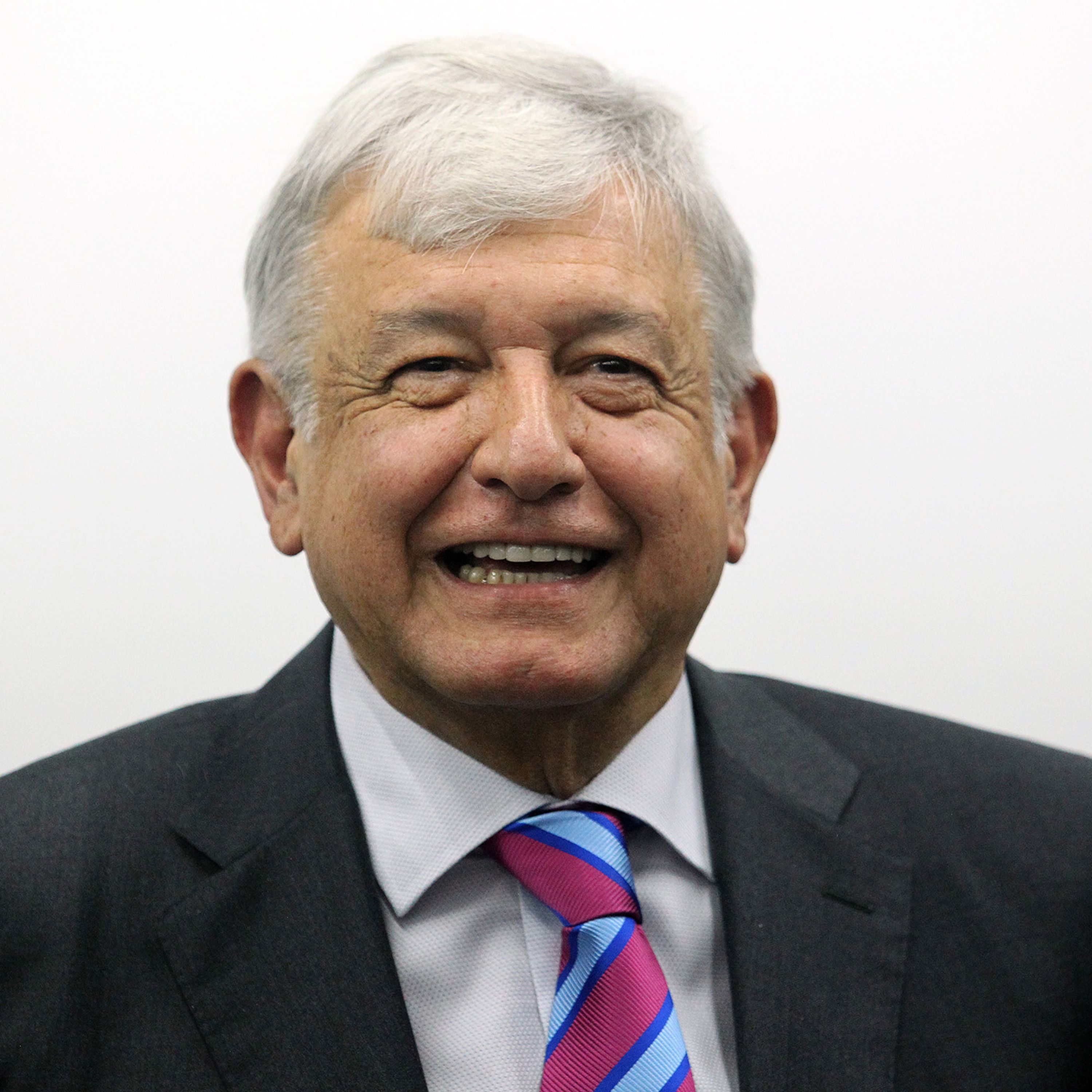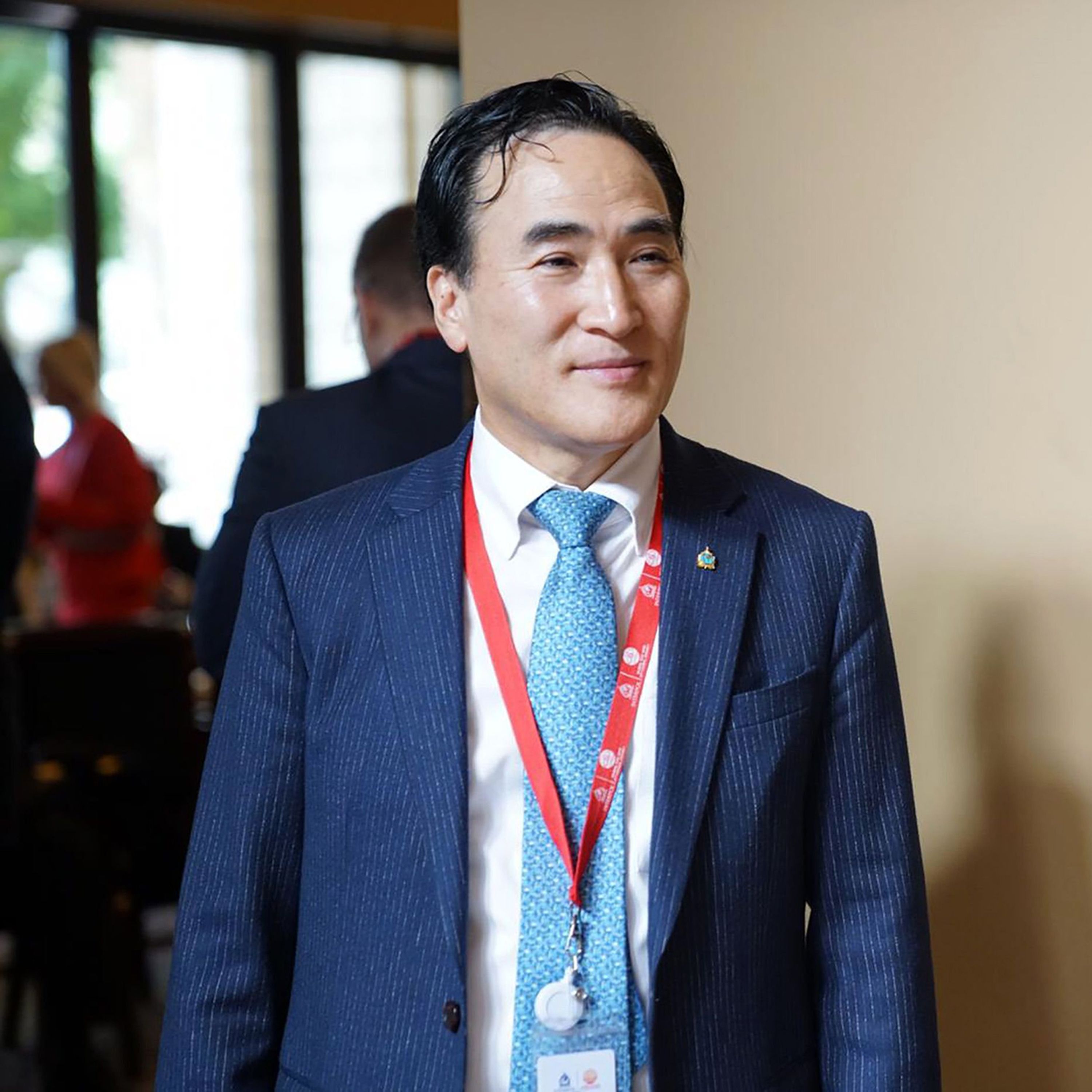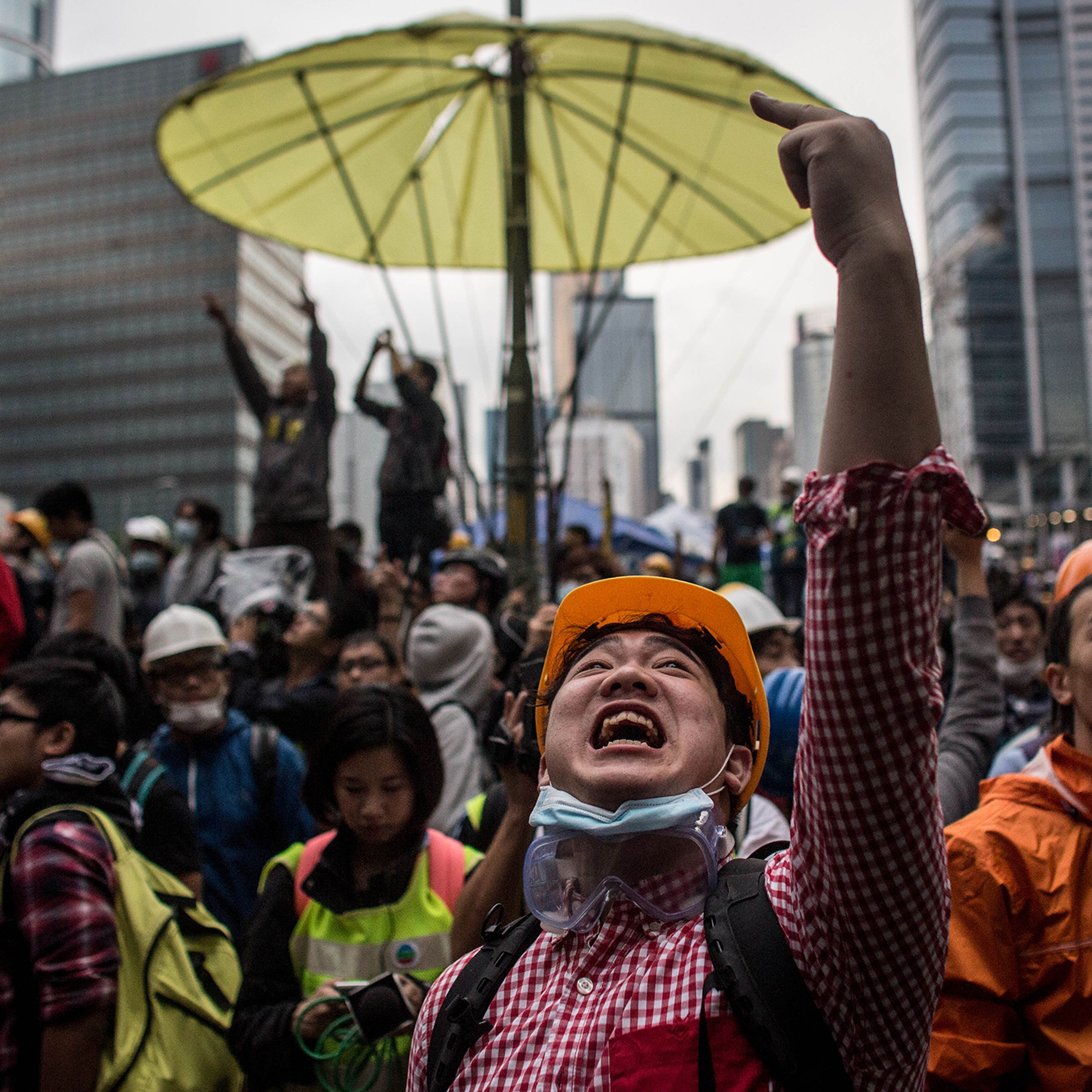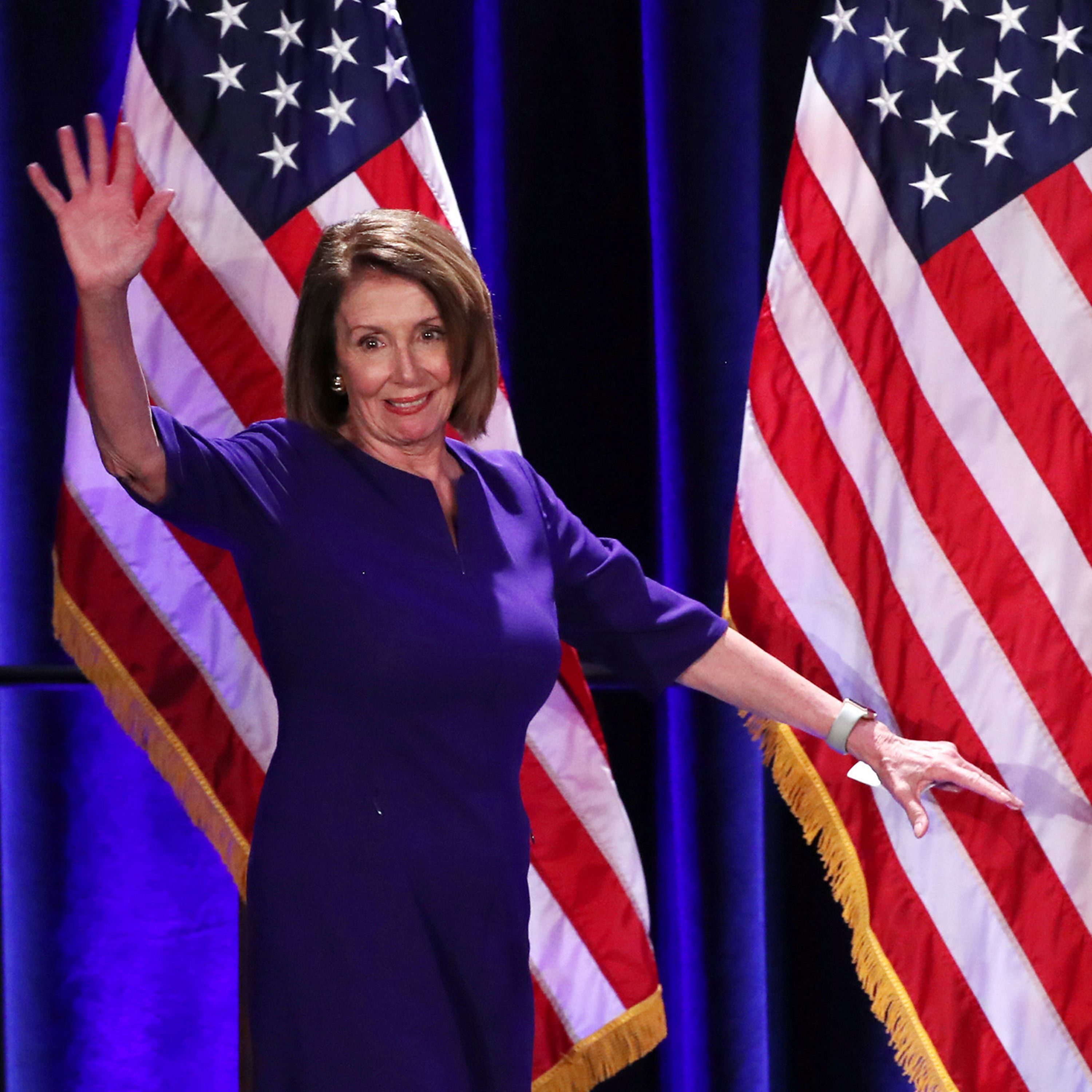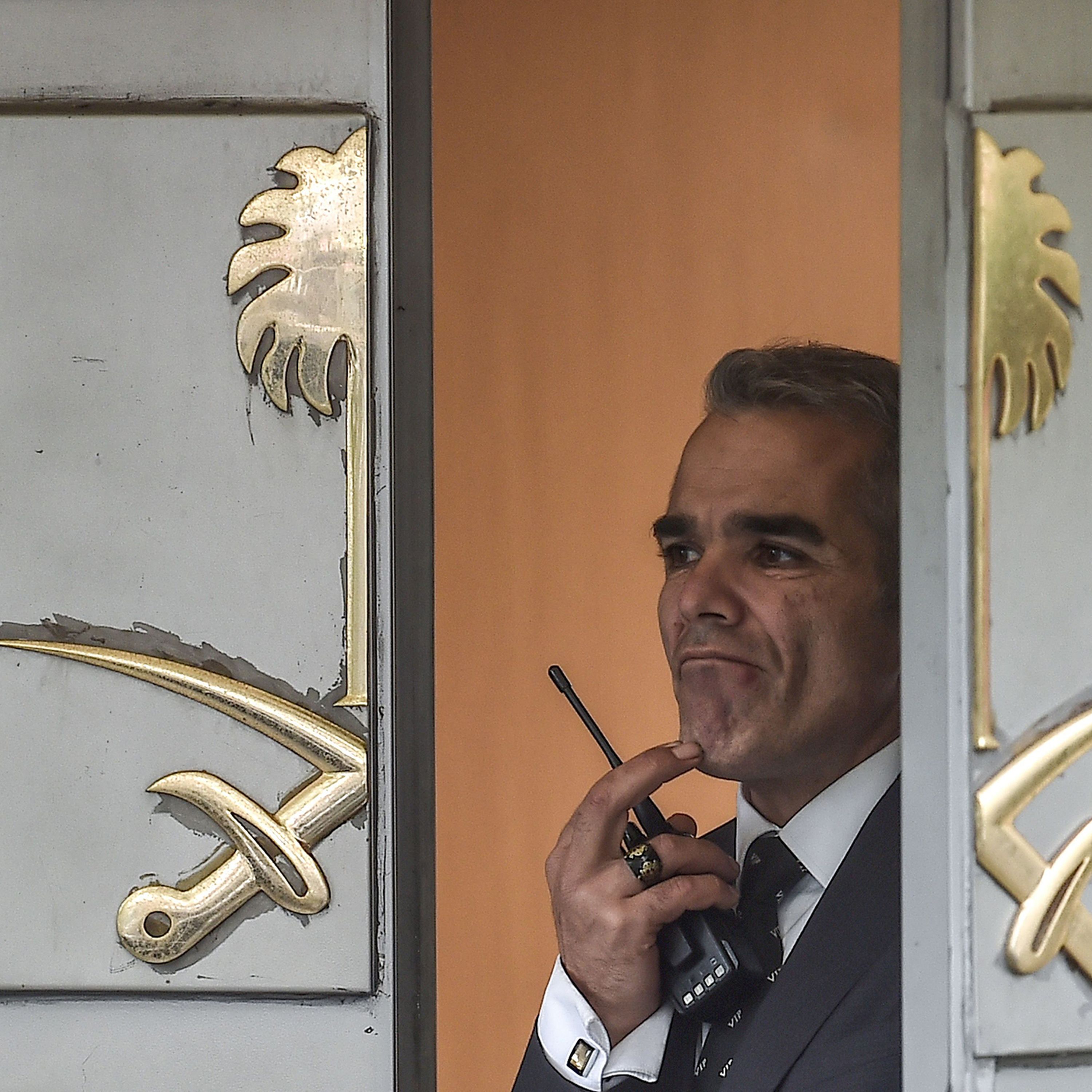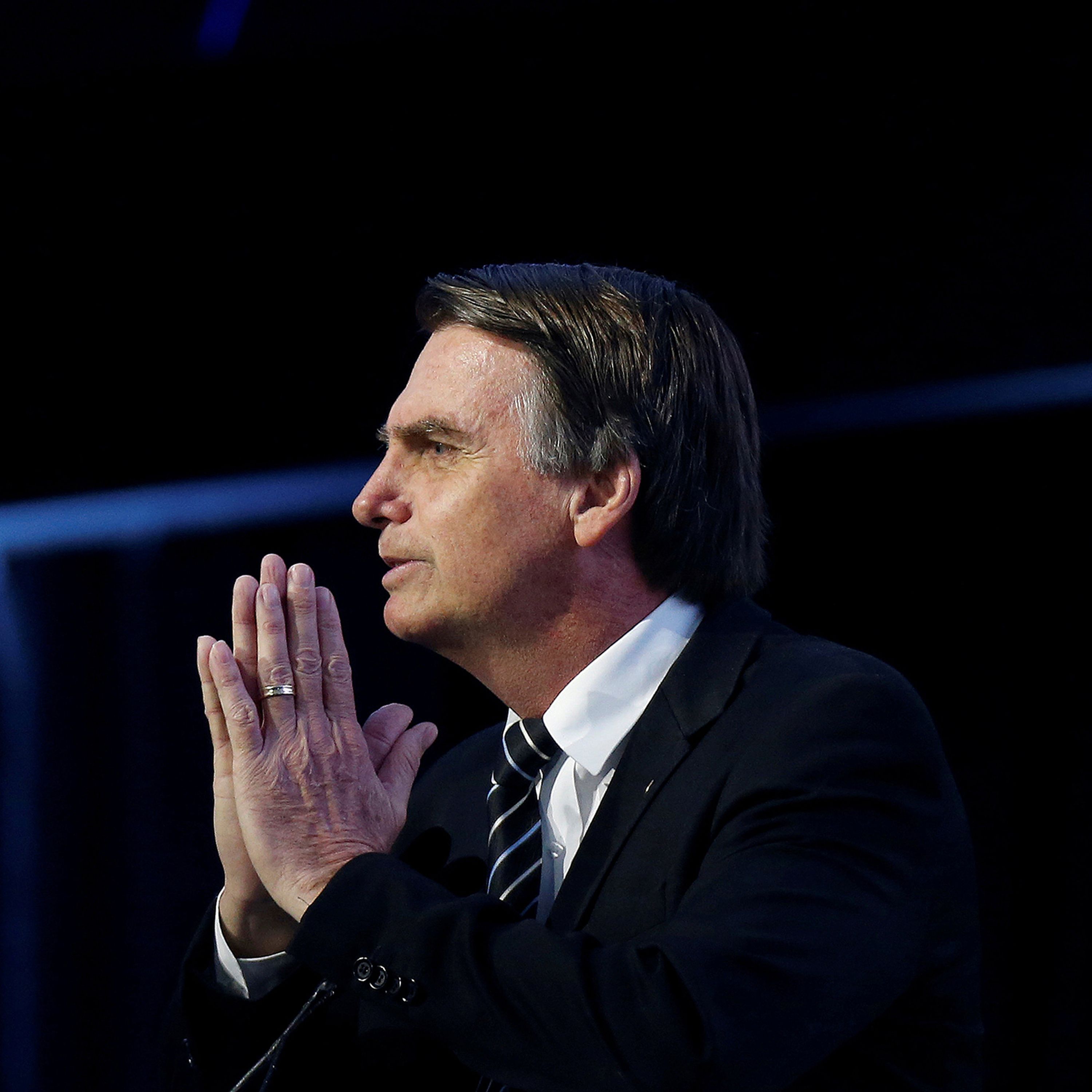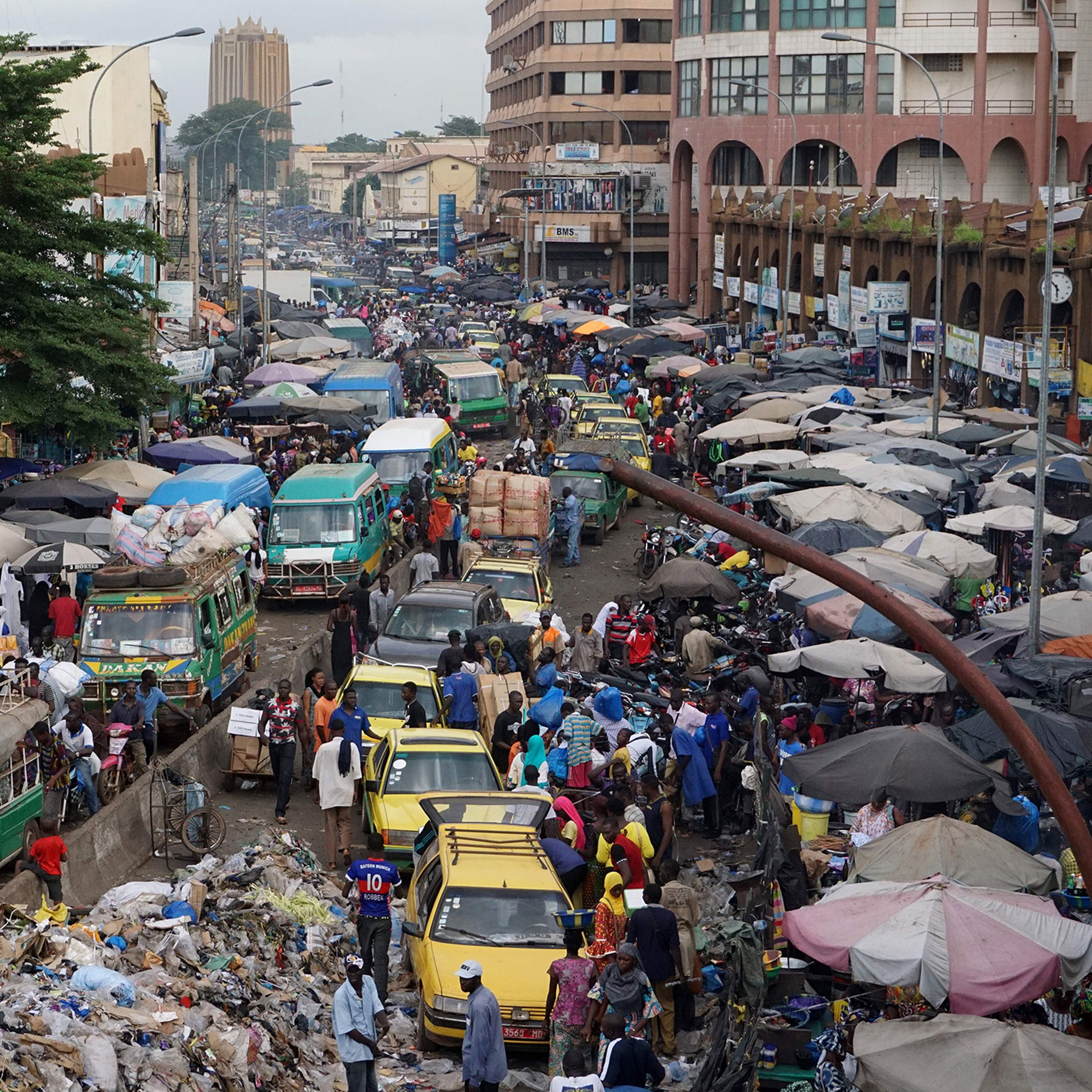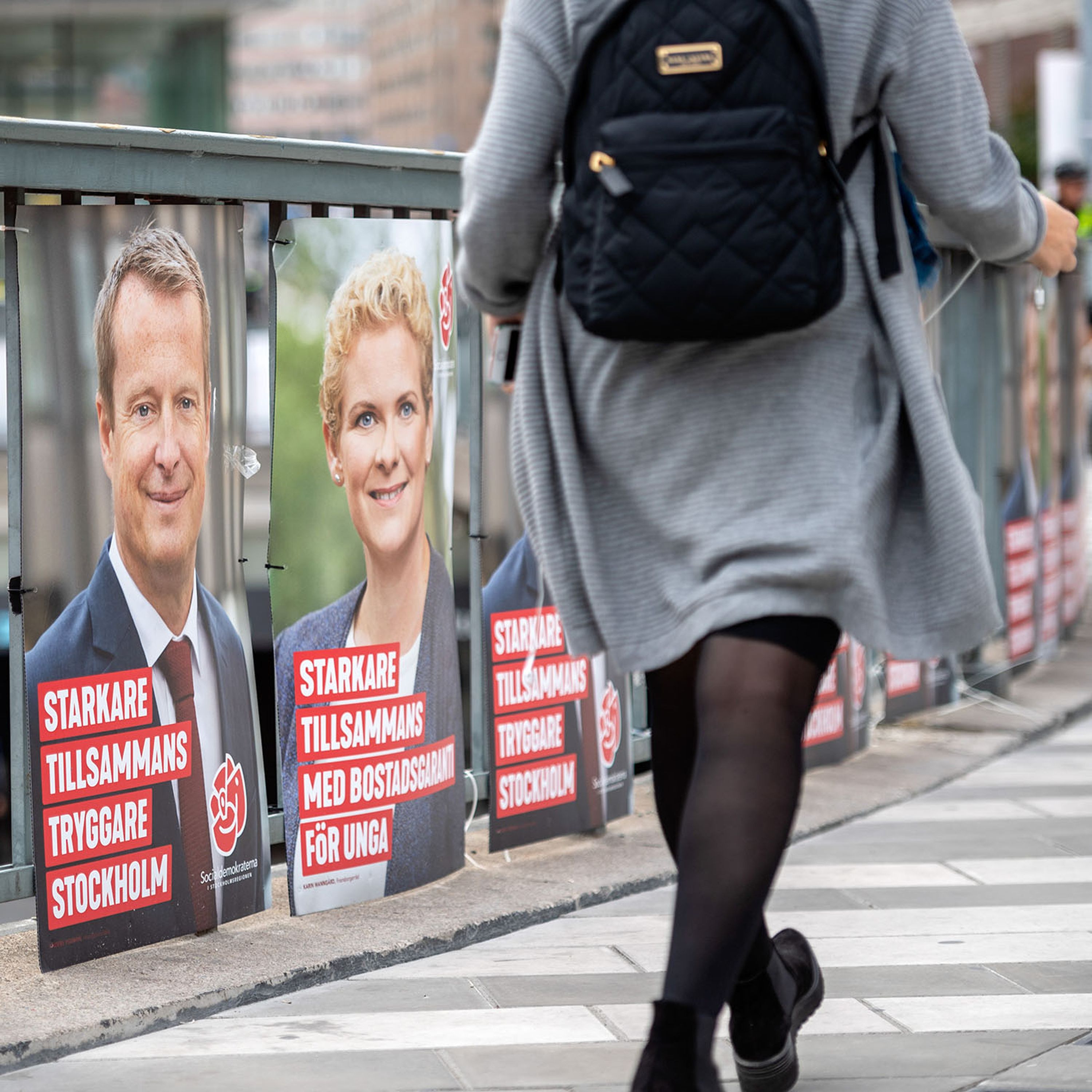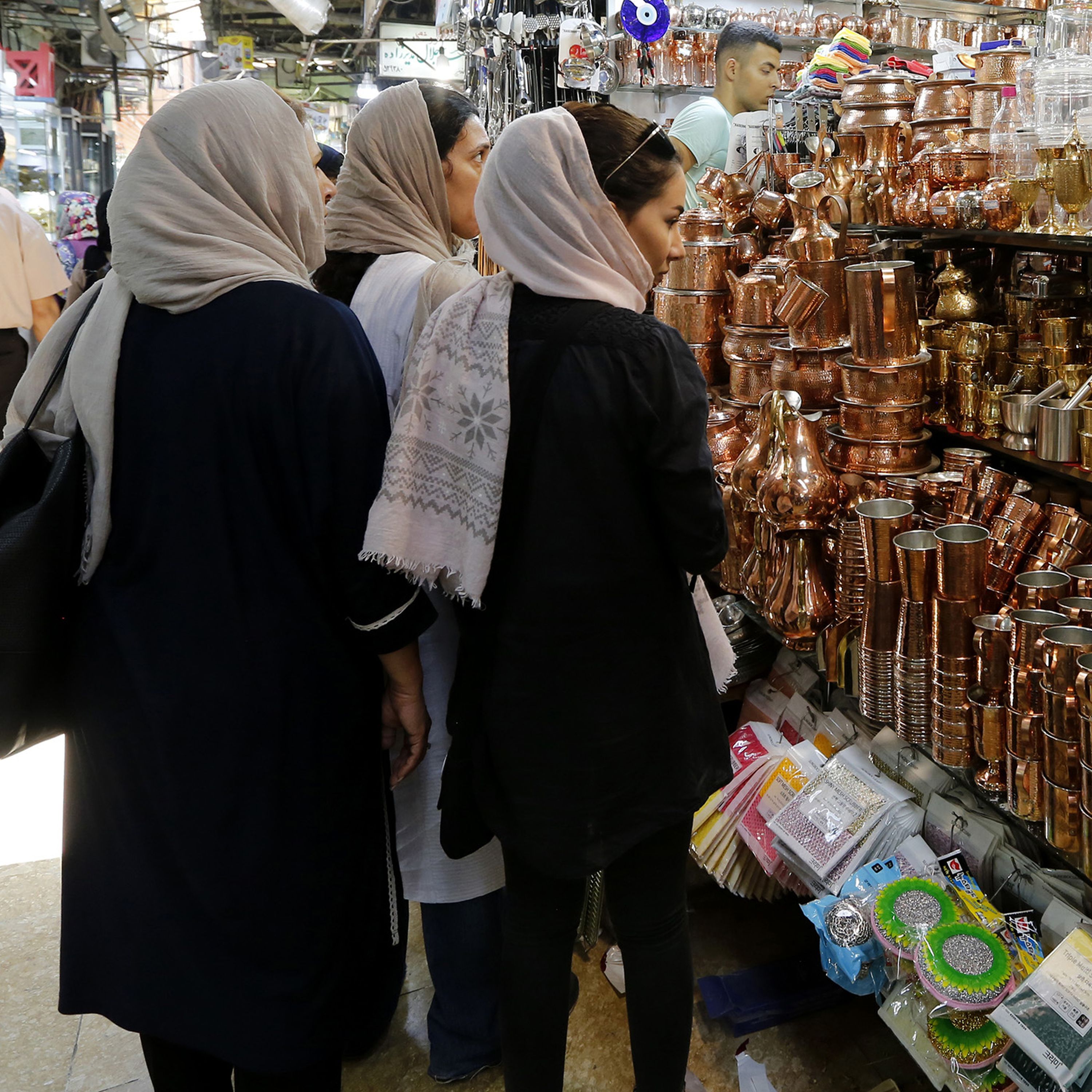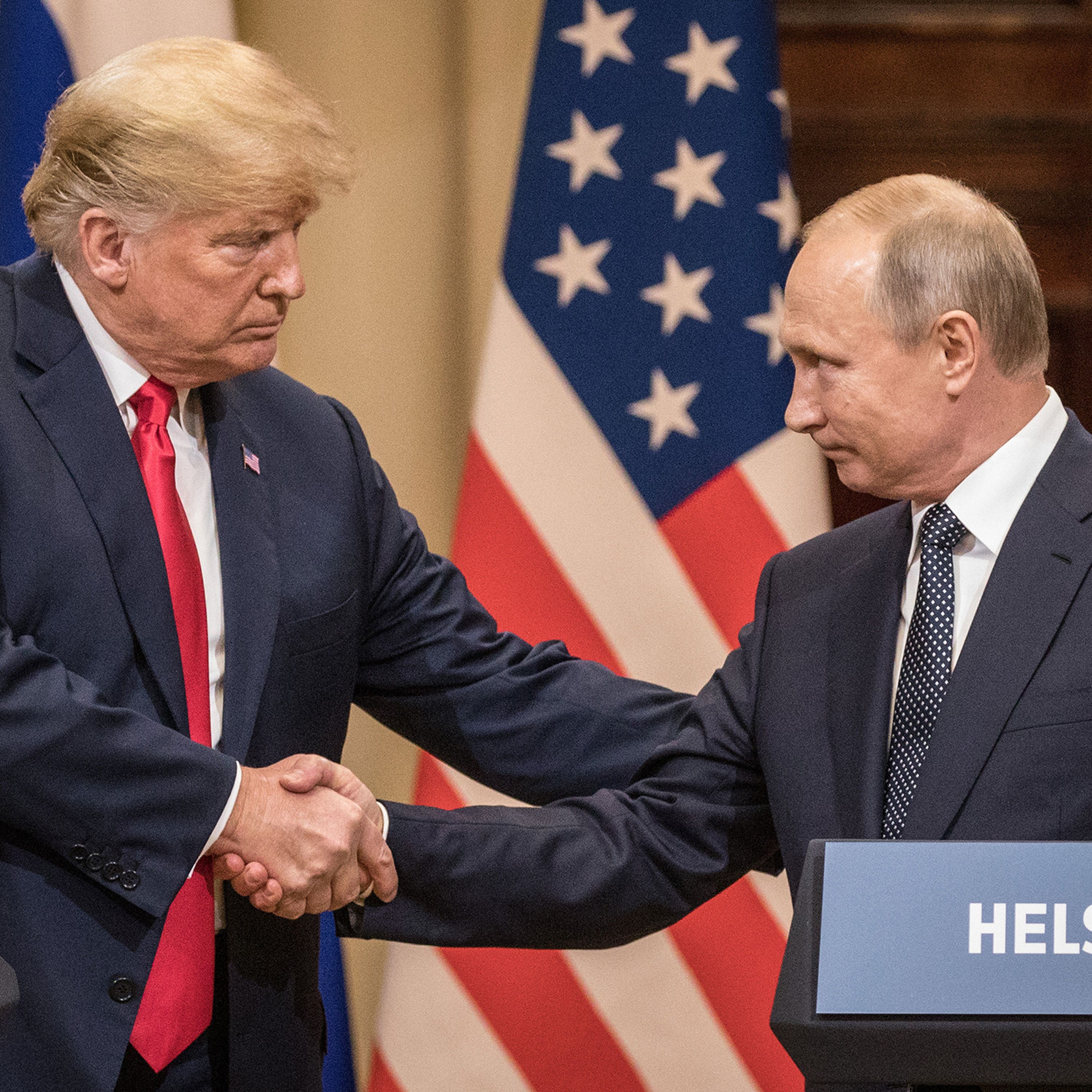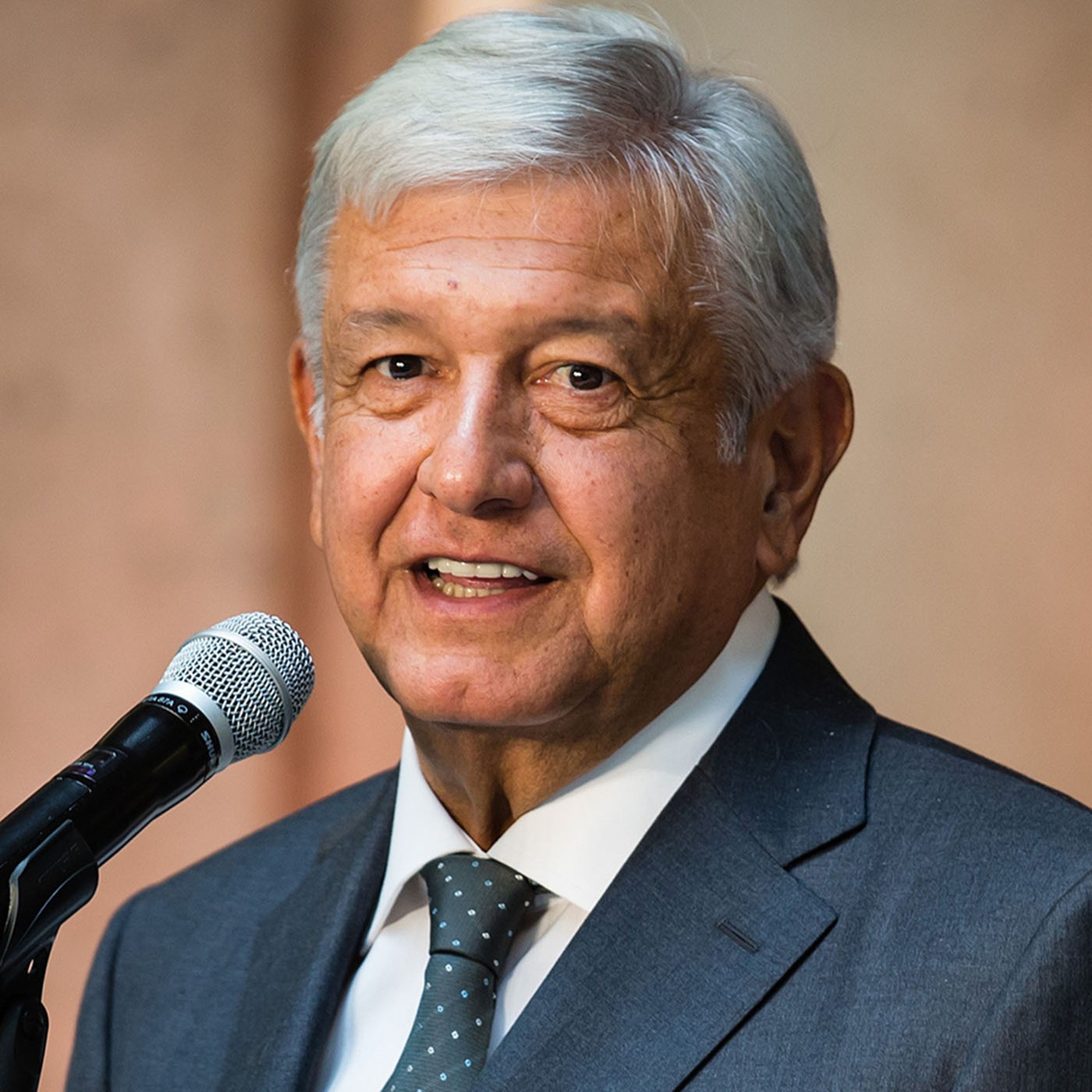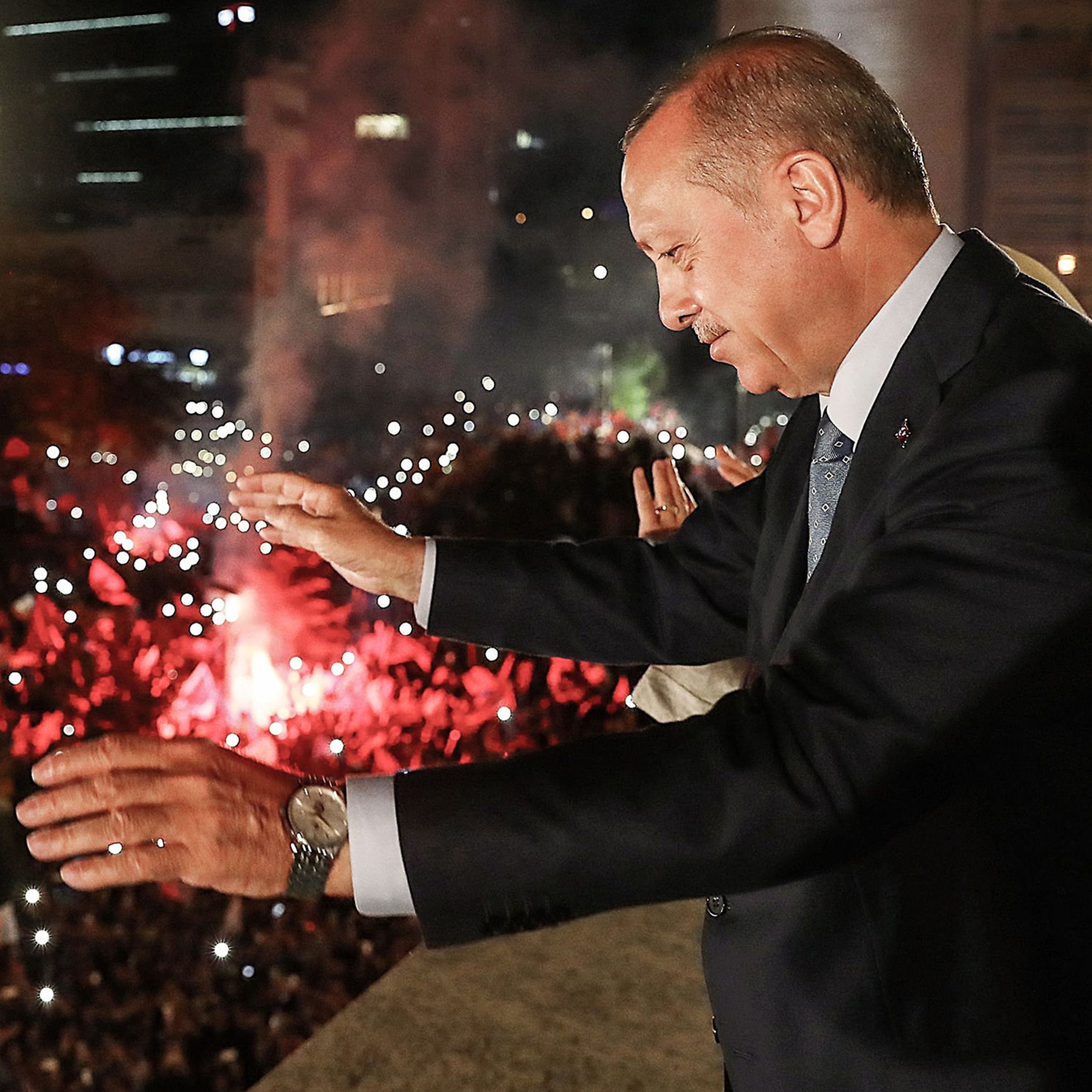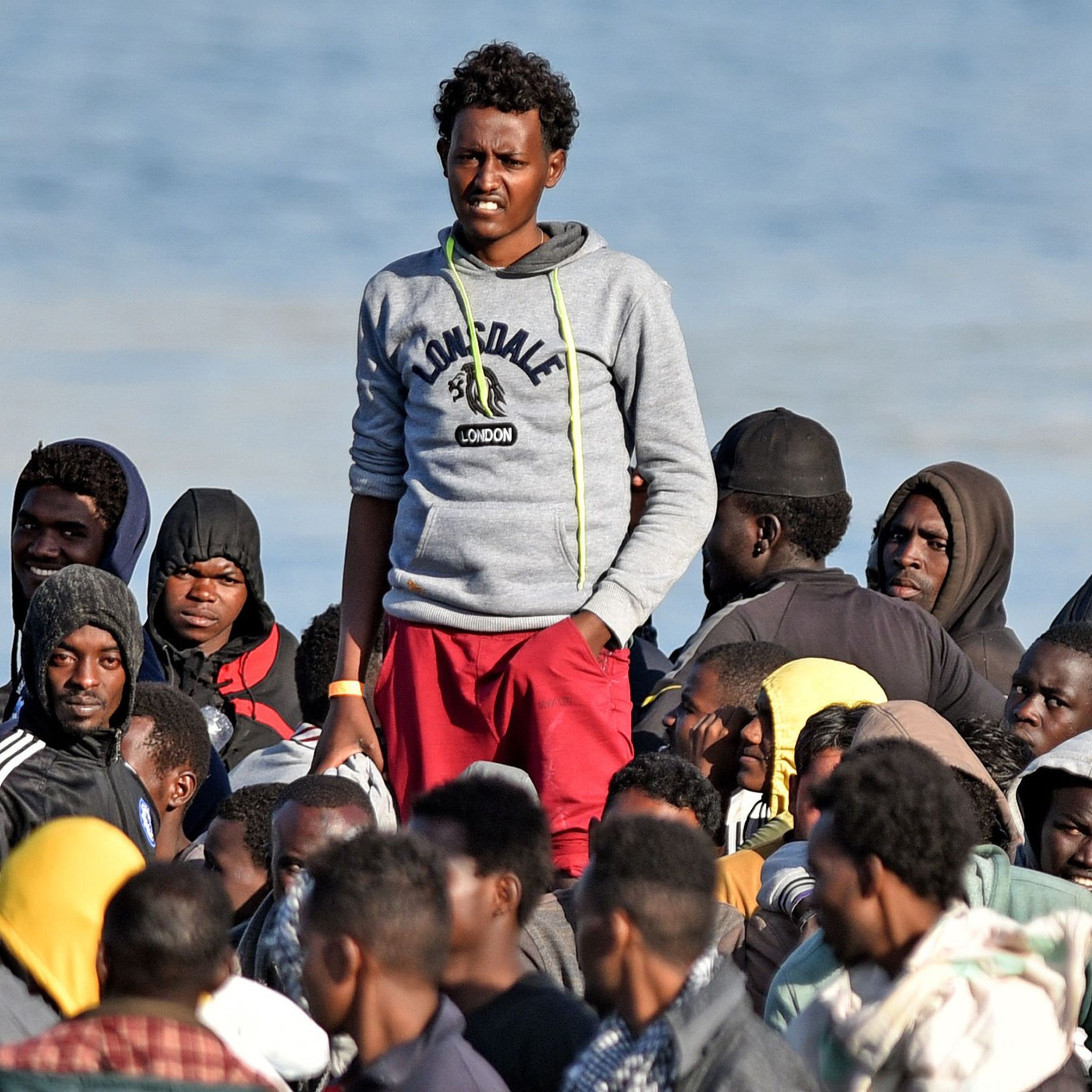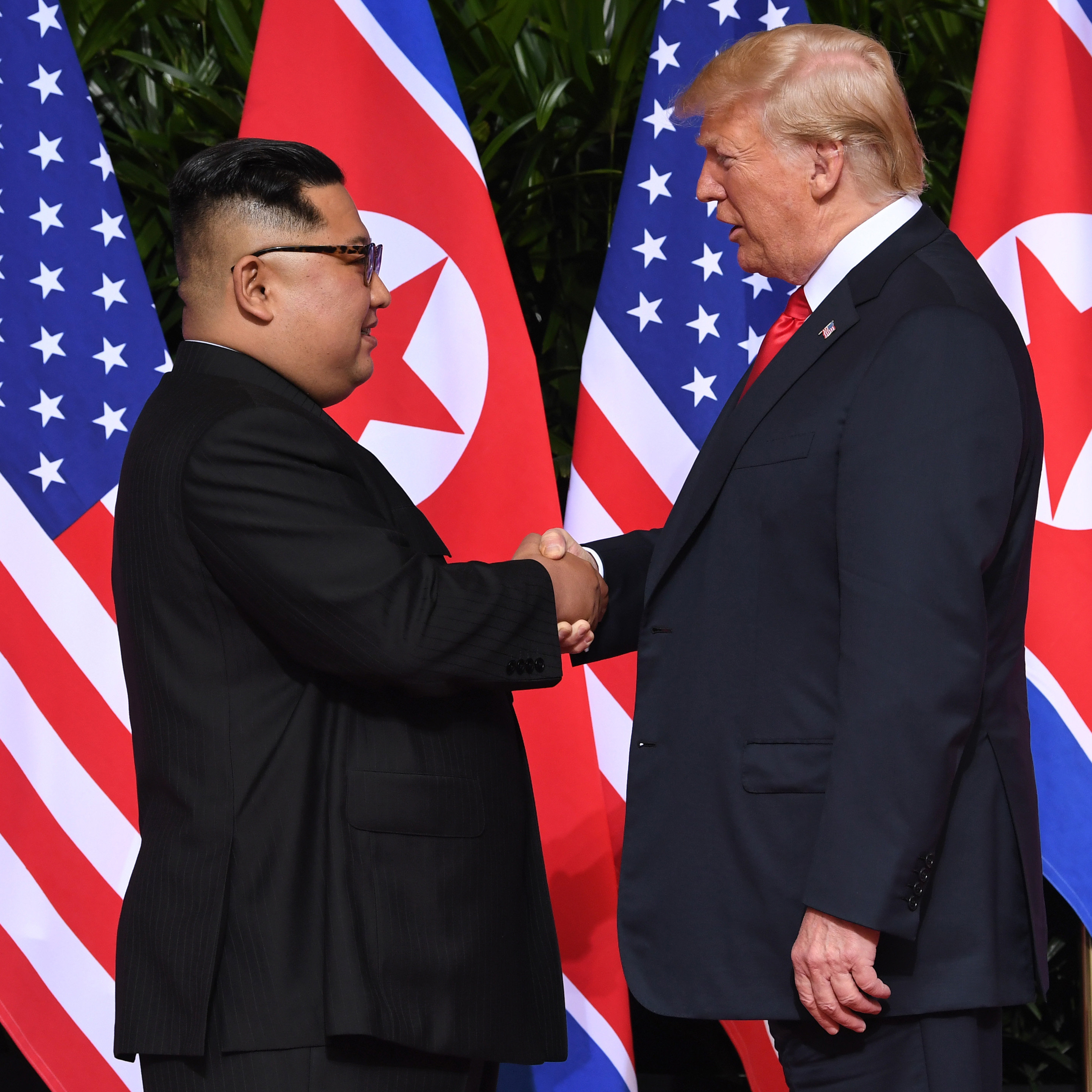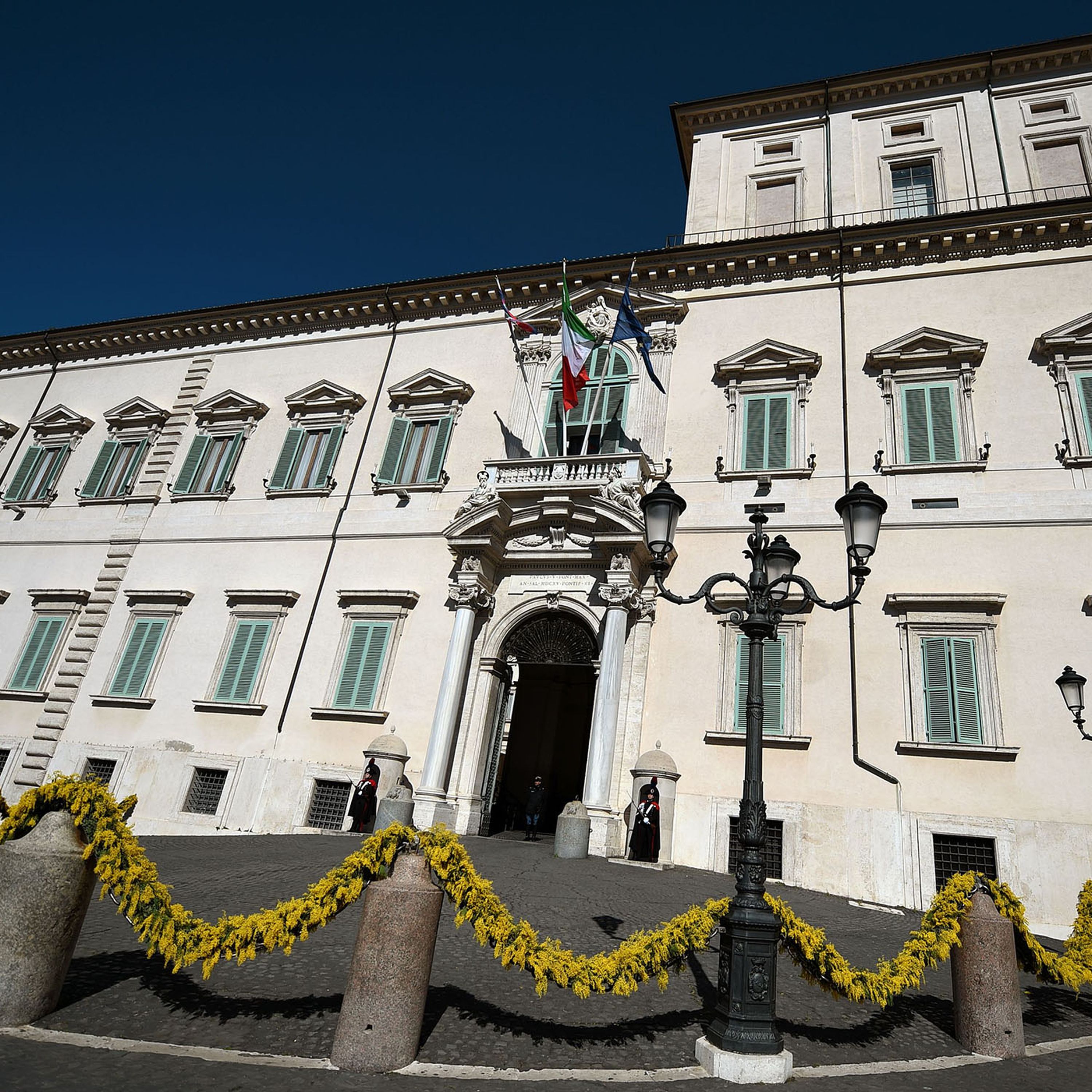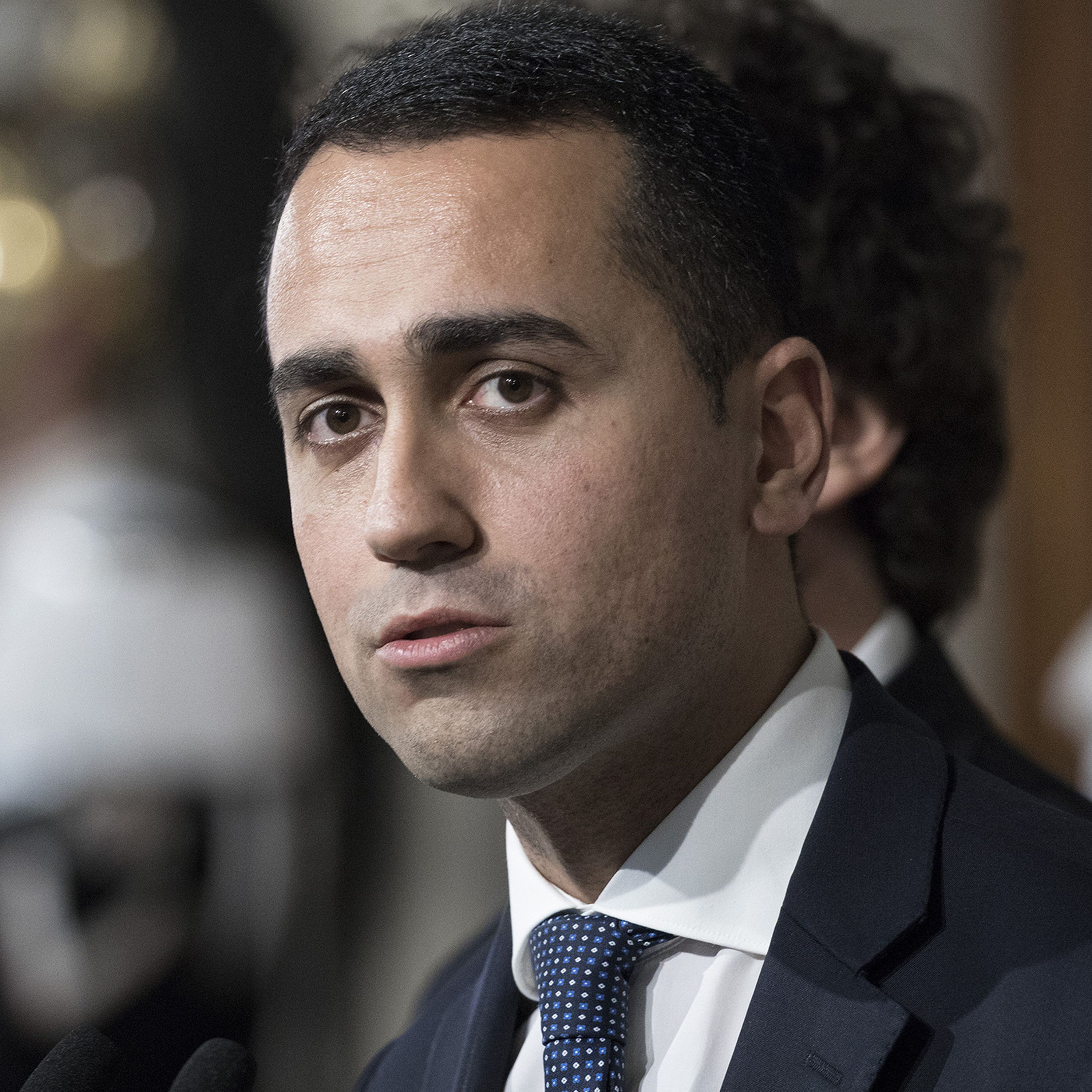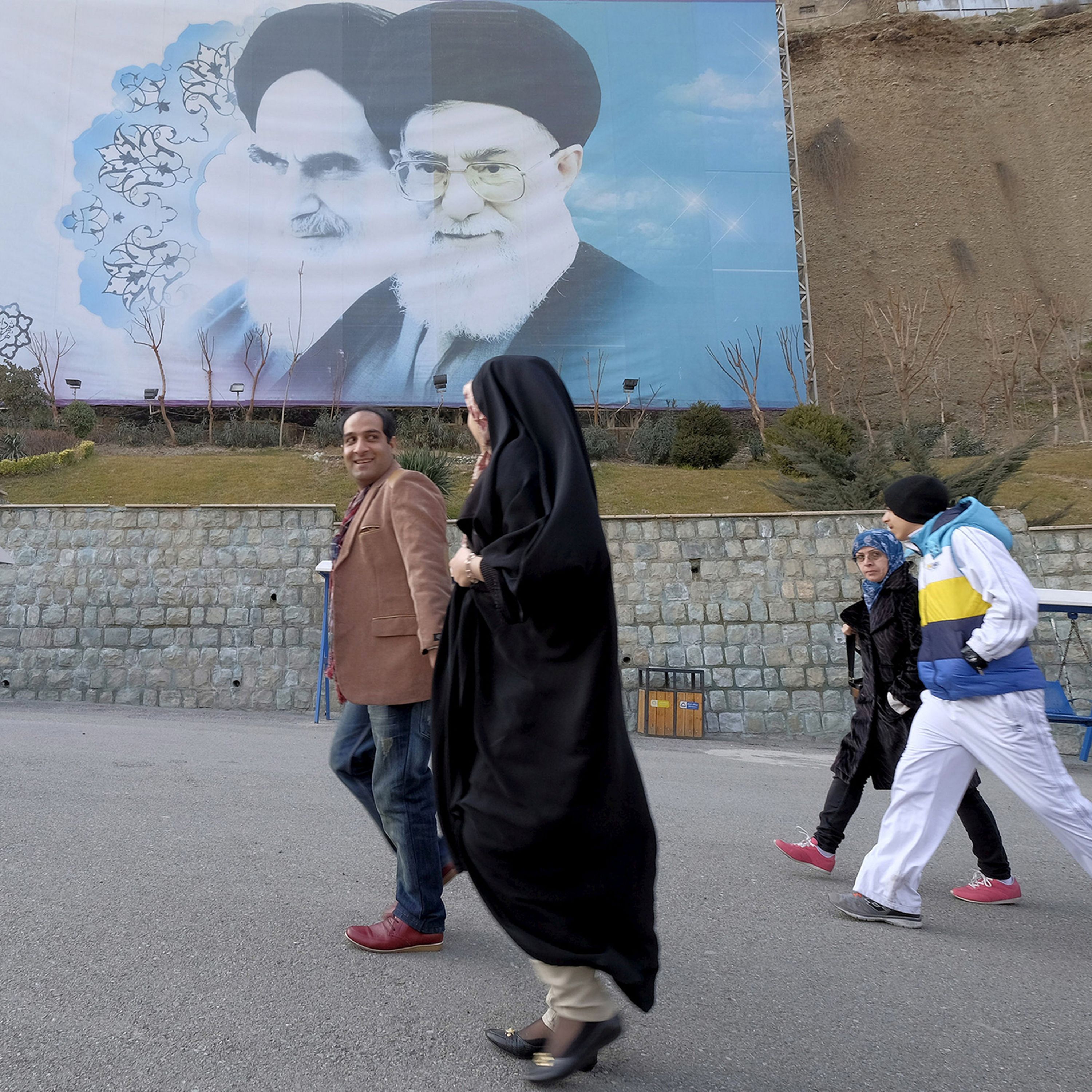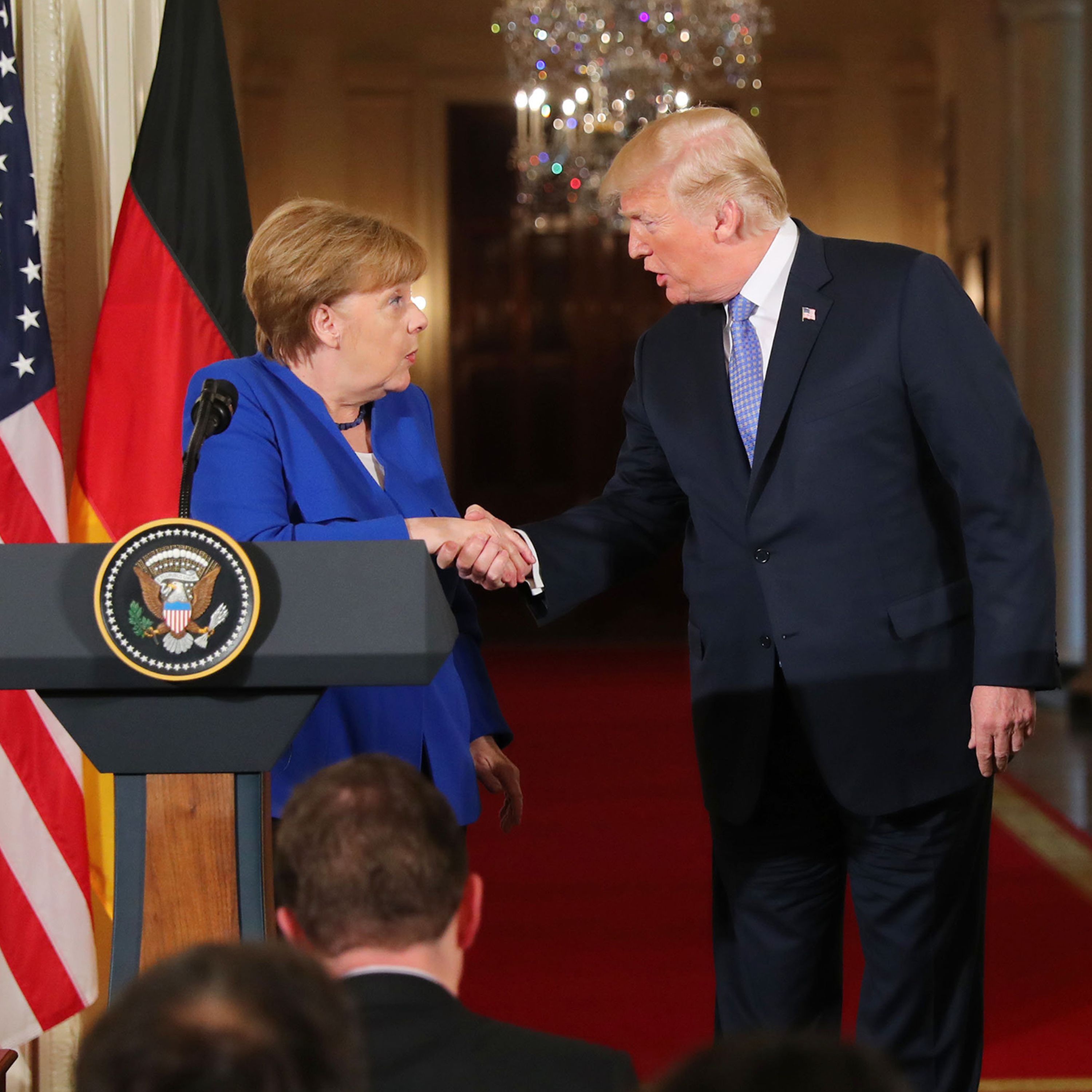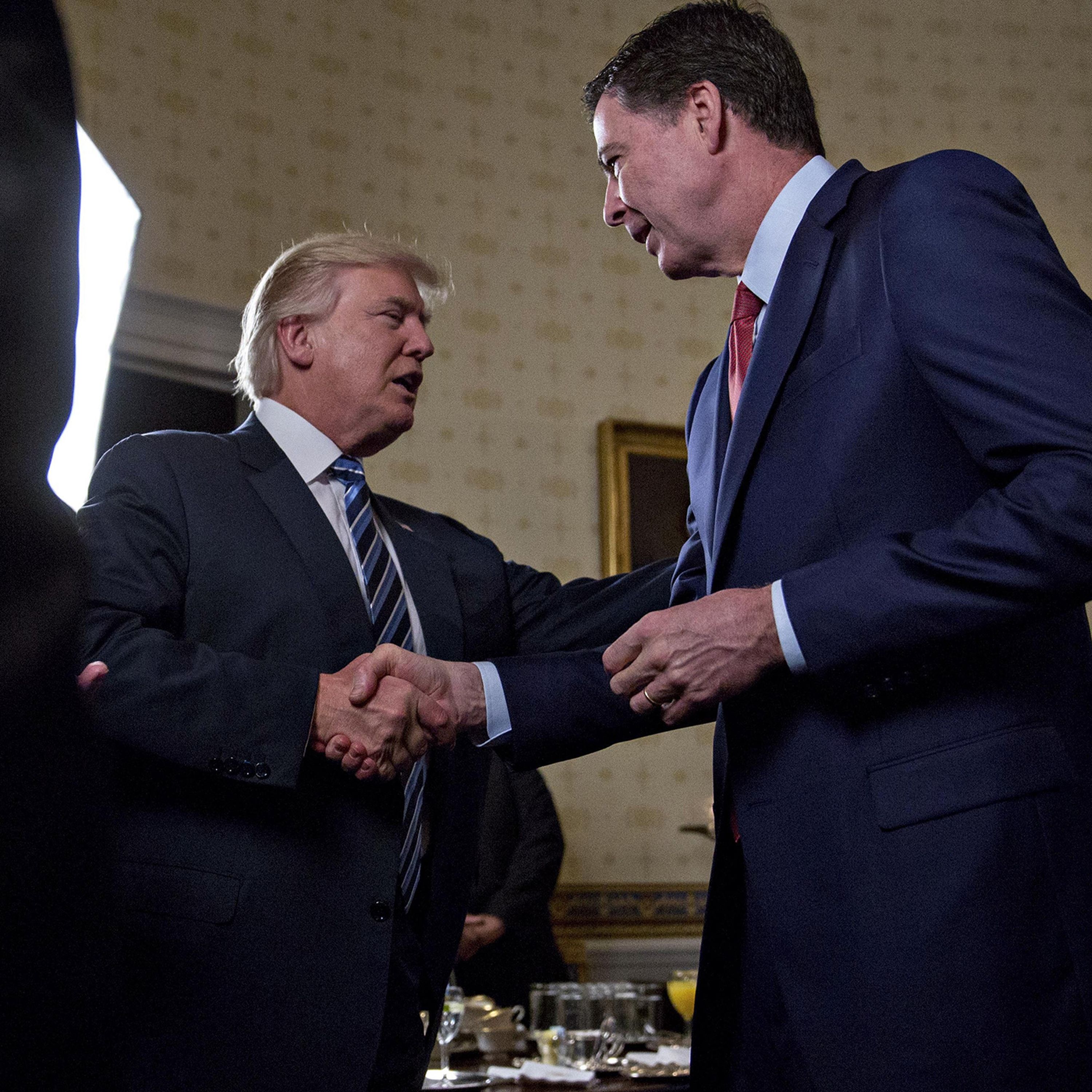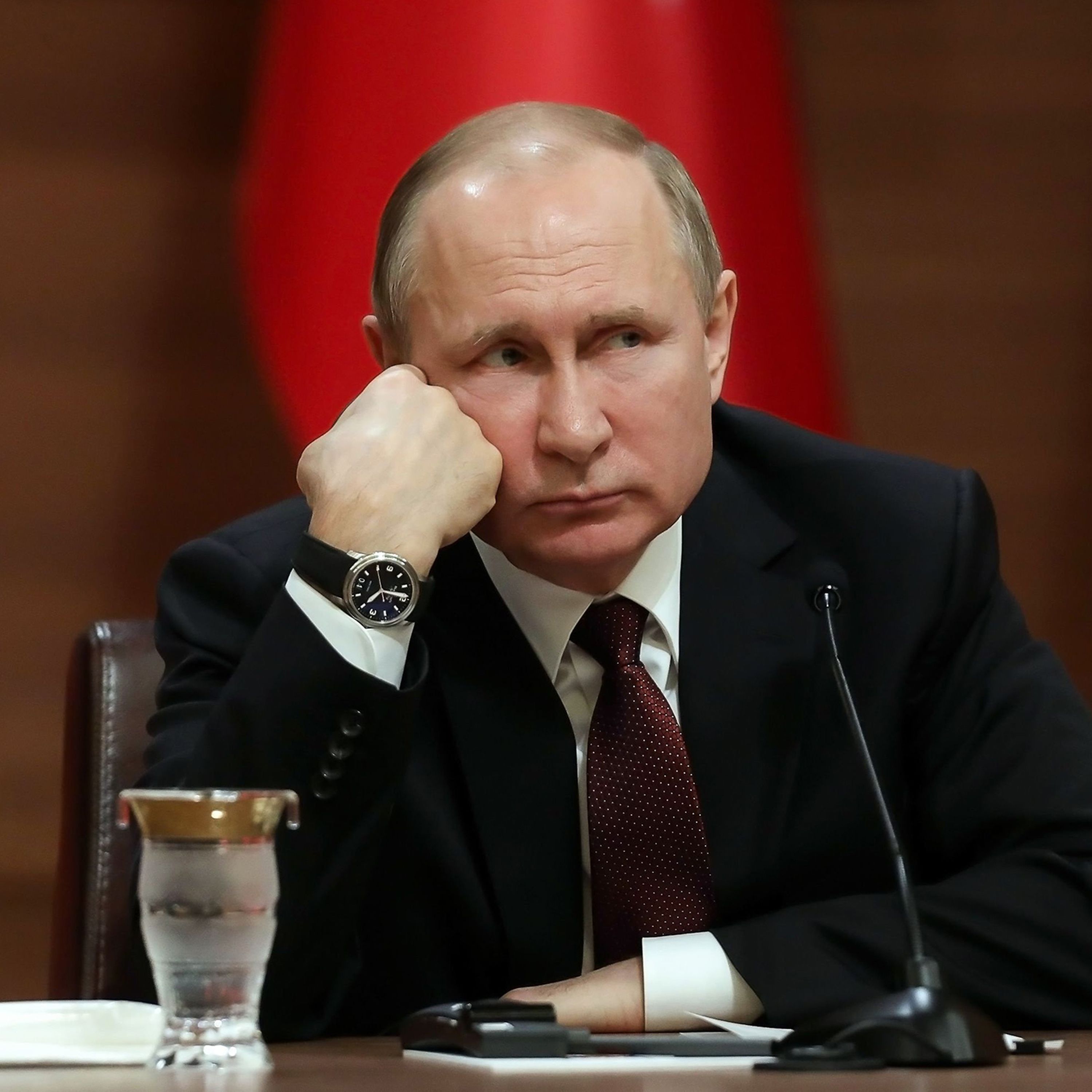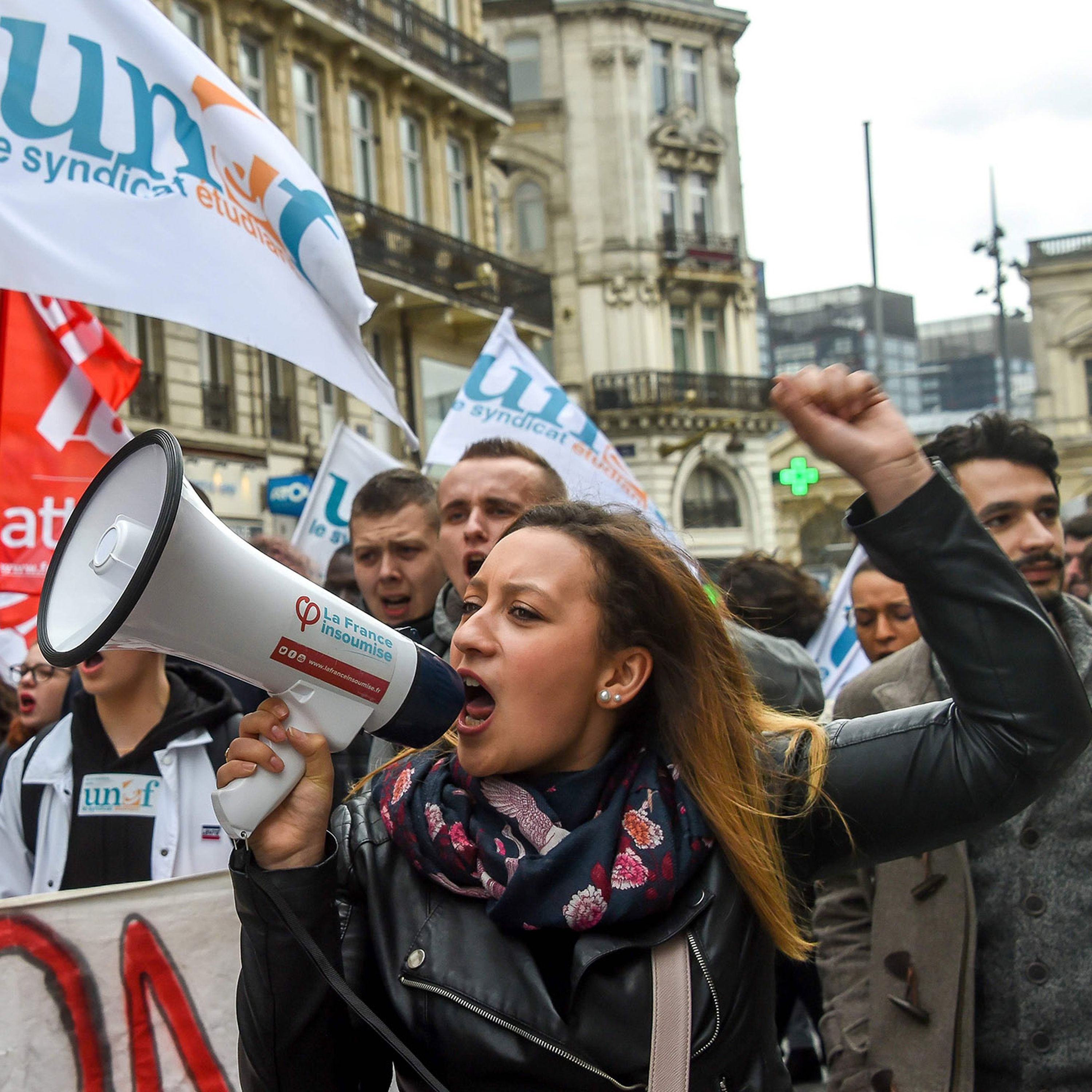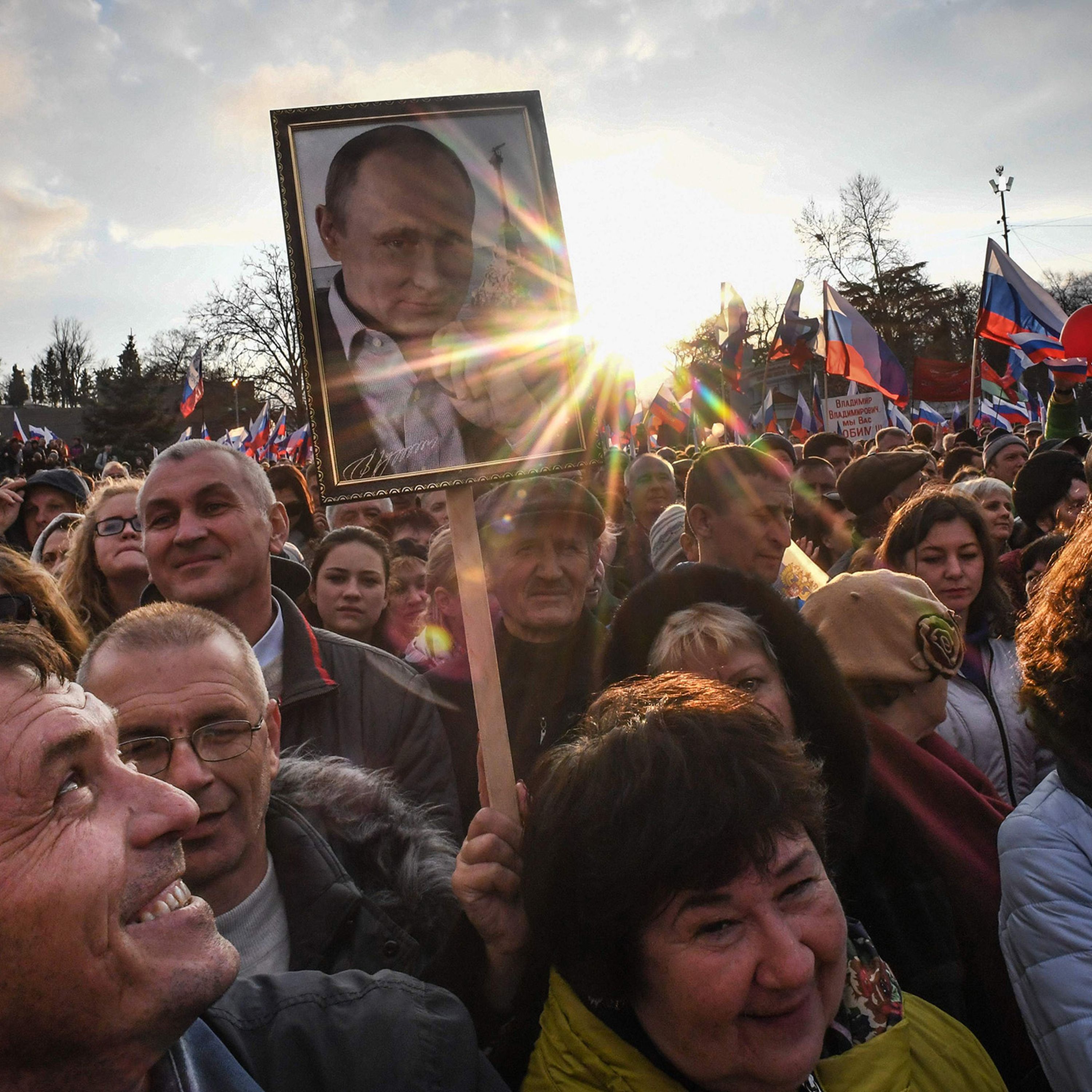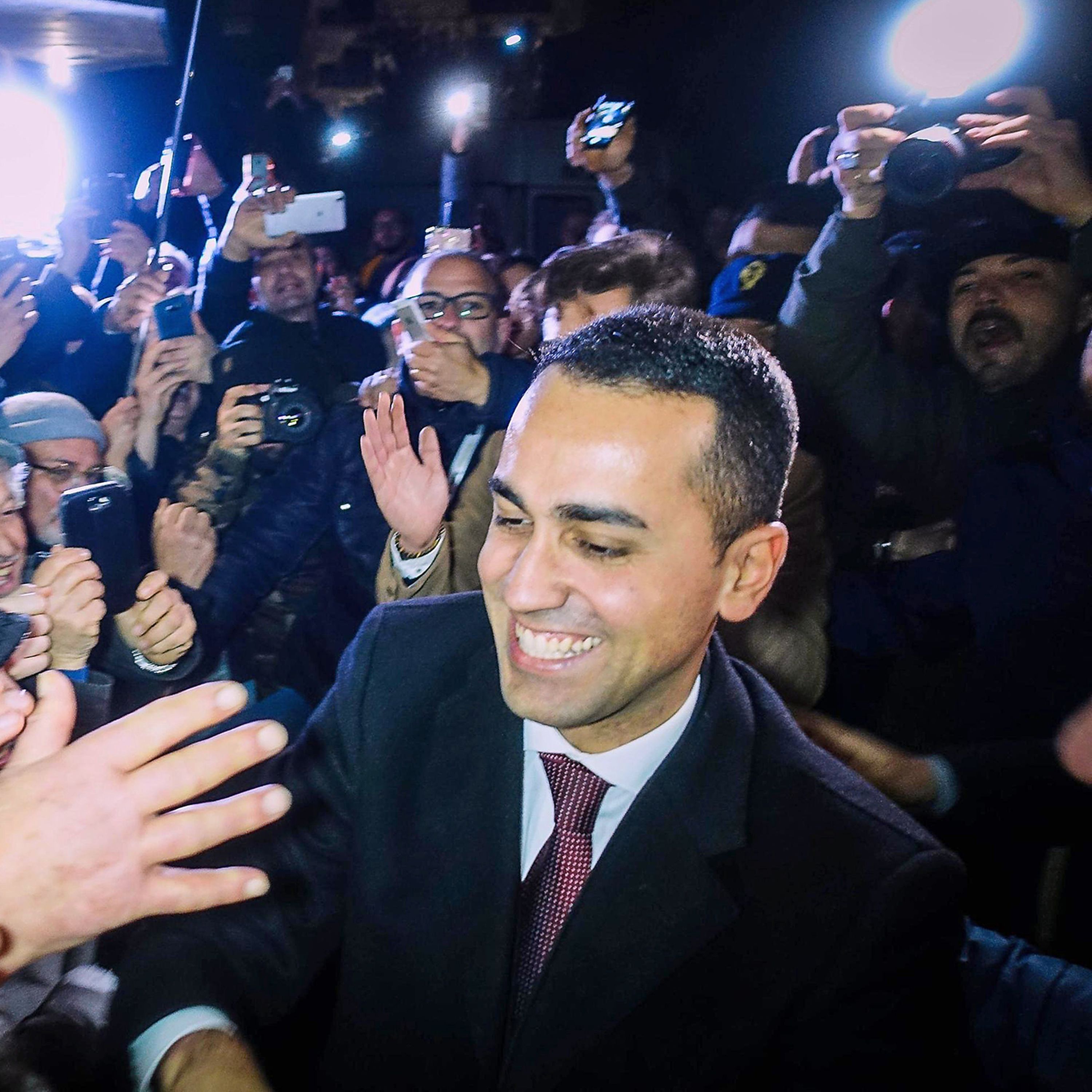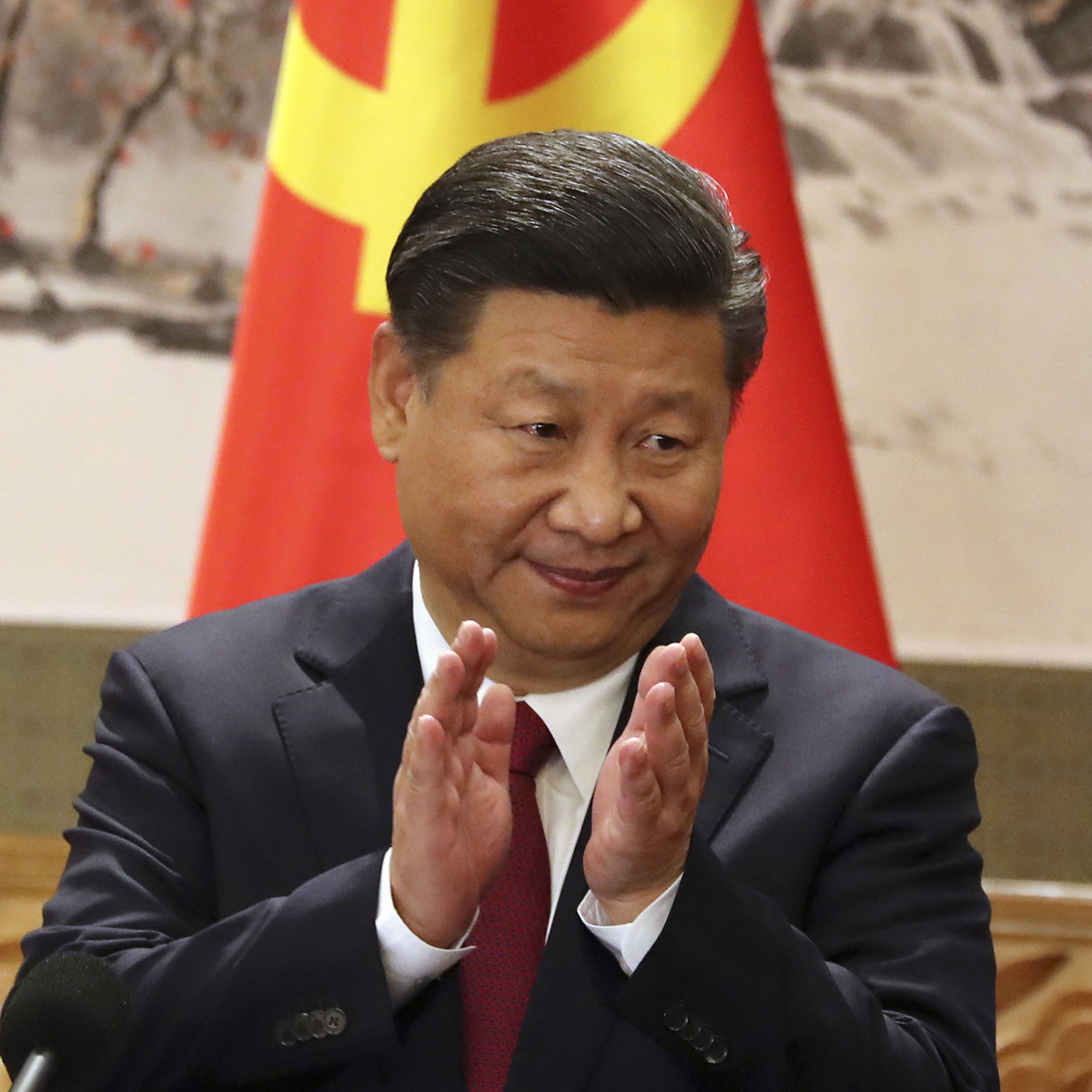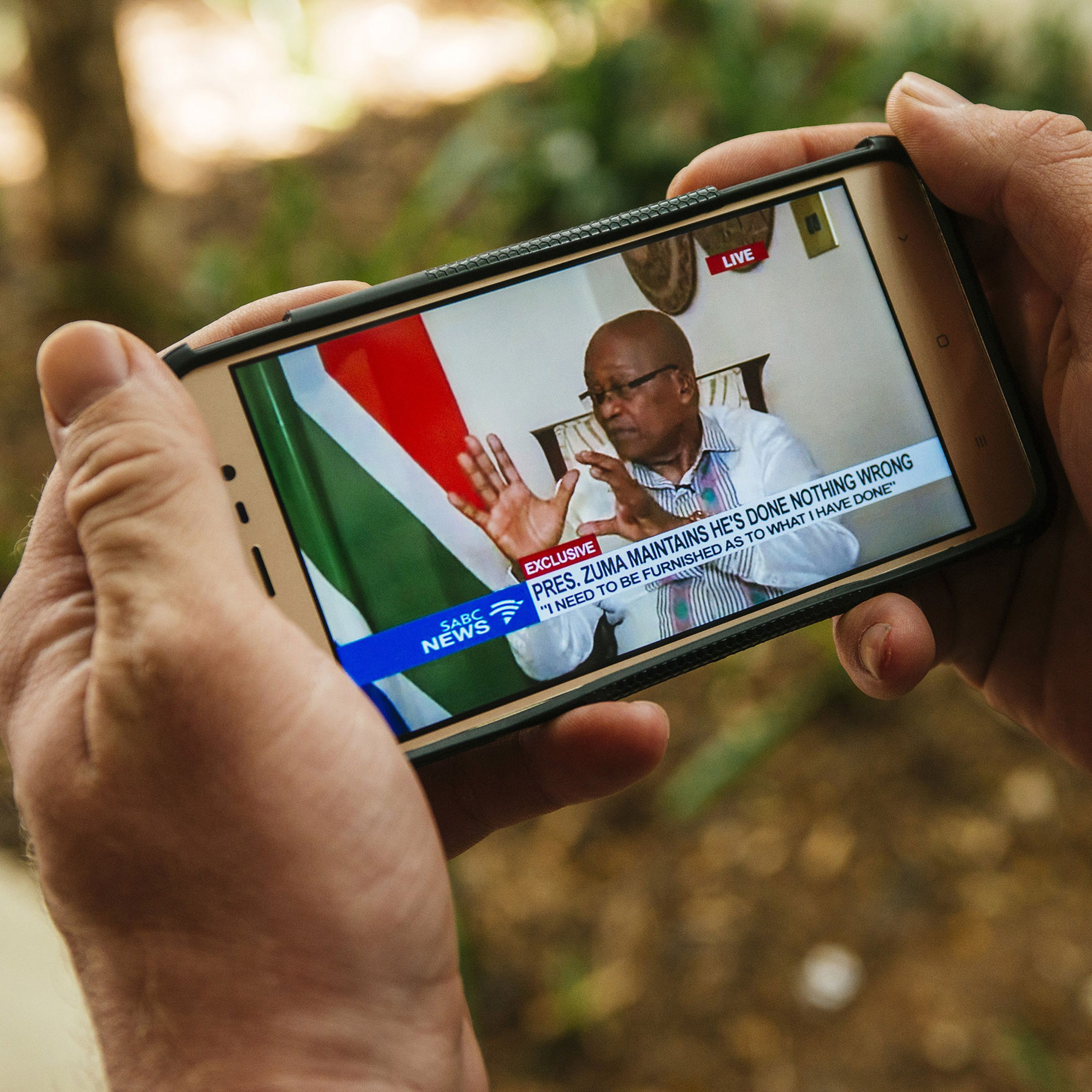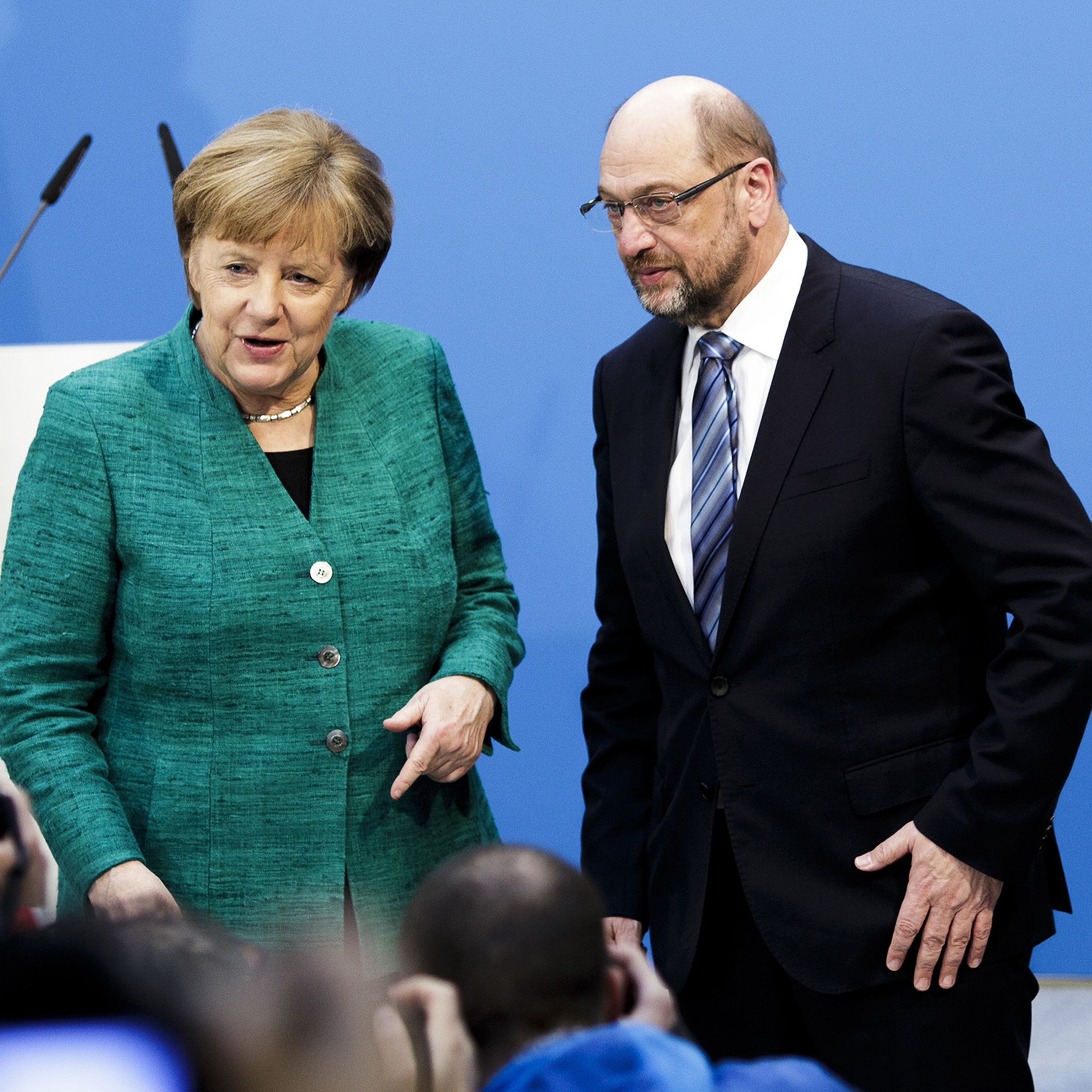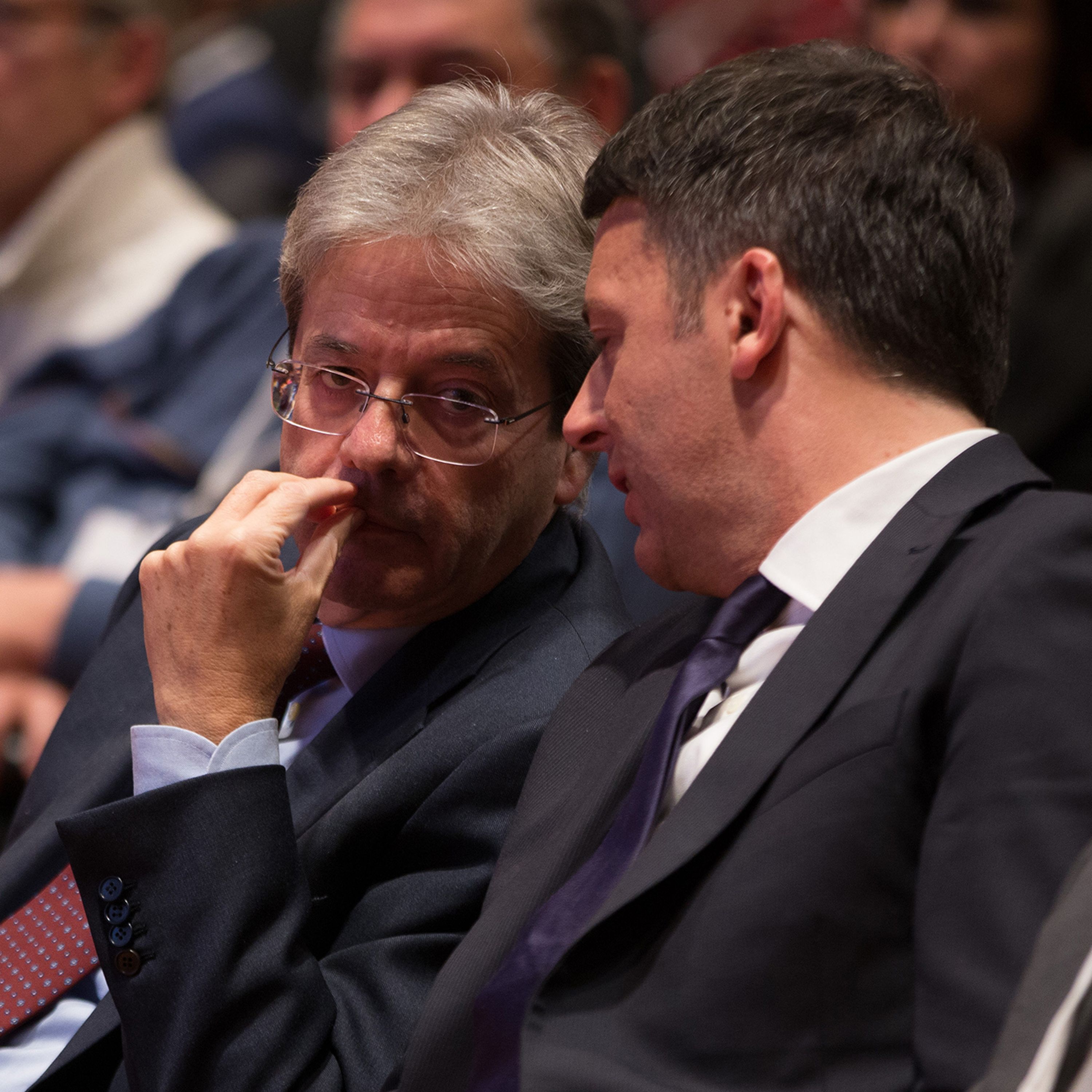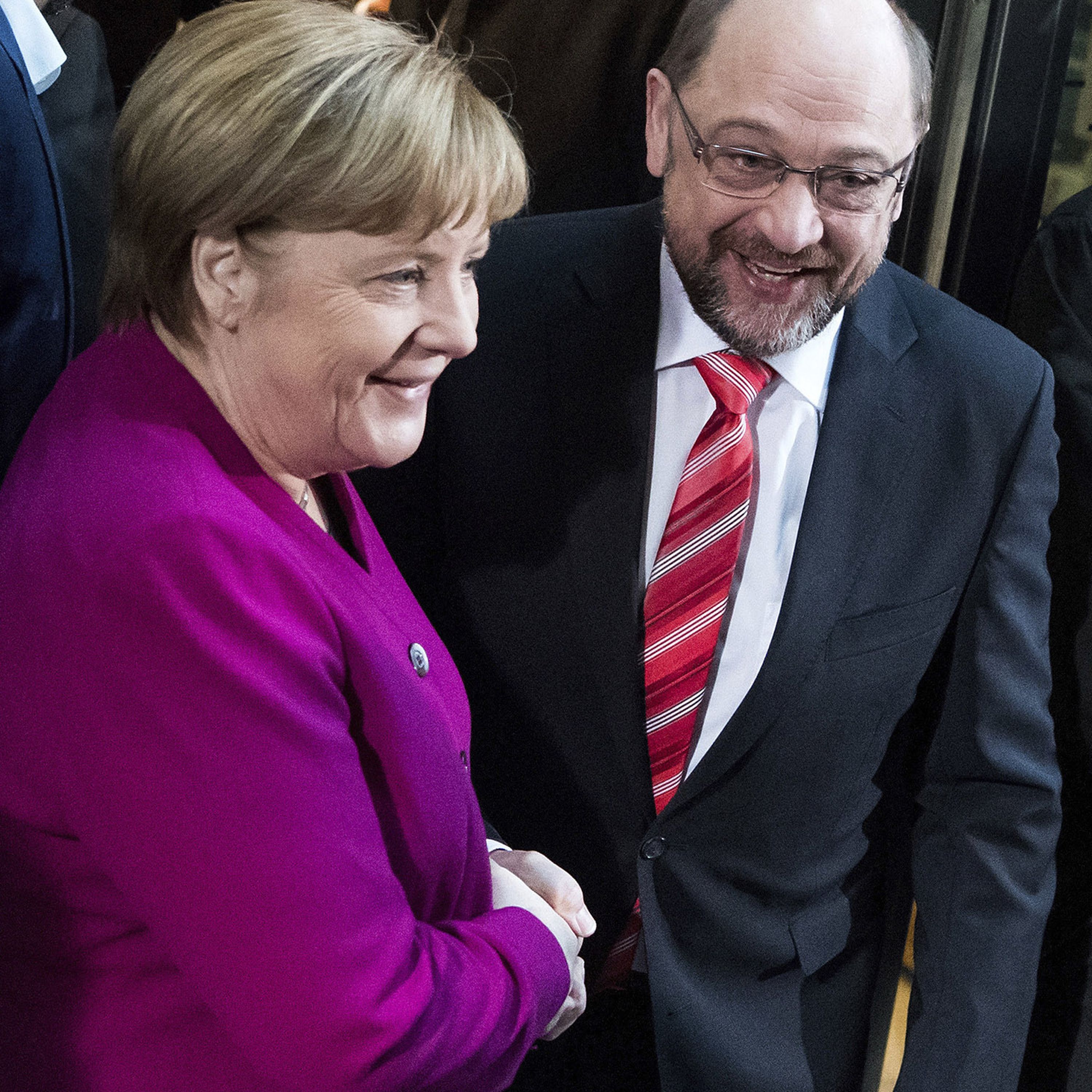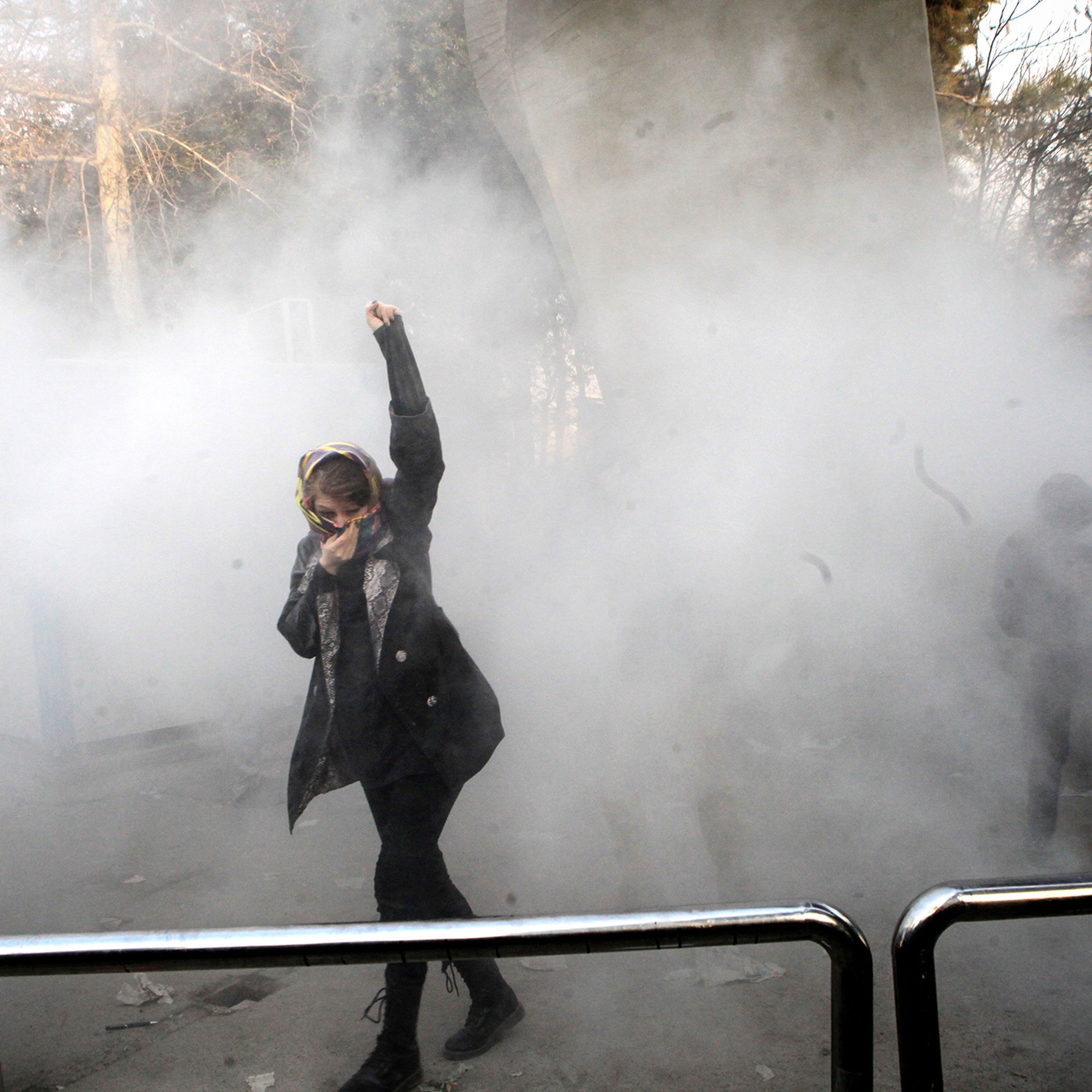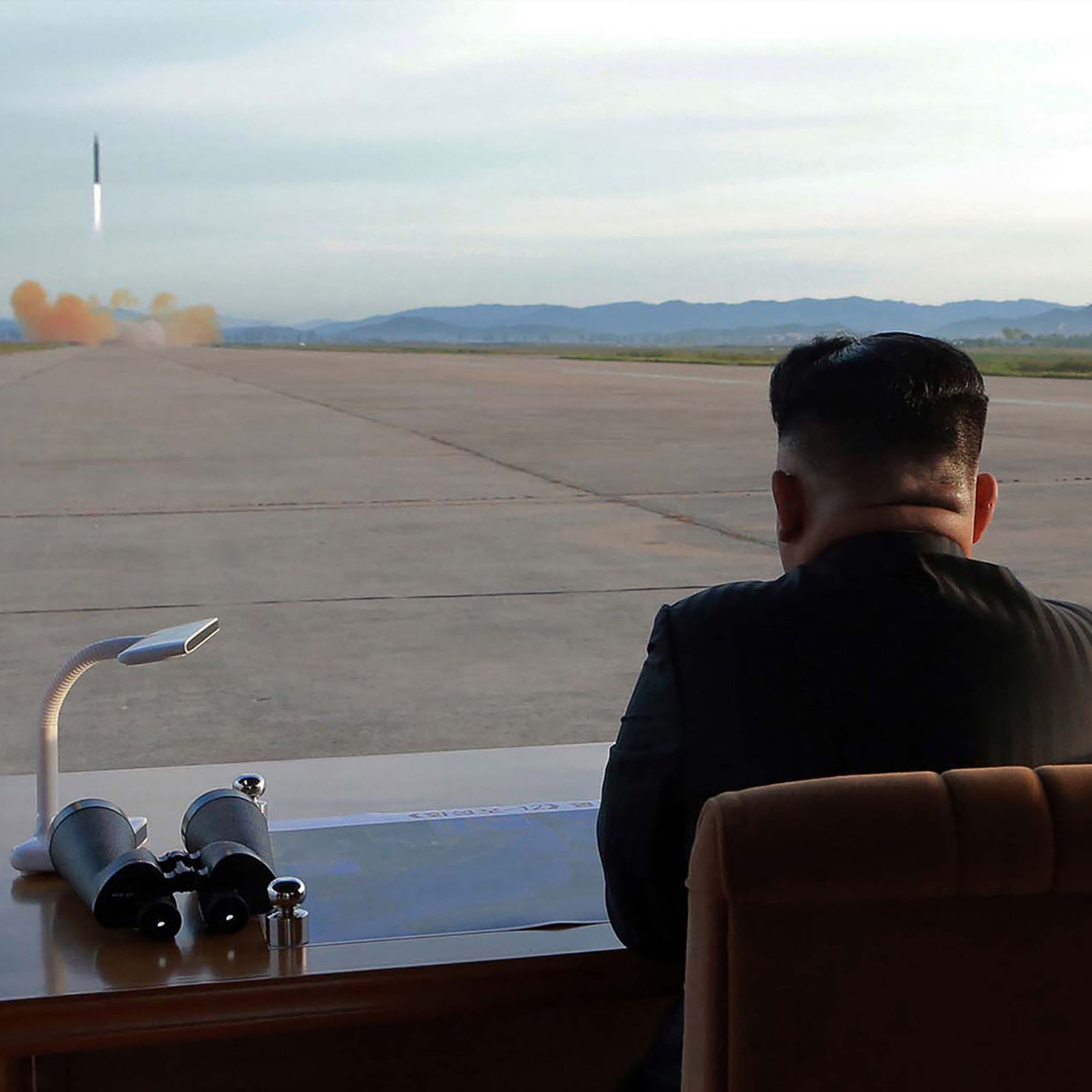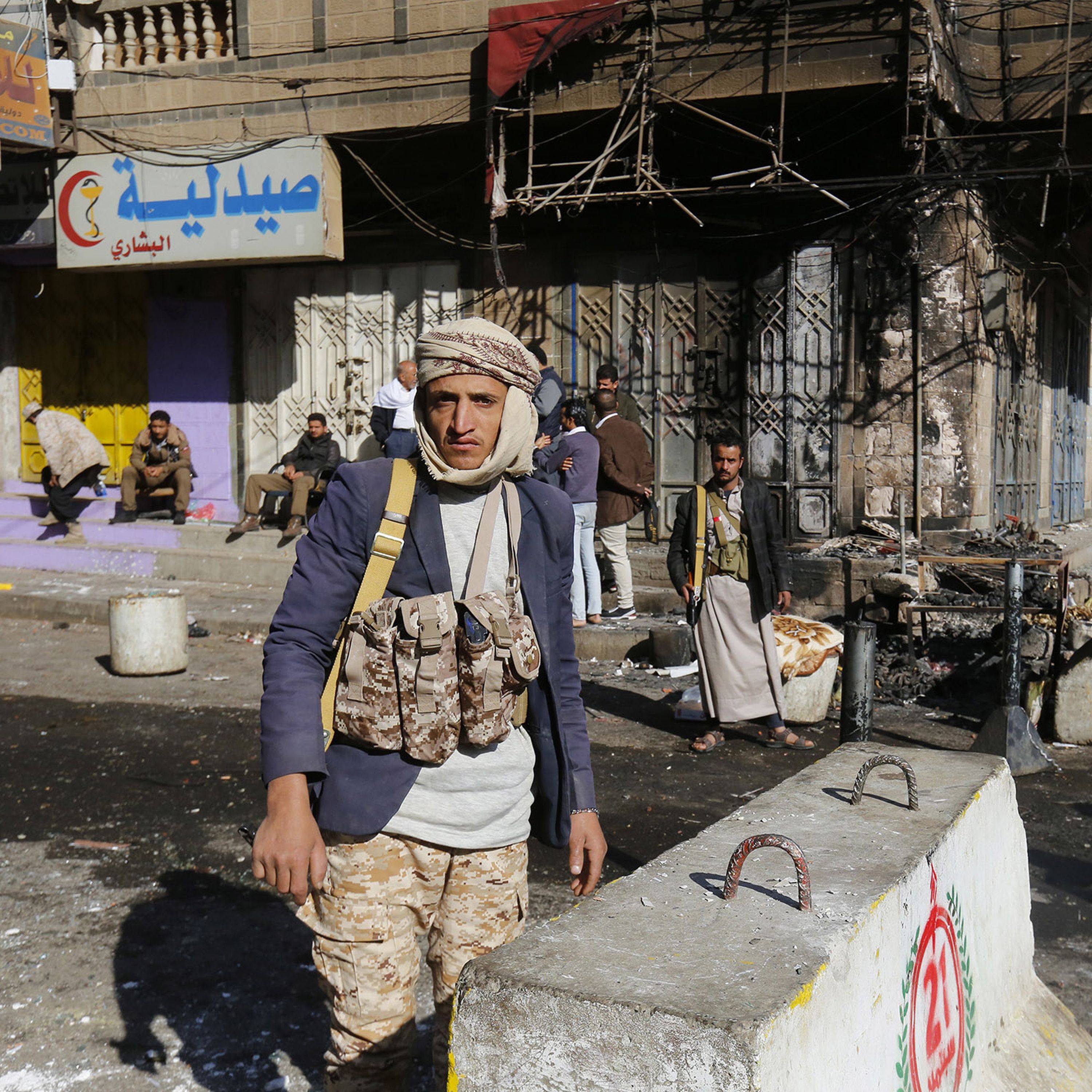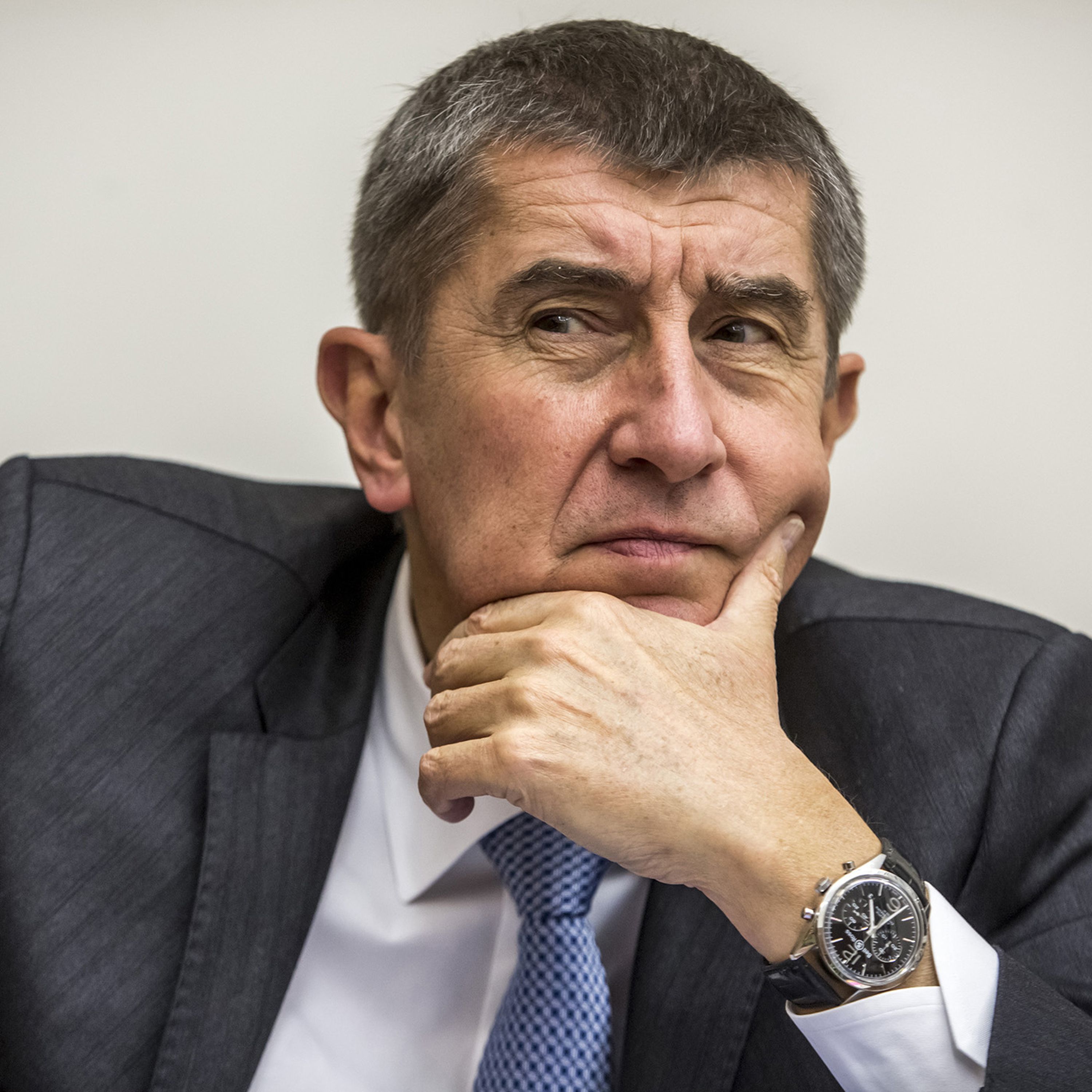FT World Weekly
Each week, we focus on one of the major international stories making headlines, drawing upon the Financial Times's team of foreign correspondents and analysts to make sense of world events. Presented by Gideon Rachman and produced by Hannah Murphy.
Life in Europe's coronavirus hotspots: Foreign affairs columnist Gideon Rachman discusses how the coronavirus epidemic has been handled in Italy and Spain with the local FT correspondents, Miles Johnson in Rome and Daniel Dombey in Madrid. How are citizens reacting to the lockdown and what will be the long-term political and economic impact?
See acast.com/privacy for privacy and opt-out information.
In this special episode from Hong Kong, Gideon Rachman talks to Regina Ip, a member of the territory's Executive Council and Legislative Council, and to student activist Joshua Wong about the continuing protests and what happens next.
See acast.com/privacy for privacy and opt-out information.
What are the factors Britain and its allies need to consider as they weigh their response to Iran's seizure of a British-flagged tanker in the Strait of Hormuz? Barney Jopson discusses the difficult waters Iran and the west must navigate to avoid a further escalation with Andrew England and Najmeh Bozorgmehr
See acast.com/privacy for privacy and opt-out information.
The judicial inquiry into alleged graft under the presidency of Jacob Zuma is laying bare the divisions of the ruling ANC. Gideon Rachman discusses Mr Zuma's testimony with Joseph Cotterill in Johannesburg and David Pilling, Africa editor.
See acast.com/privacy for privacy and opt-out information.
Gideon Rachman discusses the crisis in Britain's relations with the US following the unscheduled departure of Kim Darroch as ambassador to Washington, with Ed Luce and Geoff Dyer.
See acast.com/privacy for privacy and opt-out information.
Gideon Rachman discusses the fraught process of selecting a new leadership team in Europe and the impact these choices will have on integration, Eastern Europe and the Brexit negotiations, with Jim Brunsden and Ben Hall
See acast.com/privacy for privacy and opt-out information.
Martin Sandbu discusses the prospects that leaders attending this year's G20 summit in Osaka will be able to patch up their differences on trade and climate with Chris Giles and Leslie Hook.
See acast.com/privacy for privacy and opt-out information.
EU foreign ministers this week postponed a decision on whether to open membership negotiations with Albania and North Macedonia until October, prompting a warning from the two countries' leaders that the delay could strengthen the hand of nationalist forces. Gideon Rachmans discusses the EU's dilemma on the Balkans with Ben Hall and Valerie Hopkins.
See acast.com/privacy for privacy and opt-out information.
Protesters fought pitched battles with police in central Hong Kong in an eruption of public anger against an extradition bill that critics see as a fundamental threat to the territory’s civic freedoms and rule of law. Gideon Rachman discusses the protests and the government's harsh response with James Kynge and Sue-Lin Wong
See acast.com/privacy for privacy and opt-out information.
The US has threatened to impose levies of 5 per cent starting on June 10 on all Mexican products unless Mexico takes action to contain migration, increasing to 25 per cent by October if there is no progress. Gideon Rachman discusses the impact of this move on Mexico and on global trade with Jude Webber and Alan Beattie.
See acast.com/privacy for privacy and opt-out information.
Jair Bolsonaro, Brazil's president, took office six months ago with a pledge to fight crime, revive economic growth and open the Amazon to development. Gideon Rachman discusses what he has achieved so far with Andres Schipani and Michael Stott.
See acast.com/privacy for privacy and opt-out information.
Sebastian Kurz’s ruling coalition has been blown apart after an incriminating video was published in which Heinz Christian Strache, former vice-chancellor and far-right Freedom party leader, was seen promising lucrative government contracts in exchange for political patronage. Gideon Rachman discusses the fallout for Mr Kurz and for far-right parties across Europe with Ben Hall and Sam Jones.
See acast.com/privacy for privacy and opt-out information.
Anne Sylvaine-Chassany discusses the sharp deterioration in relations between Europe and the US against the backdrop of growing tensions in the Middle East with Guy Chazan in Berlin and Demetri Sevastopulo in Washington.
See acast.com/privacy for privacy and opt-out information.
The decision to order a re-run of the Istanbul mayoral election which an opposition candidate won by a small margin is testing the faith of those who believe Turkish democracy can survive under President Recep Tayyip Erdogan. Barney Jopson discusses the ramifications with Ayla Jean Yackley and Daniel Dombey.
See acast.com/privacy for privacy and opt-out information.
The ruling African National Congress is expected to fend off all challenges in South Africa's forthcoming elections - the country's sixth since the end of apartheid. But the party has a severely tarnished legacy amid corruption scandals and failing infrastructure. Fergus Ryan discusses the options facing the country's divided electorate with Joseph Cotterill and David Pilling.
See acast.com/privacy for privacy and opt-out information.
Ukraine's new president Volodymyr Zelensky, a comedian with no political experience, has promised to crack down on corruption and try to bring peace to the war-torn Donbass region. Gideon Rachman discusses how his leadership is likely to affect the country's relations with Russia and the west with Roman Olearchyk and Ben Hall.
See acast.com/privacy for privacy and opt-out information.
Gideon Rachman discusses the emotional, cultural and political impact of the fire that devastated France's Notre Dame cathedral this week with Victor Mallet and Edwin Heathcote
See acast.com/privacy for privacy and opt-out information.
Italy's Matteo Salvini is seeking to upend the traditional balance of power in Brussels by forming an alliance of anti-immigration European populist parties. James Wilson discusses whether he can succeed with Anne-Sylvaine Chassany and Miles Johnson.
See acast.com/privacy for privacy and opt-out information.
The crucial local elections delivered a rare political disappointment for President Recep Tayyip Erdogan. What do the polls say about the state of democracy in the country, and what do they mean for the economy? Gideon Rachman discusses the way forward for Turkey with Laura Pitel and Dan Dombey
See acast.com/privacy for privacy and opt-out information.
Can Israel's long serving prime minister overcome allegations of corruption and renewed violence from Gaza to win a fifth term in office? Gideon Rachman discusses his prospects with Andrew England and Mehul Srivastava
See acast.com/privacy for privacy and opt-out information.
Gideon Rachman discusses Italy's controversial move to endorse China's Belt and Road Initiative with Miles Johnson and Christian Shepherd
See acast.com/privacy for privacy and opt-out information.
Lawyers, senators, millennials. The field of Democrats vying for the Oval Office two years from now already includes more than a dozen contenders, and promises a record number of women and non-white candidates. Gideon Rachman discusses which of the candidates has the best chance of winning the nomination with Ed Luce and Courtney Weaver
See acast.com/privacy for privacy and opt-out information.
After decades of calm, Algerians have taken to the streets to rage against the candidacy of the ageing and ailing president Abdelaziz Bouteflika in April elections. Gideon Rachman discusses what happens next with Heba Saleh and Andrew England.
See acast.com/privacy for privacy and opt-out information.
Pakistan and India are facing their worst conflict in almost half a century after an Indian military jet was shot down over disputed Kashmir territory and an Indian fighter pilot was captured by Pakistani forces. Gideon Rachman discusses what happens next with the FT's Amy Kazmin and Farhan Bukhari
See acast.com/privacy for privacy and opt-out information.
Now that Isis has been crushed in Syria and Iraq, who has responsibility for what happens to the defeated fighters, some of them European nationals, and their families? Barney Jopson discusses the question with Michael Peel and Chloe Cornish
See acast.com/privacy for privacy and opt-out information.
Europe's pre-eminent gathering of the Transatlantic foreign policy elite gathers in Munich this week. Traditionally a show of affection between European and US officials, this year's event promises to be more divisive. Ben Hall discusses the rifts that have opened up and how they can be healed with David Bond and Michael Peel
See acast.com/privacy for privacy and opt-out information.
The EU decision to block a proposed tie up between French and German train companies Alstom and Siemens has angered politicians in Paris and Berlin. They have called for new rules to protect Europe's industry from allegedly unfair competition from countries like China. Ben Hall discusses whether these arguments have any validity with Rochelle Toplensky in Brussels and Guy Chazan in Berlin.
See acast.com/privacy for privacy and opt-out information.
Gideon Rachman discusses the implicatons of Donald Trump's tough new stance towards the Maduro regime in Venezuela with Jonathan Wheatley and Gideon Long.
See acast.com/privacy for privacy and opt-out information.
Germany and France signed a new treaty in the border town of Aachen on Tuesday that commits them to deeper co-operation on foreign and defence policy and closer economic integration. But critics say the treaty lacked depth and that President Emmanuel Macron had pushed for much more ambitious goals. Ben Hall discusses what the treaty actually achieved with Victor Mallet in Paris and Tobias Buck in Berlin
See acast.com/privacy for privacy and opt-out information.
FT analysis points to huge fraud in the first change of power since Joseph Kabila took over the presidency of the mineral-rich central African nation almost 18 years ago. Gideon Rachman discusses how the Democratic Republic of Congo's election authorities and regional powers will respond to the revelations with Tom Wilson and David Pilling
See acast.com/privacy for privacy and opt-out information.
2019 will be momentous for the European Union, with all the top jobs up for grabs, elections in May that will test the strength of populist forces, and Britain's scheduled departure at the end of March. Anne-Sylvaine Chassany discusses how things could play out with Ben Hall, Europe editor, and Alex Barker, Brussels bureau chief.
See acast.com/privacy for privacy and opt-out information.
What impact will the arrest of Huawei's chief financial officer Meng Wanzho in Canada have on the trade negotiations between the US and China? Gideon Rachman discusses the repercussions with Demetri Sevastopulo Geoff Dyer.
See acast.com/privacy for privacy and opt-out information.
An online protest against a proposed fuel tax rise has morphed into a wide-ranging, mass protest against stagnating wages, a decrease in purchasing power and the French president himself. Gideon Rachman discusses why Emmanuel Macron's reforms have met such resistance and how badly the weekend riots have damaged him with Harriet Agnew and Ben Hall
See acast.com/privacy for privacy and opt-out information.
As Mexicans await the inauguration of their new president, Andrés Manuel López Obrador, at the weekend, rattled investors are watching to see which direction the leftwing maverick takes the country. Gideon Rachman looks at the choices facing Mexico's new leader with Jude Webber, the FT's Mexico correspondent and Katie Martin, the FT's capital markets editor.
See acast.com/privacy for privacy and opt-out information.
Interpol, the global police organisation, has appointed its new chief. Usually a quiet affair, the appointment became headline news when it transpired that the frontrunner was a prominent Russian. Anne-Sylvaine Chassany takes a look at the institution with guests Henry Foy, the FT's Moscow bureau chief and Michael Peel, the FT's diplomatic editor.
See acast.com/privacy for privacy and opt-out information.
Gideon Rachman discusses the rising political tensions in the Chinese territory with Ben Bland, Hong Kong correspondent, and Victor Mallet, Asia news editor.
See acast.com/privacy for privacy and opt-out information.
Gideon Rachman discusses the implications of the US mid-term election results for the Democrats and Republicans with the FT's Geoff Dyer and James Politi. Will a mood of reconciliation or confrontation prevail?
See acast.com/privacy for privacy and opt-out information.
Angela Merkel is on her way out as the leader of Germany. Her decision to stand down as chair of the Christian Democratic Union sets up a battle for the leadership of the German centre-right. Gideon Rachman discusses the end of the Merkel era and its implications for Europe with the FT's Guy Ghazan and Ben Hall.
See acast.com/privacy for privacy and opt-out information.
Anne Sylvaine-Chassany and guests discuss Donald Trump’s threat to withdraw from the so-called Intermediate-range Nuclear Forces treaty, How much of a question mark does this put over what is left of the arms control arrangements that have helped the US and the Soviet Union contain the risk of nuclear confrontation.
Contributors: Anne-Sylvaine-Chassany, world news editor, Daniel Dombey, deputy world editor, Henry Foy, Moscow bureau chief and Michael Peel, diplomacy correspondent. Producers: Fiona Symon and Sam Westran
See acast.com/privacy for privacy and opt-out information.
Gideon Rachman discusses the regional and international repercussions of the apparent murder by Saudi agents of an exiled journalist in Turkey with Laura Pitel and Andrew England.
See acast.com/privacy for privacy and opt-out information.
A UN report on climate change this week concluded the earth had warmed by 1C since pre-industrial times and was likely to heat up by a further 2C by the turn of the century. Daniel Dombey discusses what this means with the FT's Leslie Hook and Ed Crooks
See acast.com/privacy for privacy and opt-out information.
Daniel Dombey discusses the new trilateral pact called the United States-Mexico-Canada Agreement with the FT's Alan Beattie and James Politi
See acast.com/privacy for privacy and opt-out information.
Theresa May left last week’s EU summit in Salzburg in trouble: her Chequers plan for Britain's departure from the EU was rejected by other EU leaders. Where does this leave the Brexit negotiations — and Britain's domestic politics — with just six months to go? Is the Chequers plan really dead? Political editor George Parker and Brussels bureau chief Alex Barker join Dan Dombey to discuss.
See acast.com/privacy for privacy and opt-out information.
Weeks before Brazil's presidential election, voters appear to be gravitating to opposite ends of the political spectrum, with a right-wing populist Jair Bolsonaro going head to head with the Workers' party candidate Fernando Haddad. Daniel Dombey discusses what this means for Brazil and the region with Joe Leahy and Jonathan Wheatley
See acast.com/privacy for privacy and opt-out information.
Almost unnoticed, Africa has become the world’s most rapidly urbanising continent. Daniel Dombey discusses the implications with David Pilling and Barney Jopson
Read David's article here
See acast.com/privacy for privacy and opt-out information.
With polls showing a surge in support for the far right Sweden Democrats, Gideon Rachman discusses the outlook for Sweden's general election on September 9th with the FT's Ben Hall and Richard Milne.
See acast.com/privacy for privacy and opt-out information.
Gideon Rachman discusses the impact on Iran's economic and political stability of the US decision to reimpose sanctions, with the FT's Najmeh Bozorgmehr and Andrew England
See acast.com/privacy for privacy and opt-out information.
The world is watching results come in from Zimbabwe's first presidential election without Robert Mugabe on the ballot. The ruling Zanu-PF has secured a parliamentary majority, suggesting that the party's candidate, Emmerson Mnangagwa, is likely to have won the closely-fought presidential race. The legitimacy of the election is seen as vital to whether Zimbabwe can re-engage with foreign donors and investors to end its long isolation and rebuild its shattered economy. But with the final result not yet declared, the opposition is already disputing the result. Gideon Rachman talks to the FT's Africa editor David Pilling in Harare and former southern Africa bureau chief Andrew England.
See acast.com/privacy for privacy and opt-out information.
Imran Khan, who entered politics in 1996 after retiring from international cricket, is on track to become Pakistan’s next prime minister after an election clouded with accusations of vote rigging. But with an economic crisis looming for the next government to tackle, will he be able to fulfil his campaign promises to root out corruption and increase public spending on health and education? Gideon Rachman talks about the election and its aftermath with the FT’s Kiran Stacey and Victor Mallet.
See acast.com/privacy for privacy and opt-out information.
The Helsinki summit has left both President Trump and President Putin looking weaker as the missed opportunities of their first summit become apparent. Henry Foy in Moscow and Ed Luce in Washington discuss the repercussions with Gideon Rachman
See acast.com/privacy for privacy and opt-out information.
Ben Hall discusses how Mexico's new leftist president will make good on his pledge to assist the poor, while keeping within budget. He has promised to slash fat-cat bureaucratic salaries and to crack down on corruption. But will that be enough?
See acast.com/privacy for privacy and opt-out information.
Recep Tayyip Erdogan has fulfilled his dream of taking the helm of an all-powerful executive presidency in Turkey. Daniel Dombey discusses what he will do with the unprecedented control he now has over the levers of the state with the FT's Laura Pitel in Ankara
This show was temorarily unavailable due to an error that has now been fixed. Apologies to all our listeners.
See acast.com/privacy for privacy and opt-out information.
European leaders will attempt this month to overcome deep divisions over migration policy, at a time when the issue has flared up again in Germany, threatening to destabilise Angela Merkel's coalition government. Gideon Rachman discusses prospects for the EU summit and whether Ms Merkel's government can survive with the FT's Tobias Buck and James Wilson.
See acast.com/privacy for privacy and opt-out information.
Who are the real winners from Donald Trump's rapprochement with North Korean leader Kim Jong Un? Philip Stephens discusses how the summit has been viewed by countries in the region with the FT's Bryan Harris and Jamil Anderlini
Contribute to our listener survey and enter our prize draw here.
See acast.com/privacy for privacy and opt-out information.
Gideon Rachman, Murad Ahmed and Simon Kuper in Paris join Jonathan Derbyshire to discuss the World Cup, amid concerns about hooliganism, visitor numbers and a sense that international football these days is a diminished prospect in comparison with the high-intensity club game. Produced by Murray Withers. Cover illustration by Nigel Buchanan
See acast.com/privacy for privacy and opt-out information.
Italy's political crisis, lasting nearly three months, is the longest in the country’s postwar republican history. Gideon Rachman discusses the stalemate and how it might be resolved, as well as the market reaction this week, with the FT's James Politi and Miles Johnson.
See acast.com/privacy for privacy and opt-out information.
The people of Ireland are about to vote on whether to repeal a ban on abortions that has been enshrined in the constitution since 1983. The campaign to repeal the ban is supported by the leaders of all parties in the Irish parliament but the issue remains one of the most divisive in national politics. Gideon Rachman discusses the background to the vote with the FT's Arthur Beesley and Orla Ryan
See acast.com/privacy for privacy and opt-out information.
The leaders of Italy’s two leading populist parties are on the brink of a formal alliance after a nine-week stalemate followed by less than a week of serious negotiations. Gideon Rachman discusses the potential impact of their policies on Italy and the eurozone with the FT's James Politi and Ben Hall
See acast.com/privacy for privacy and opt-out information.
What will be the impact of Donald Trump's decision to renounce the Iran nuclear deal on the Middle East and on global alliances? Daniel Dombey puts the question to the FT's Katrina Manson and Andrew England
See acast.com/privacy for privacy and opt-out information.
Jonathan Derbyshire discusses what's behind the trade row between the Trump administration and the European Union with the FT's Shawn Donnan and Guy Chazan
See acast.com/privacy for privacy and opt-out information.
Tensions have been building between Israel, Iran and Hizbollah, Iran's Lebanese ally, over Israel's concerns that its regional foes are looking to exploit the conflict in Syria to build weapons caches and bases close to the Israeli border. Gideon Rachman discusses the recent skirmishes and the risk of further escalation with Mehul Srivastava and Andrew England.
See acast.com/privacy for privacy and opt-out information.
As another scandal breaks over allegations from the former FBI chief James Comey that Donald Trump is 'morally unfit', Gideon Rachman and Demetri Sevastopulo look back at the US president's first year in office and the challenges that lie ahead
See acast.com/privacy for privacy and opt-out information.
Gideon Rachman discusses the growing confrontation between Russia and the west, and the re-election of Hungary's Viktor Orban, a populist leader who represents a challenge to the traditional values of the European Union, with the FT's Neil Buckley and Alex Barker
See acast.com/privacy for privacy and opt-out information.
The bitter confrontation between Emmanuel Macron and rail workers over plans to overhaul the country's state train operator is the French president’s most perilous gamble so far. Gideon Rachman discusses what is at stake and who is likely to come out the winner with the FT's Ben Hall and David Keohane.
See acast.com/privacy for privacy and opt-out information.
Egyptians voted in a three-day election this week that is virtually certain to hand Abdel Fattah el-Sisi a second term as president. The only contender running against Mr Sisi, a former military chief who came to power in a popularly backed 2013 coup, is an obscure politician who is a self-confessed supporter of the president. Gideon Rachman discusses what the election means for Egypt with the FT’s Heba Saleh in Cairo and Andrew England in London.
See acast.com/privacy for privacy and opt-out information.
Donald Trump was hoping that the Russia probe would be over by now but, if anything, it is intensifying with the news that Robert Mueller has subpoenaed the Trump Organisation to turn over documents. Daniel Dombey asks the FT's Demetri Sevastopulo and Ed Luce how damaging this is for the US president and whether an end is in sight.
See acast.com/privacy for privacy and opt-out information.
The poisoning of an ex-spy and his daughter with a rare military-grade nerve agent has sent Russia's relations with the west to fresh lows. Ahead of this week's elections, what does this tell us about what we can expect from Vladimir Putin's next term in office? Gideon Rachman discusses this question with the FT's Neil Buckley and Kathrin Hille.
See acast.com/privacy for privacy and opt-out information.
About half of Italians who voted in Sunday’s elections opted for one of the country’s anti-establishment parties and the country must now stitch together a coalition government. Gideon Rachman discusses what happens next with the FT’s Rachel Sanderson and Tony Barber.
See acast.com/privacy for privacy and opt-out information.
By signalling his intention to remove the two-term limit on China’s presidency, China's strongman Xi Jinping is discarding more than three decades of precedent aimed at institutionalising the peaceful transition of power. Gideon Rachman discusses the implications of the move with the FT's Tom Mitchell and James Kynge.
See acast.com/privacy for privacy and opt-out information.
The US president is being outplayed by special investigator Robert Mueller’s chess moves, but unless the Republican Party turns against him, his presidency still looks secure. Gideon Rachman discusses whether the special investigator's patience will pay off in the end with the FT's Ed Luce and Geoff Dyer.
See acast.com/privacy for privacy and opt-out information.
South Africa's president Jacob Zuma is clinging to power despite intensifying efforts to remove him. Gideon Rachman discusses the ruling ANC's predicament and whether its new leader Cyril Ramaphosa can restore the country's fortunes with the FT's Andrew England and Joseph Cotterill
See acast.com/privacy for privacy and opt-out information.
After four months of bargaining, Germany is to have a new government. Angela Merkel will remain chancellor and the foreign and finance minister jobs will be occupied by the centre-left SPD. EU officials are delighted with the pro-European tilt of the latest grand coalition. Daniel Dombey discusses what this means for Germany and Europe with the FT's Alex Barker and Guy Chazan
See acast.com/privacy for privacy and opt-out information.
Turkey’s attack on a prized US ally in the Kurdish enclave of Afrin in north-western Syria has opened a new front in Syria’s seven-year-old civil war and highlights the depths to which Ankara’s relations with the US have sunk. Andrew England discusses the implications for Syria, the Kurds, Turkey and the west with the FT's Laura Pitel and Erika Solomon
See acast.com/privacy for privacy and opt-out information.
Trade has dominated discussions at this year's World Economic Forum in Davos amid fears that Donald Trump's America-first approach will lead to fragmentation. Gideon Rachman sat down with Richard Baldwin, Professor of International Economics at the Graduate Institute in Geneva, and asked him how worried people should be about the integrity of the global trading system.
See acast.com/privacy for privacy and opt-out information.
March elections in Italy could see a surge in support for the country’s eurosceptic opposition. Paolo Gentiloni’s ruling Democratic party is trailing both a resurgent centre-right coalition led by former prime minister Silvio Berlusconi, and the anti-establishment Five Star Movement in the polls. Gideon Rachman discusses what this means for Italy and the eurozone with the FT's Rome correspondent James Politi
See acast.com/privacy for privacy and opt-out information.
As Angela Merkel struggles to form a new government, Guy Chazan and Fred Studemann join Gideon Rachman to discuss if we are witnessing the end of the Merkel era?
See acast.com/privacy for privacy and opt-out information.
What do Iran's recent anti-government demonstrations mean for the regime of Hassan Rouhani, and for the country's foreign policy? Gideon Rachman discusses the repercussions of the unrest with the FT's Najmeh Bozorgmehr and Andrew England.
See acast.com/privacy for privacy and opt-out information.
How has Donald Trump's first year in office affected America's relationship with the rest of the world? Is he an isolationist, and if so, how do we interpret his assertive policy towards North Korea? Gideon Rachman and Geoff Dyer discuss these questions and look at the US foreign policy challenges of the coming year.
See acast.com/privacy for privacy and opt-out information.
The long-running war in Yemen has caused the world's worst humanitarian crisis and the killing of Ali Abdullah Saleh, the influential former president, this week curtailed a fledgling effort to reach a negotiated solution. Gideon Rachman discusses why the conflict has proved so protracted with the FT's Simeon Kerr and Andrew England.
See acast.com/privacy for privacy and opt-out information.
Disagreement over the future of the Northern Irish border after Brexit has strained Anglo-Irish relations. As the UK's negotiations with the EU approach a crucial stage, could Dublin derail the British government's pursuit of a Brexit deal?
See acast.com/privacy for privacy and opt-out information.
A tumultuous week in Zimbabwe culminates in the resignation of President Robert Mugabe, the country's leader of 37 years. Gideon Rachman is joined by Andrew England and David Pilling in Harare.
See acast.com/privacy for privacy and opt-out information.
As President Donald Trump's tour of Asia comes to a close, we ask whether the US stance on the TPP and Nafta agreements bodes ill for the stability of the world trading system. Gideon Rachman is joined by the FT's Martin Sandbu and Shawn Donnan in Washington.
See acast.com/privacy for privacy and opt-out information.
Some of the most powerful figures in Saudi Arabia have been arrested in a new anti-corruption crackdown, while tensions between the gulf kingdom and Iran are being felt across the region. Gideon Rachman is joined by Simeon Kerr and Erika Solomon.
See acast.com/privacy for privacy and opt-out information.
The US president is about to embark on a five-country tour of Asia. With tensions mounting over North Korea, what can we expect?
Gideon Rachman is joined by Geoff Dyer and Katrina Manson.
See acast.com/privacy for privacy and opt-out information.
Populist parties are on the rise in Poland, Hungary and now the Czech Republic after the election victory of a party led by Andrej Babiš, who some people label the Czech Donald Trump. Gideon Rachman discusses how serious a challenge this poses for the European Union as a club of like-minded democracies with Neil Buckley and James Shotter.
See acast.com/privacy for privacy and opt-out information.
See acast.com/privacy for privacy and opt-out information.
See acast.com/privacy for privacy and opt-out information.
See acast.com/privacy for privacy and opt-out information.
See acast.com/privacy for privacy and opt-out information.
See acast.com/privacy for privacy and opt-out information.
See acast.com/privacy for privacy and opt-out information.
See acast.com/privacy for privacy and opt-out information.
See acast.com/privacy for privacy and opt-out information.
See acast.com/privacy for privacy and opt-out information.
See acast.com/privacy for privacy and opt-out information.
See acast.com/privacy for privacy and opt-out information.
See acast.com/privacy for privacy and opt-out information.
See acast.com/privacy for privacy and opt-out information.
See acast.com/privacy for privacy and opt-out information.
See acast.com/privacy for privacy and opt-out information.
See acast.com/privacy for privacy and opt-out information.
See acast.com/privacy for privacy and opt-out information.
See acast.com/privacy for privacy and opt-out information.
See acast.com/privacy for privacy and opt-out information.
See acast.com/privacy for privacy and opt-out information.
See acast.com/privacy for privacy and opt-out information.
See acast.com/privacy for privacy and opt-out information.
See acast.com/privacy for privacy and opt-out information.
See acast.com/privacy for privacy and opt-out information.
See acast.com/privacy for privacy and opt-out information.
See acast.com/privacy for privacy and opt-out information.
See acast.com/privacy for privacy and opt-out information.
See acast.com/privacy for privacy and opt-out information.
See acast.com/privacy for privacy and opt-out information.
See acast.com/privacy for privacy and opt-out information.
See acast.com/privacy for privacy and opt-out information.
See acast.com/privacy for privacy and opt-out information.
See acast.com/privacy for privacy and opt-out information.
See acast.com/privacy for privacy and opt-out information.
See acast.com/privacy for privacy and opt-out information.
See acast.com/privacy for privacy and opt-out information.
See acast.com/privacy for privacy and opt-out information.
See acast.com/privacy for privacy and opt-out information.
See acast.com/privacy for privacy and opt-out information.
See acast.com/privacy for privacy and opt-out information.
See acast.com/privacy for privacy and opt-out information.
See acast.com/privacy for privacy and opt-out information.
See acast.com/privacy for privacy and opt-out information.
See acast.com/privacy for privacy and opt-out information.
See acast.com/privacy for privacy and opt-out information.
See acast.com/privacy for privacy and opt-out information.
See acast.com/privacy for privacy and opt-out information.
See acast.com/privacy for privacy and opt-out information.
See acast.com/privacy for privacy and opt-out information.
See acast.com/privacy for privacy and opt-out information.
See acast.com/privacy for privacy and opt-out information.
See acast.com/privacy for privacy and opt-out information.
See acast.com/privacy for privacy and opt-out information.
See acast.com/privacy for privacy and opt-out information.
See acast.com/privacy for privacy and opt-out information.
See acast.com/privacy for privacy and opt-out information.
See acast.com/privacy for privacy and opt-out information.
See acast.com/privacy for privacy and opt-out information.
See acast.com/privacy for privacy and opt-out information.
See acast.com/privacy for privacy and opt-out information.
See acast.com/privacy for privacy and opt-out information.
See acast.com/privacy for privacy and opt-out information.
See acast.com/privacy for privacy and opt-out information.
See acast.com/privacy for privacy and opt-out information.
See acast.com/privacy for privacy and opt-out information.
See acast.com/privacy for privacy and opt-out information.
See acast.com/privacy for privacy and opt-out information.
See acast.com/privacy for privacy and opt-out information.
See acast.com/privacy for privacy and opt-out information.
See acast.com/privacy for privacy and opt-out information.
See acast.com/privacy for privacy and opt-out information.
See acast.com/privacy for privacy and opt-out information.
See acast.com/privacy for privacy and opt-out information.
See acast.com/privacy for privacy and opt-out information.
See acast.com/privacy for privacy and opt-out information.
See acast.com/privacy for privacy and opt-out information.
See acast.com/privacy for privacy and opt-out information.
See acast.com/privacy for privacy and opt-out information.
See acast.com/privacy for privacy and opt-out information.
See acast.com/privacy for privacy and opt-out information.
See acast.com/privacy for privacy and opt-out information.
See acast.com/privacy for privacy and opt-out information.
See acast.com/privacy for privacy and opt-out information.
See acast.com/privacy for privacy and opt-out information.
See acast.com/privacy for privacy and opt-out information.
See acast.com/privacy for privacy and opt-out information.
See acast.com/privacy for privacy and opt-out information.
See acast.com/privacy for privacy and opt-out information.
See acast.com/privacy for privacy and opt-out information.
See acast.com/privacy for privacy and opt-out information.
See acast.com/privacy for privacy and opt-out information.
See acast.com/privacy for privacy and opt-out information.
See acast.com/privacy for privacy and opt-out information.
See acast.com/privacy for privacy and opt-out information.
See acast.com/privacy for privacy and opt-out information.
See acast.com/privacy for privacy and opt-out information.
See acast.com/privacy for privacy and opt-out information.
See acast.com/privacy for privacy and opt-out information.
See acast.com/privacy for privacy and opt-out information.
See acast.com/privacy for privacy and opt-out information.
See acast.com/privacy for privacy and opt-out information.
See acast.com/privacy for privacy and opt-out information.
See acast.com/privacy for privacy and opt-out information.
See acast.com/privacy for privacy and opt-out information.
See acast.com/privacy for privacy and opt-out information.
See acast.com/privacy for privacy and opt-out information.
See acast.com/privacy for privacy and opt-out information.
See acast.com/privacy for privacy and opt-out information.
See acast.com/privacy for privacy and opt-out information.
See acast.com/privacy for privacy and opt-out information.
See acast.com/privacy for privacy and opt-out information.
See acast.com/privacy for privacy and opt-out information.
See acast.com/privacy for privacy and opt-out information.
See acast.com/privacy for privacy and opt-out information.
See acast.com/privacy for privacy and opt-out information.
See acast.com/privacy for privacy and opt-out information.
See acast.com/privacy for privacy and opt-out information.
See acast.com/privacy for privacy and opt-out information.
See acast.com/privacy for privacy and opt-out information.
See acast.com/privacy for privacy and opt-out information.
See acast.com/privacy for privacy and opt-out information.
See acast.com/privacy for privacy and opt-out information.
See acast.com/privacy for privacy and opt-out information.
See acast.com/privacy for privacy and opt-out information.
See acast.com/privacy for privacy and opt-out information.
See acast.com/privacy for privacy and opt-out information.
See acast.com/privacy for privacy and opt-out information.
See acast.com/privacy for privacy and opt-out information.
See acast.com/privacy for privacy and opt-out information.
See acast.com/privacy for privacy and opt-out information.
See acast.com/privacy for privacy and opt-out information.
See acast.com/privacy for privacy and opt-out information.
See acast.com/privacy for privacy and opt-out information.
See acast.com/privacy for privacy and opt-out information.
See acast.com/privacy for privacy and opt-out information.
See acast.com/privacy for privacy and opt-out information.
See acast.com/privacy for privacy and opt-out information.
See acast.com/privacy for privacy and opt-out information.
See acast.com/privacy for privacy and opt-out information.
See acast.com/privacy for privacy and opt-out information.
See acast.com/privacy for privacy and opt-out information.
See acast.com/privacy for privacy and opt-out information.
See acast.com/privacy for privacy and opt-out information.
See acast.com/privacy for privacy and opt-out information.
See acast.com/privacy for privacy and opt-out information.
See acast.com/privacy for privacy and opt-out information.
See acast.com/privacy for privacy and opt-out information.
See acast.com/privacy for privacy and opt-out information.
See acast.com/privacy for privacy and opt-out information.
See acast.com/privacy for privacy and opt-out information.
See acast.com/privacy for privacy and opt-out information.
See acast.com/privacy for privacy and opt-out information.
See acast.com/privacy for privacy and opt-out information.
See acast.com/privacy for privacy and opt-out information.
See acast.com/privacy for privacy and opt-out information.
See acast.com/privacy for privacy and opt-out information.
See acast.com/privacy for privacy and opt-out information.
See acast.com/privacy for privacy and opt-out information.
See acast.com/privacy for privacy and opt-out information.
See acast.com/privacy for privacy and opt-out information.
See acast.com/privacy for privacy and opt-out information.
See acast.com/privacy for privacy and opt-out information.
See acast.com/privacy for privacy and opt-out information.
See acast.com/privacy for privacy and opt-out information.
See acast.com/privacy for privacy and opt-out information.
See acast.com/privacy for privacy and opt-out information.
See acast.com/privacy for privacy and opt-out information.
See acast.com/privacy for privacy and opt-out information.
See acast.com/privacy for privacy and opt-out information.
See acast.com/privacy for privacy and opt-out information.
See acast.com/privacy for privacy and opt-out information.
See acast.com/privacy for privacy and opt-out information.
See acast.com/privacy for privacy and opt-out information.
See acast.com/privacy for privacy and opt-out information.
See acast.com/privacy for privacy and opt-out information.
See acast.com/privacy for privacy and opt-out information.
See acast.com/privacy for privacy and opt-out information.
See acast.com/privacy for privacy and opt-out information.
See acast.com/privacy for privacy and opt-out information.
See acast.com/privacy for privacy and opt-out information.
See acast.com/privacy for privacy and opt-out information.
See acast.com/privacy for privacy and opt-out information.
See acast.com/privacy for privacy and opt-out information.
See acast.com/privacy for privacy and opt-out information.
See acast.com/privacy for privacy and opt-out information.
See acast.com/privacy for privacy and opt-out information.
See acast.com/privacy for privacy and opt-out information.
See acast.com/privacy for privacy and opt-out information.
See acast.com/privacy for privacy and opt-out information.
See acast.com/privacy for privacy and opt-out information.
See acast.com/privacy for privacy and opt-out information.
See acast.com/privacy for privacy and opt-out information.
See acast.com/privacy for privacy and opt-out information.
See acast.com/privacy for privacy and opt-out information.
See acast.com/privacy for privacy and opt-out information.
See acast.com/privacy for privacy and opt-out information.
See acast.com/privacy for privacy and opt-out information.
See acast.com/privacy for privacy and opt-out information.
See acast.com/privacy for privacy and opt-out information.
See acast.com/privacy for privacy and opt-out information.
See acast.com/privacy for privacy and opt-out information.
See acast.com/privacy for privacy and opt-out information.
See acast.com/privacy for privacy and opt-out information.
See acast.com/privacy for privacy and opt-out information.
See acast.com/privacy for privacy and opt-out information.
See acast.com/privacy for privacy and opt-out information.
See acast.com/privacy for privacy and opt-out information.
See acast.com/privacy for privacy and opt-out information.
See acast.com/privacy for privacy and opt-out information.
See acast.com/privacy for privacy and opt-out information.
See acast.com/privacy for privacy and opt-out information.
See acast.com/privacy for privacy and opt-out information.
See acast.com/privacy for privacy and opt-out information.
See acast.com/privacy for privacy and opt-out information.
See acast.com/privacy for privacy and opt-out information.
See acast.com/privacy for privacy and opt-out information.
See acast.com/privacy for privacy and opt-out information.
See acast.com/privacy for privacy and opt-out information.
See acast.com/privacy for privacy and opt-out information.
See acast.com/privacy for privacy and opt-out information.
See acast.com/privacy for privacy and opt-out information.
See acast.com/privacy for privacy and opt-out information.
See acast.com/privacy for privacy and opt-out information.
See acast.com/privacy for privacy and opt-out information.
See acast.com/privacy for privacy and opt-out information.
See acast.com/privacy for privacy and opt-out information.
See acast.com/privacy for privacy and opt-out information.
See acast.com/privacy for privacy and opt-out information.
See acast.com/privacy for privacy and opt-out information.
See acast.com/privacy for privacy and opt-out information.
See acast.com/privacy for privacy and opt-out information.
See acast.com/privacy for privacy and opt-out information.
See acast.com/privacy for privacy and opt-out information.
See acast.com/privacy for privacy and opt-out information.
See acast.com/privacy for privacy and opt-out information.
See acast.com/privacy for privacy and opt-out information.
See acast.com/privacy for privacy and opt-out information.
See acast.com/privacy for privacy and opt-out information.
See acast.com/privacy for privacy and opt-out information.
See acast.com/privacy for privacy and opt-out information.
See acast.com/privacy for privacy and opt-out information.
See acast.com/privacy for privacy and opt-out information.
See acast.com/privacy for privacy and opt-out information.
See acast.com/privacy for privacy and opt-out information.
See acast.com/privacy for privacy and opt-out information.
See acast.com/privacy for privacy and opt-out information.
See acast.com/privacy for privacy and opt-out information.
See acast.com/privacy for privacy and opt-out information.
See acast.com/privacy for privacy and opt-out information.
See acast.com/privacy for privacy and opt-out information.
See acast.com/privacy for privacy and opt-out information.
See acast.com/privacy for privacy and opt-out information.
See acast.com/privacy for privacy and opt-out information.
See acast.com/privacy for privacy and opt-out information.
See acast.com/privacy for privacy and opt-out information.
See acast.com/privacy for privacy and opt-out information.
See acast.com/privacy for privacy and opt-out information.
See acast.com/privacy for privacy and opt-out information.
See acast.com/privacy for privacy and opt-out information.
See acast.com/privacy for privacy and opt-out information.
See acast.com/privacy for privacy and opt-out information.
See acast.com/privacy for privacy and opt-out information.
See acast.com/privacy for privacy and opt-out information.
See acast.com/privacy for privacy and opt-out information.
See acast.com/privacy for privacy and opt-out information.
See acast.com/privacy for privacy and opt-out information.
See acast.com/privacy for privacy and opt-out information.
See acast.com/privacy for privacy and opt-out information.
See acast.com/privacy for privacy and opt-out information.
See acast.com/privacy for privacy and opt-out information.
See acast.com/privacy for privacy and opt-out information.
See acast.com/privacy for privacy and opt-out information.
See acast.com/privacy for privacy and opt-out information.
See acast.com/privacy for privacy and opt-out information.
See acast.com/privacy for privacy and opt-out information.
See acast.com/privacy for privacy and opt-out information.
See acast.com/privacy for privacy and opt-out information.
See acast.com/privacy for privacy and opt-out information.
See acast.com/privacy for privacy and opt-out information.
See acast.com/privacy for privacy and opt-out information.
See acast.com/privacy for privacy and opt-out information.
See acast.com/privacy for privacy and opt-out information.
See acast.com/privacy for privacy and opt-out information.
See acast.com/privacy for privacy and opt-out information.
See acast.com/privacy for privacy and opt-out information.
See acast.com/privacy for privacy and opt-out information.
See acast.com/privacy for privacy and opt-out information.
See acast.com/privacy for privacy and opt-out information.
See acast.com/privacy for privacy and opt-out information.
See acast.com/privacy for privacy and opt-out information.
See acast.com/privacy for privacy and opt-out information.
See acast.com/privacy for privacy and opt-out information.
See acast.com/privacy for privacy and opt-out information.
See acast.com/privacy for privacy and opt-out information.
See acast.com/privacy for privacy and opt-out information.
See acast.com/privacy for privacy and opt-out information.
See acast.com/privacy for privacy and opt-out information.
See acast.com/privacy for privacy and opt-out information.
See acast.com/privacy for privacy and opt-out information.
See acast.com/privacy for privacy and opt-out information.
See acast.com/privacy for privacy and opt-out information.
See acast.com/privacy for privacy and opt-out information.
See acast.com/privacy for privacy and opt-out information.
See acast.com/privacy for privacy and opt-out information.
See acast.com/privacy for privacy and opt-out information.
See acast.com/privacy for privacy and opt-out information.
See acast.com/privacy for privacy and opt-out information.
See acast.com/privacy for privacy and opt-out information.
See acast.com/privacy for privacy and opt-out information.
See acast.com/privacy for privacy and opt-out information.
See acast.com/privacy for privacy and opt-out information.
See acast.com/privacy for privacy and opt-out information.
See acast.com/privacy for privacy and opt-out information.
See acast.com/privacy for privacy and opt-out information.
See acast.com/privacy for privacy and opt-out information.
See acast.com/privacy for privacy and opt-out information.
See acast.com/privacy for privacy and opt-out information.
See acast.com/privacy for privacy and opt-out information.
See acast.com/privacy for privacy and opt-out information.
See acast.com/privacy for privacy and opt-out information.
See acast.com/privacy for privacy and opt-out information.
See acast.com/privacy for privacy and opt-out information.
See acast.com/privacy for privacy and opt-out information.
See acast.com/privacy for privacy and opt-out information.
See acast.com/privacy for privacy and opt-out information.
See acast.com/privacy for privacy and opt-out information.
See acast.com/privacy for privacy and opt-out information.
See acast.com/privacy for privacy and opt-out information.
See acast.com/privacy for privacy and opt-out information.
See acast.com/privacy for privacy and opt-out information.
See acast.com/privacy for privacy and opt-out information.
See acast.com/privacy for privacy and opt-out information.
See acast.com/privacy for privacy and opt-out information.
See acast.com/privacy for privacy and opt-out information.
See acast.com/privacy for privacy and opt-out information.
See acast.com/privacy for privacy and opt-out information.
See acast.com/privacy for privacy and opt-out information.
See acast.com/privacy for privacy and opt-out information.
See acast.com/privacy for privacy and opt-out information.
See acast.com/privacy for privacy and opt-out information.
See acast.com/privacy for privacy and opt-out information.
See acast.com/privacy for privacy and opt-out information.
See acast.com/privacy for privacy and opt-out information.
See acast.com/privacy for privacy and opt-out information.
See acast.com/privacy for privacy and opt-out information.
See acast.com/privacy for privacy and opt-out information.
See acast.com/privacy for privacy and opt-out information.
See acast.com/privacy for privacy and opt-out information.

